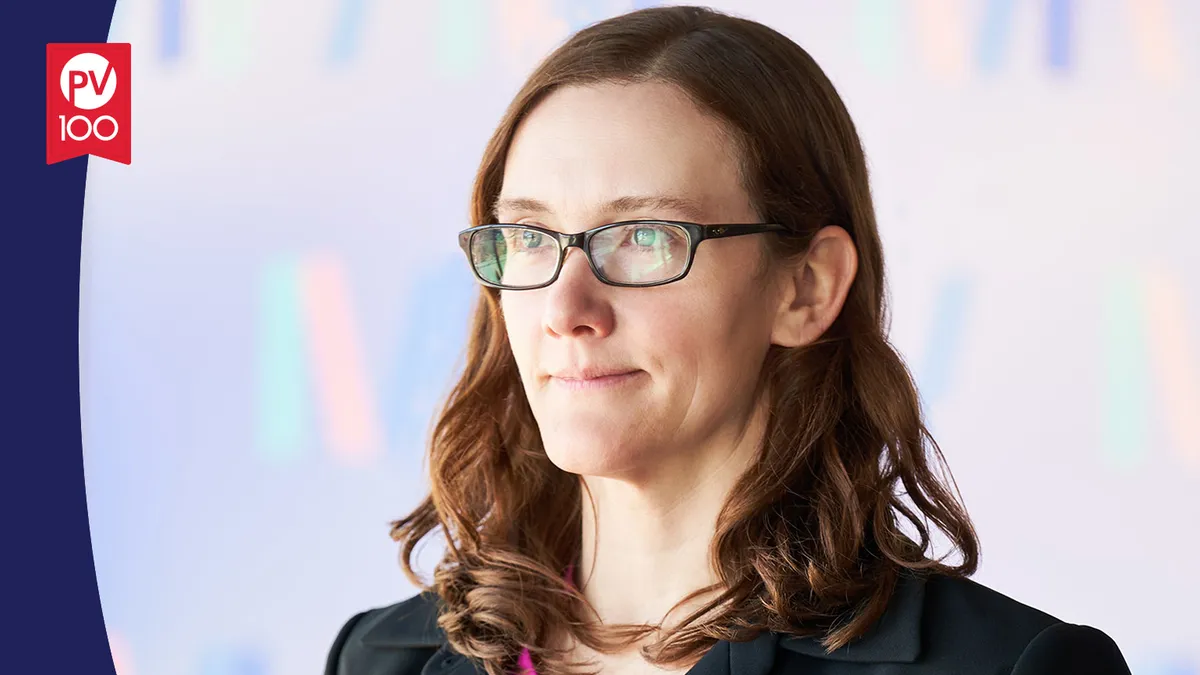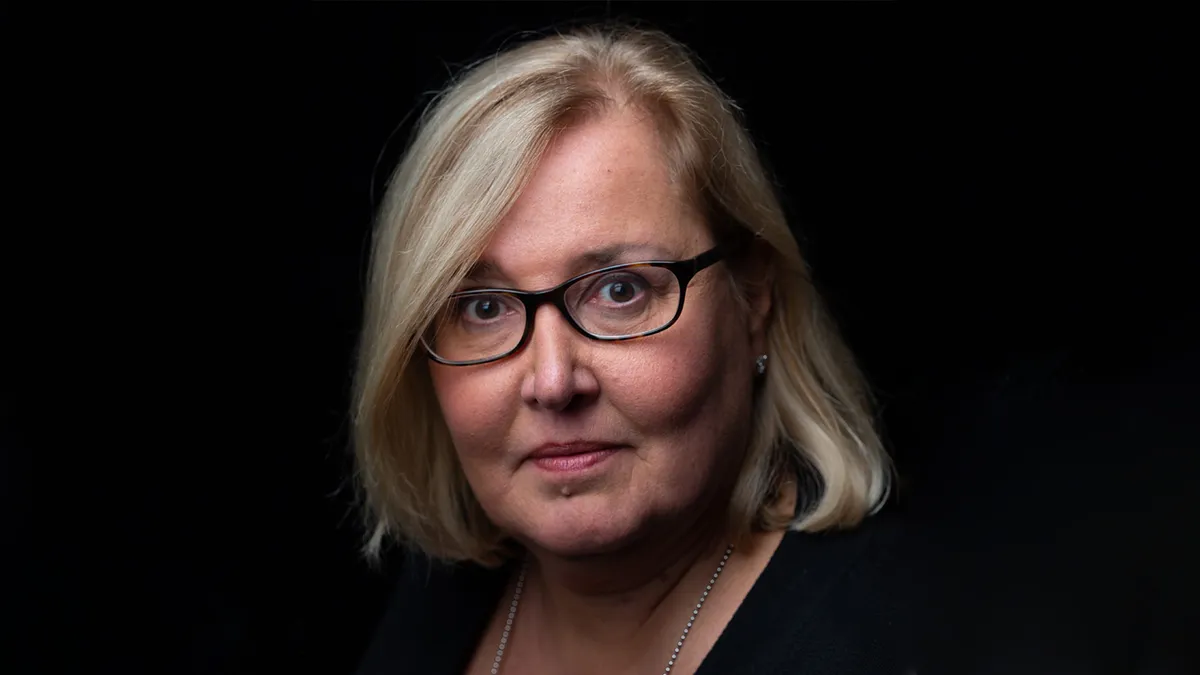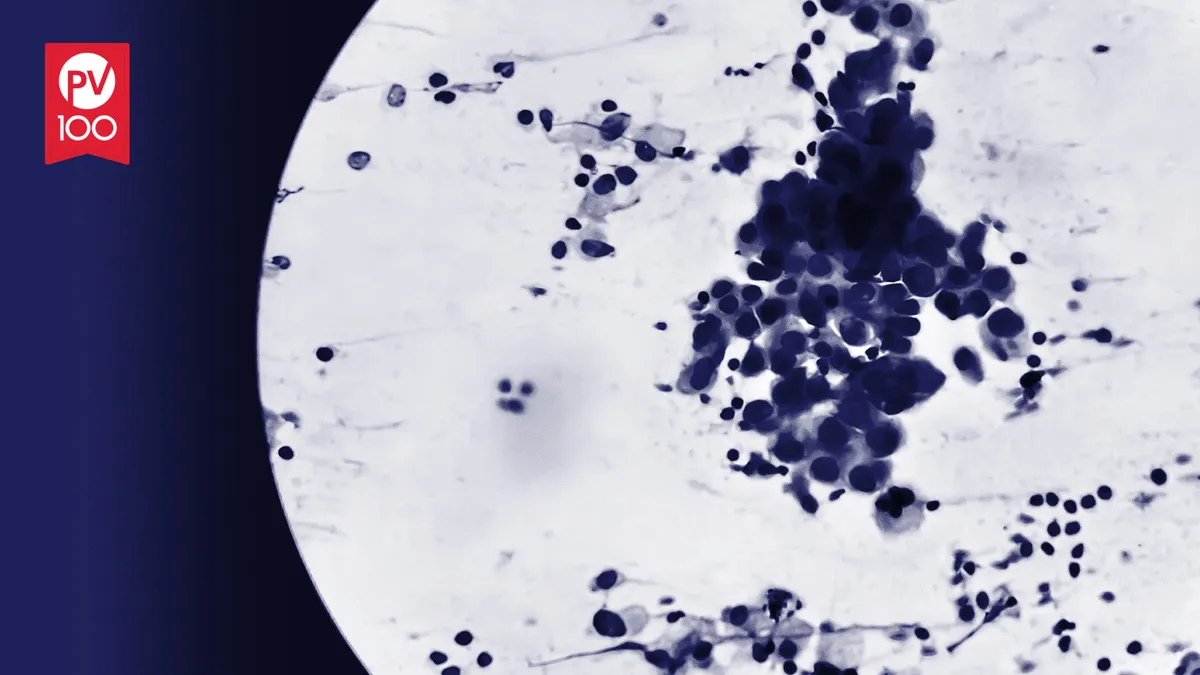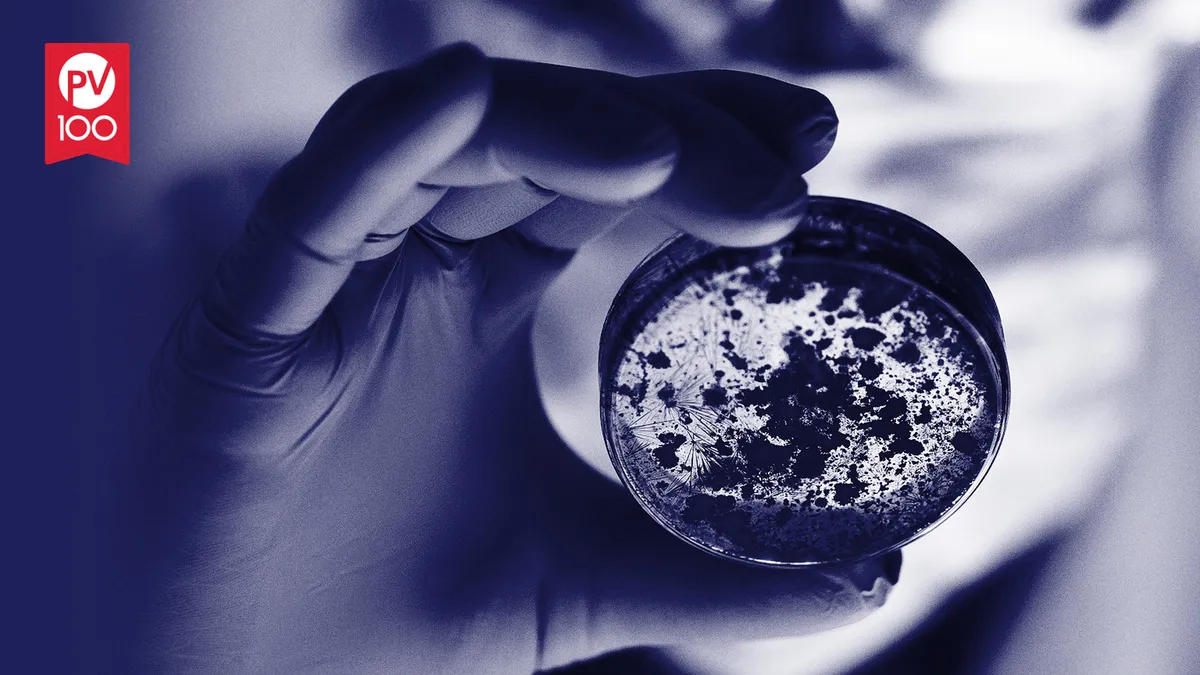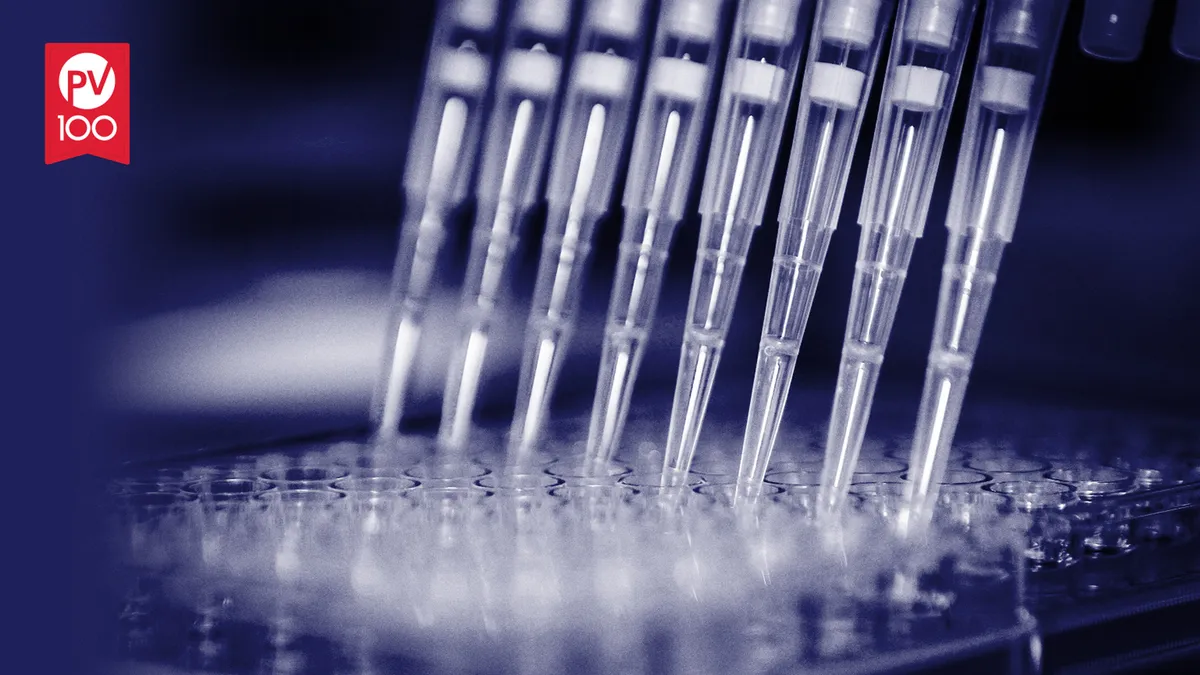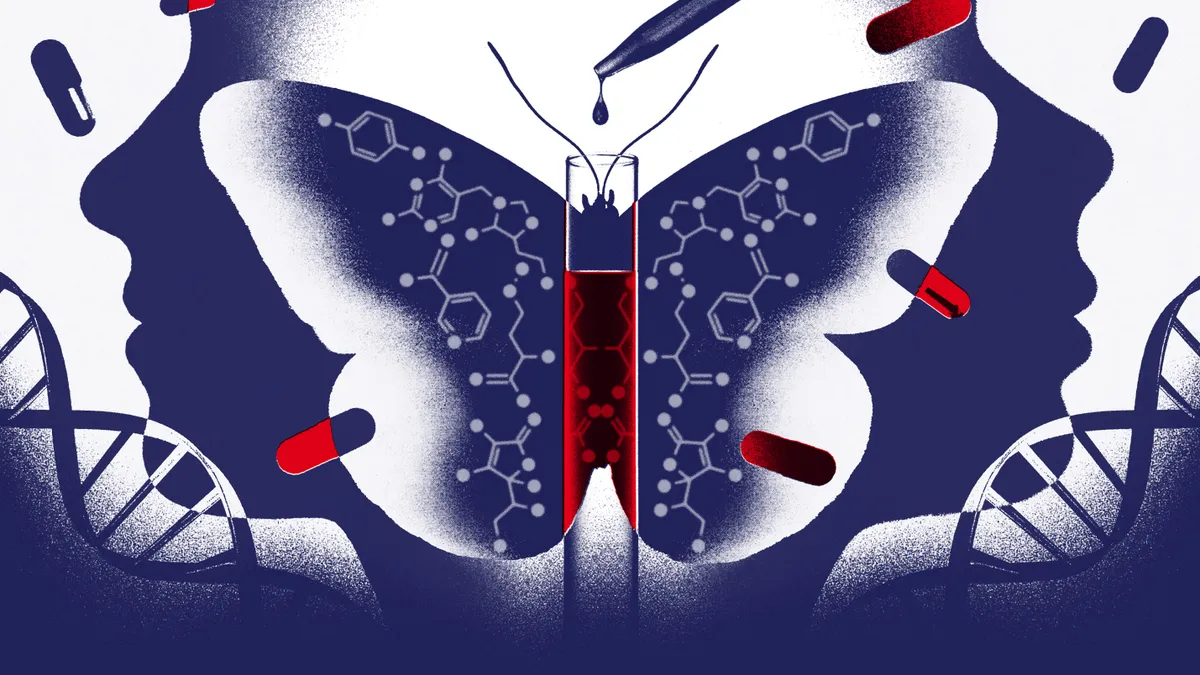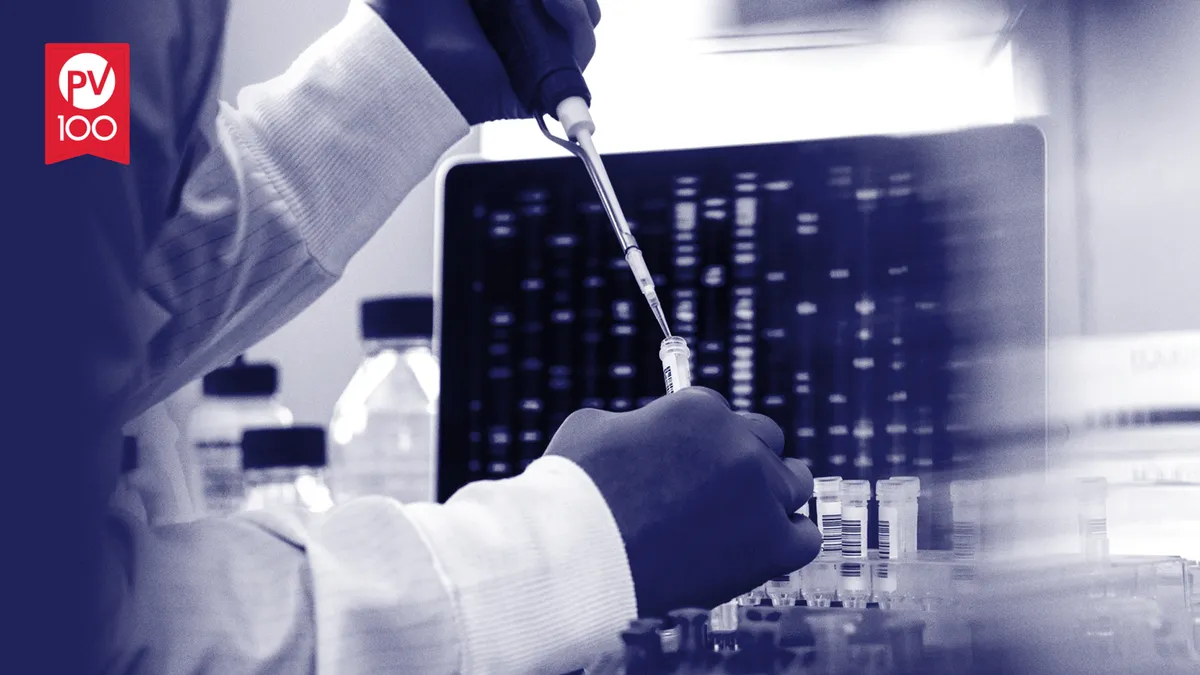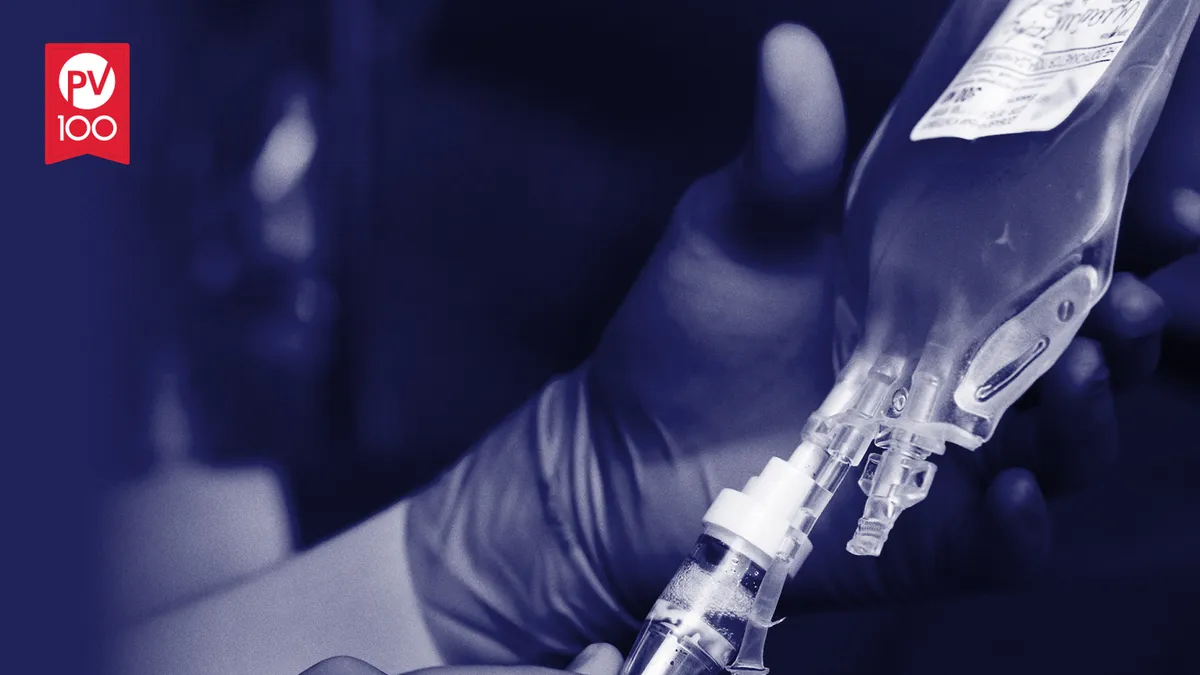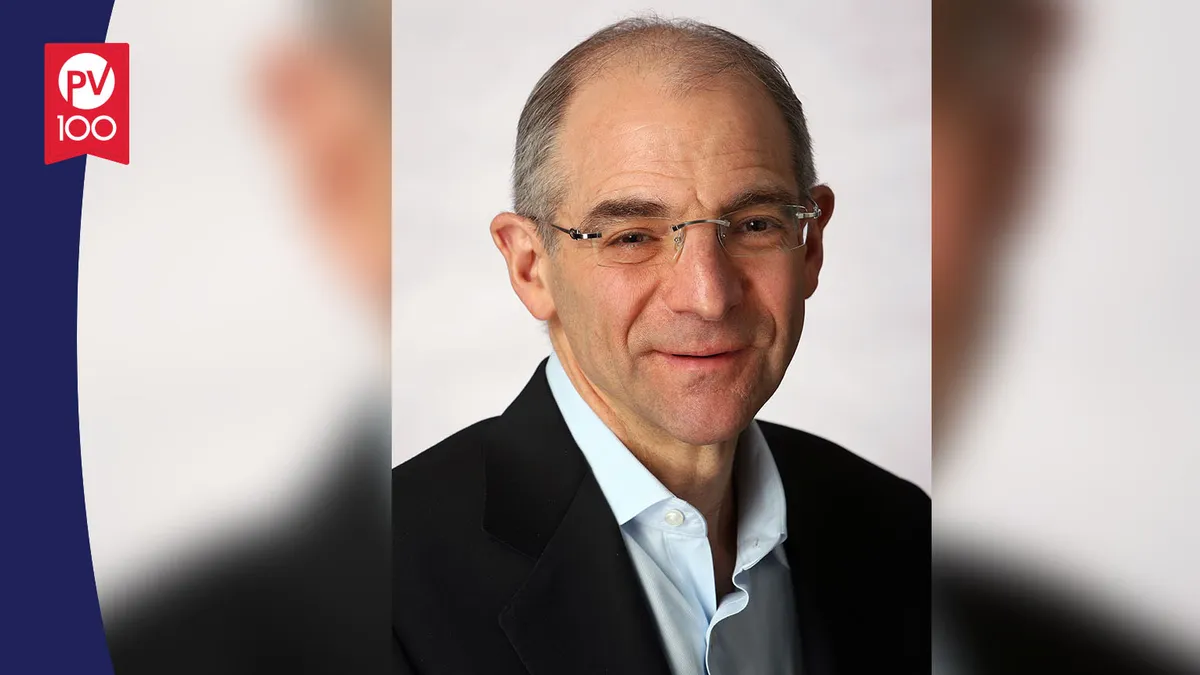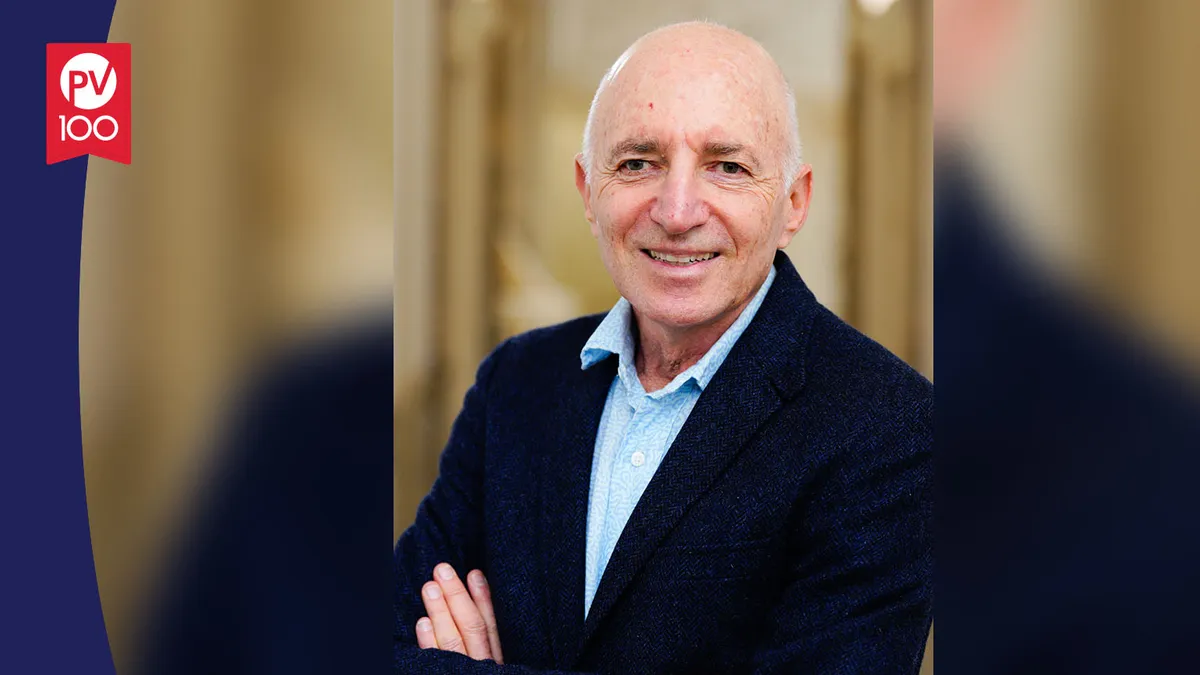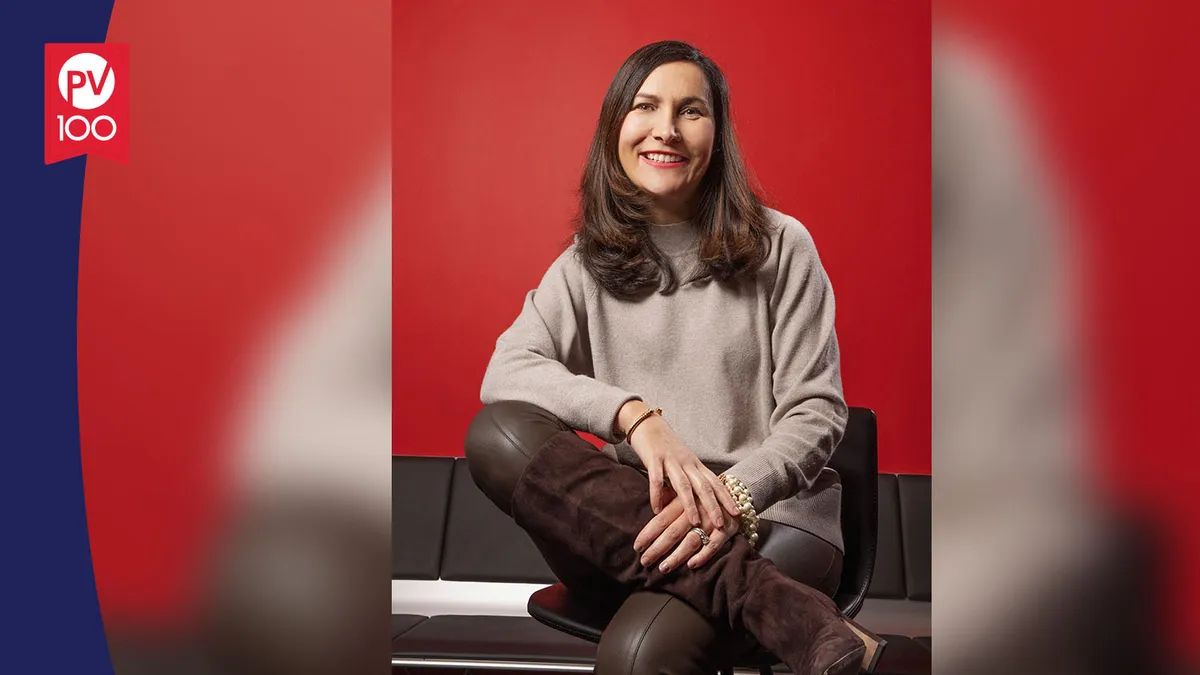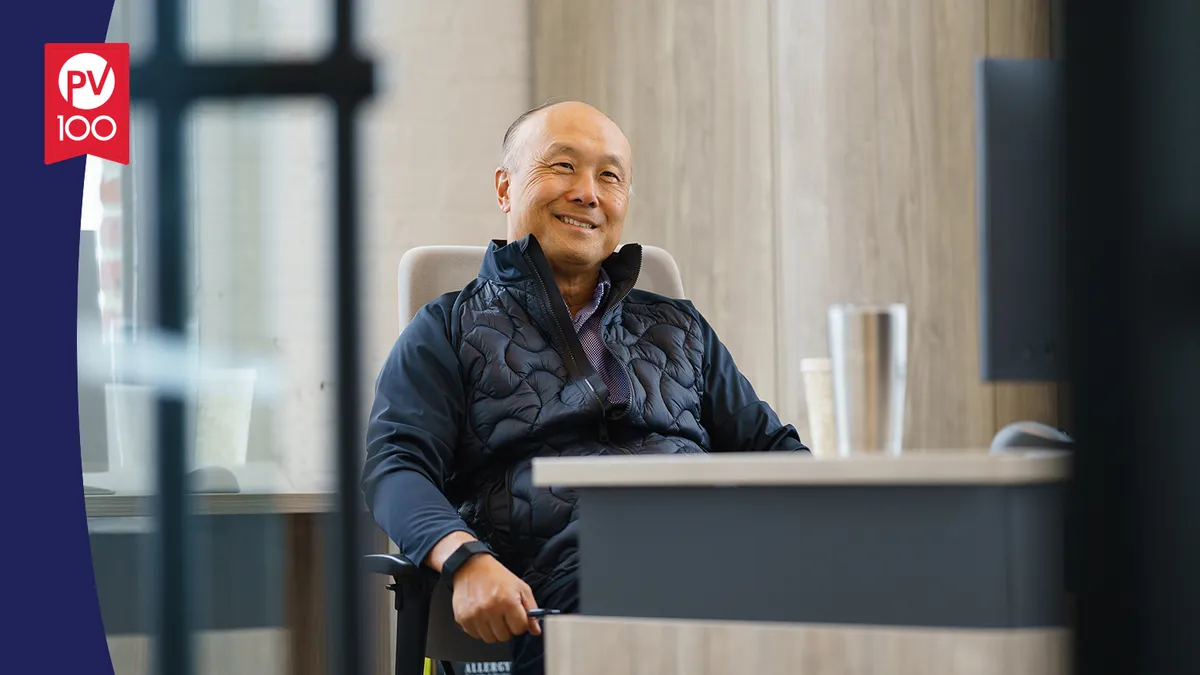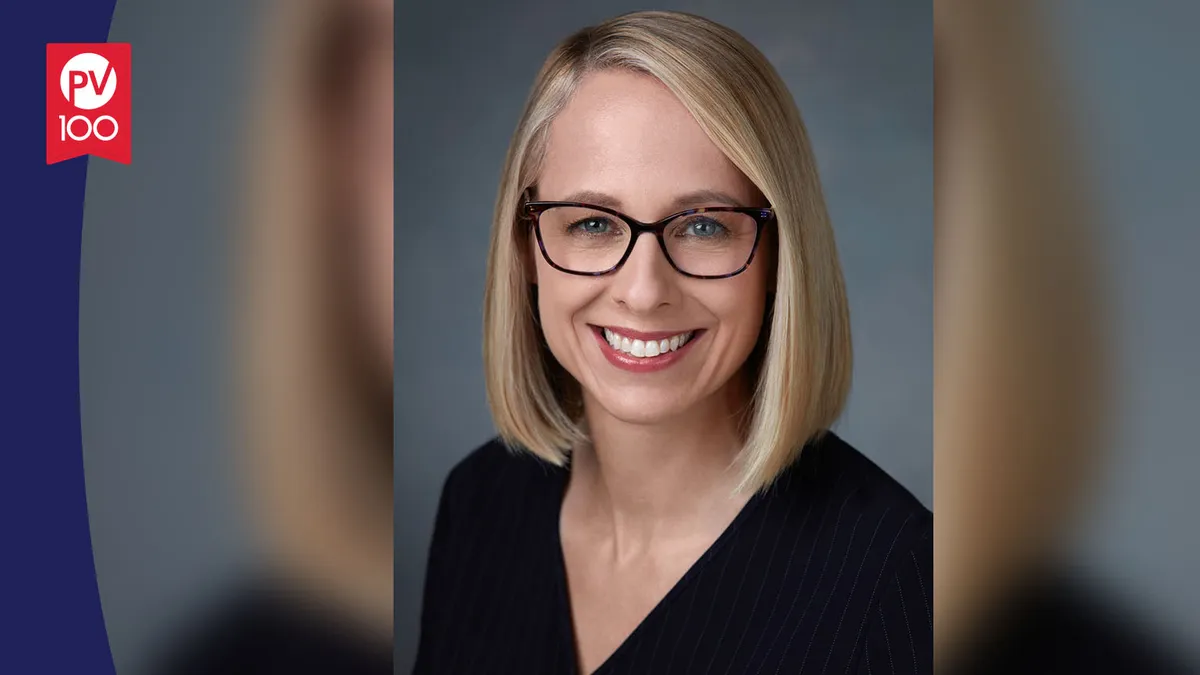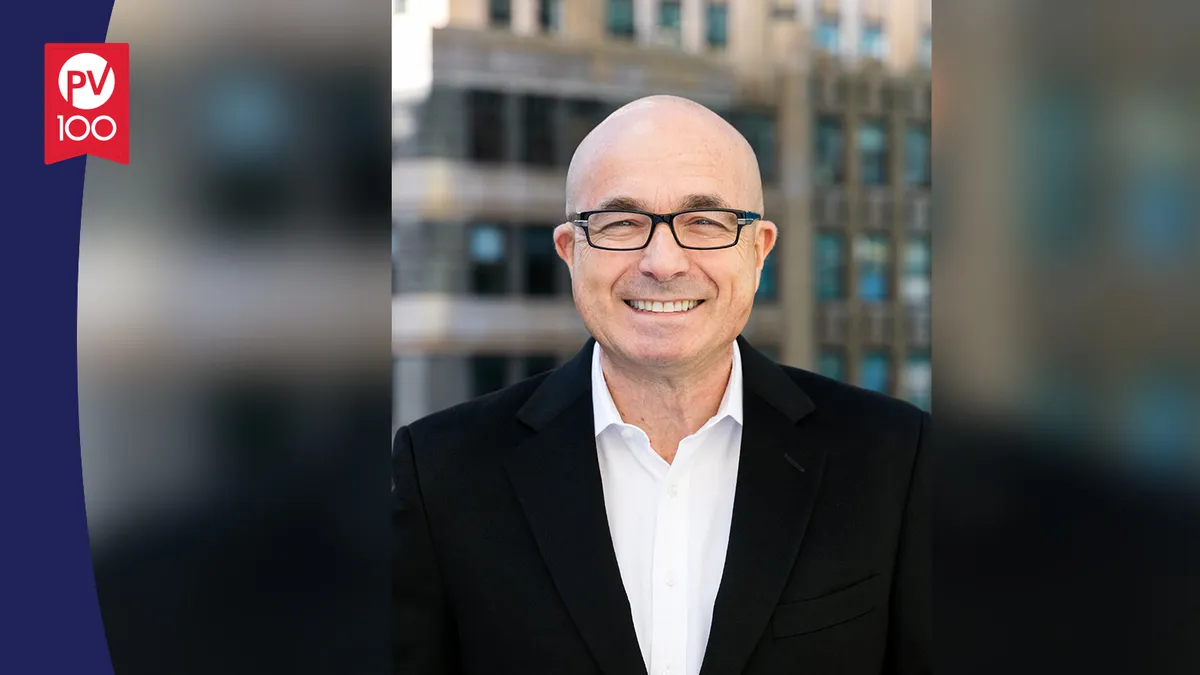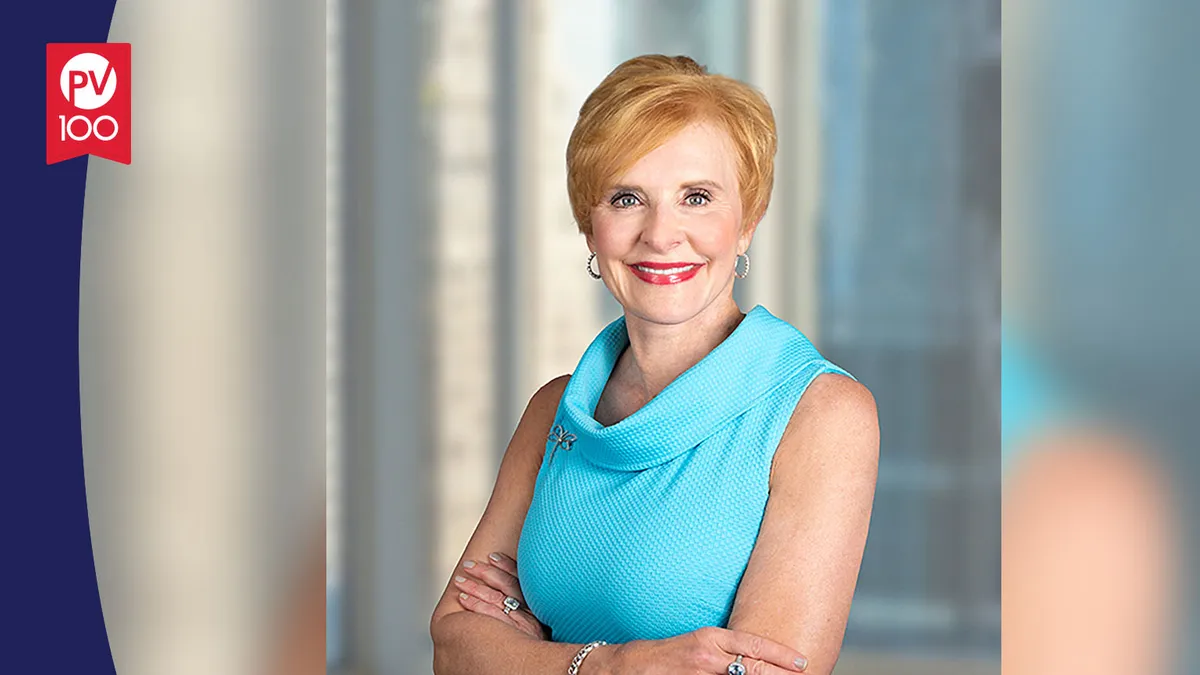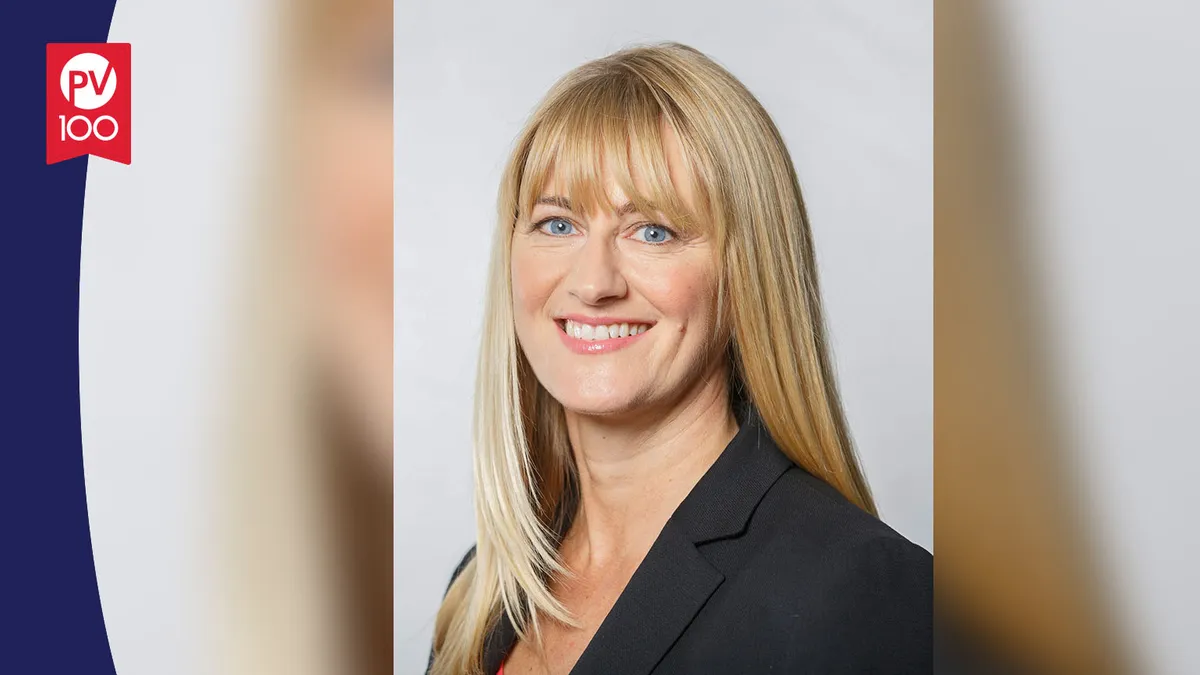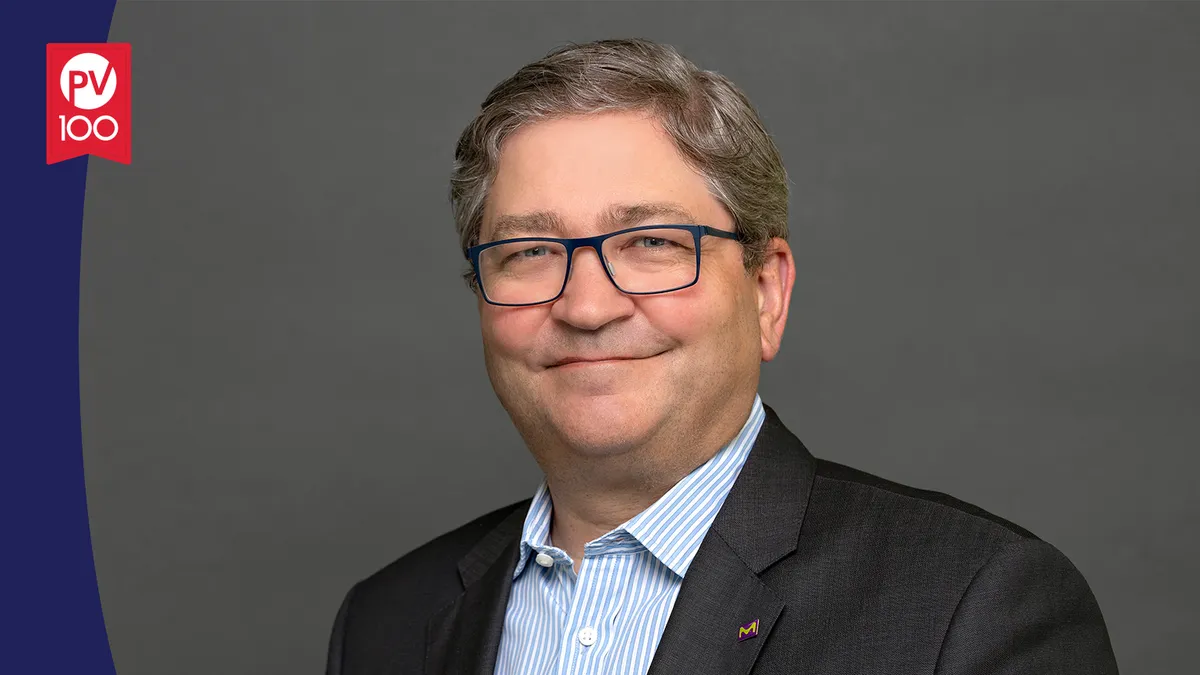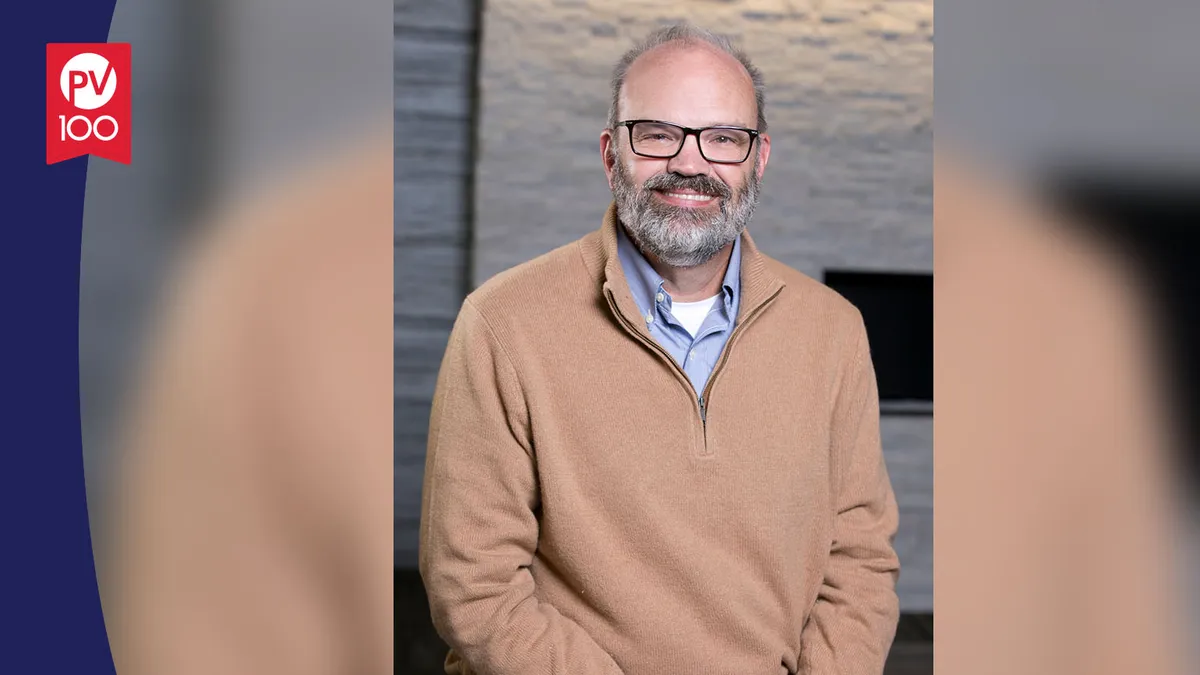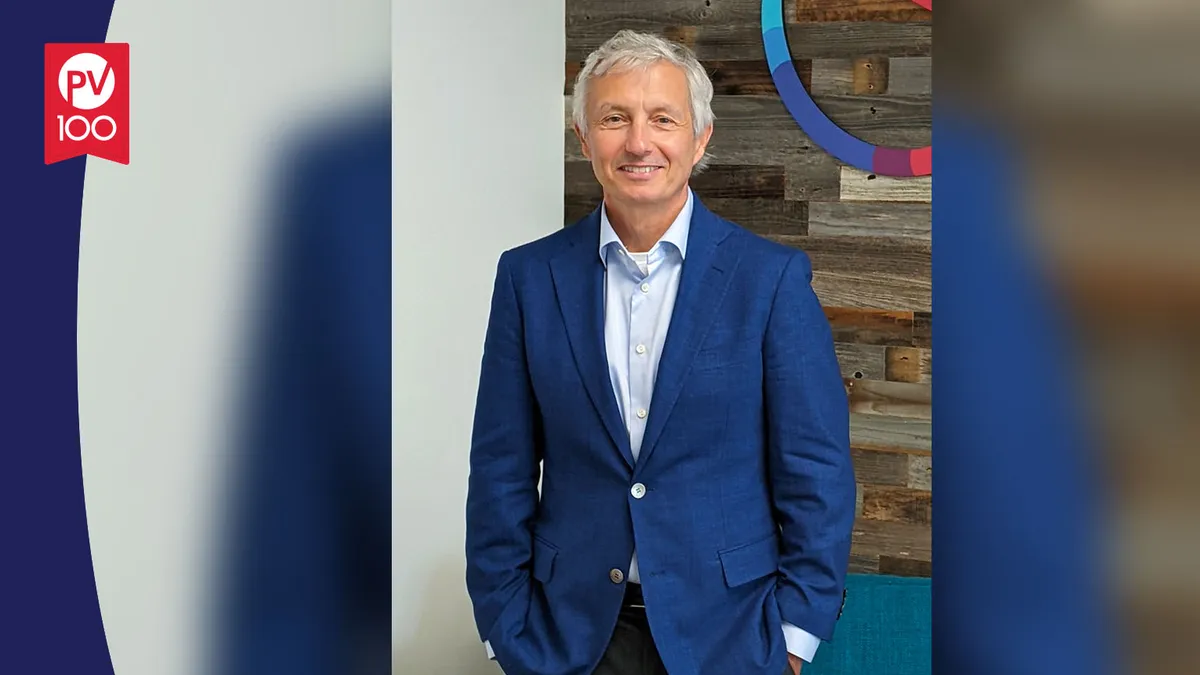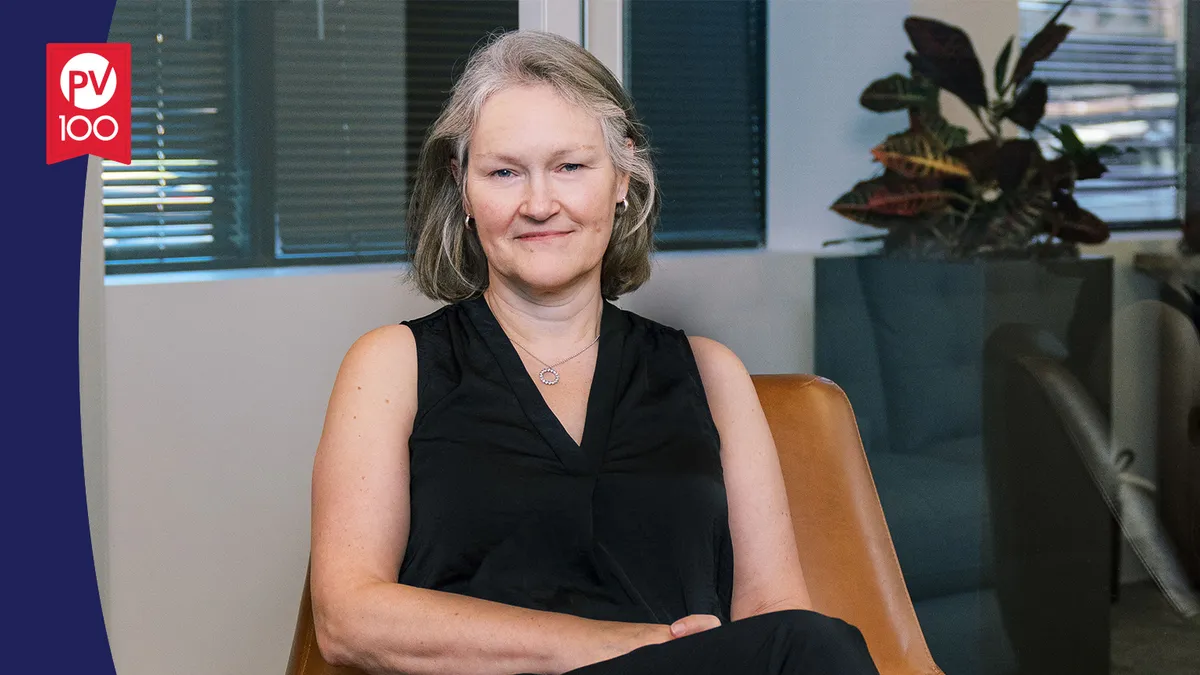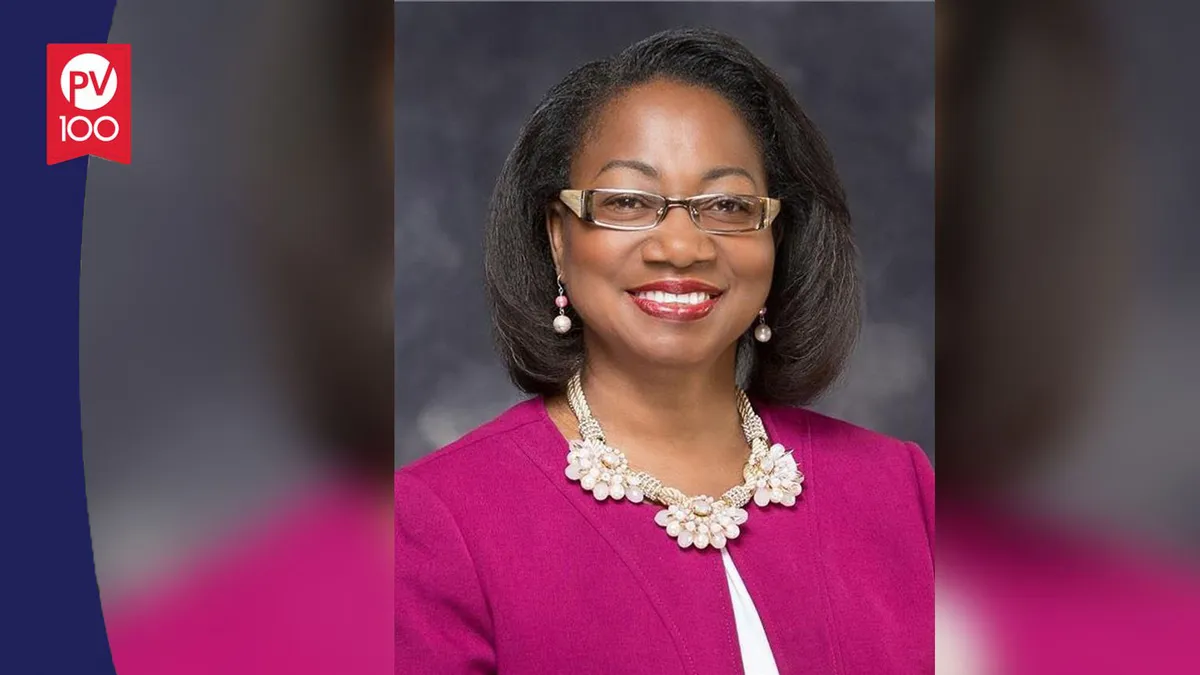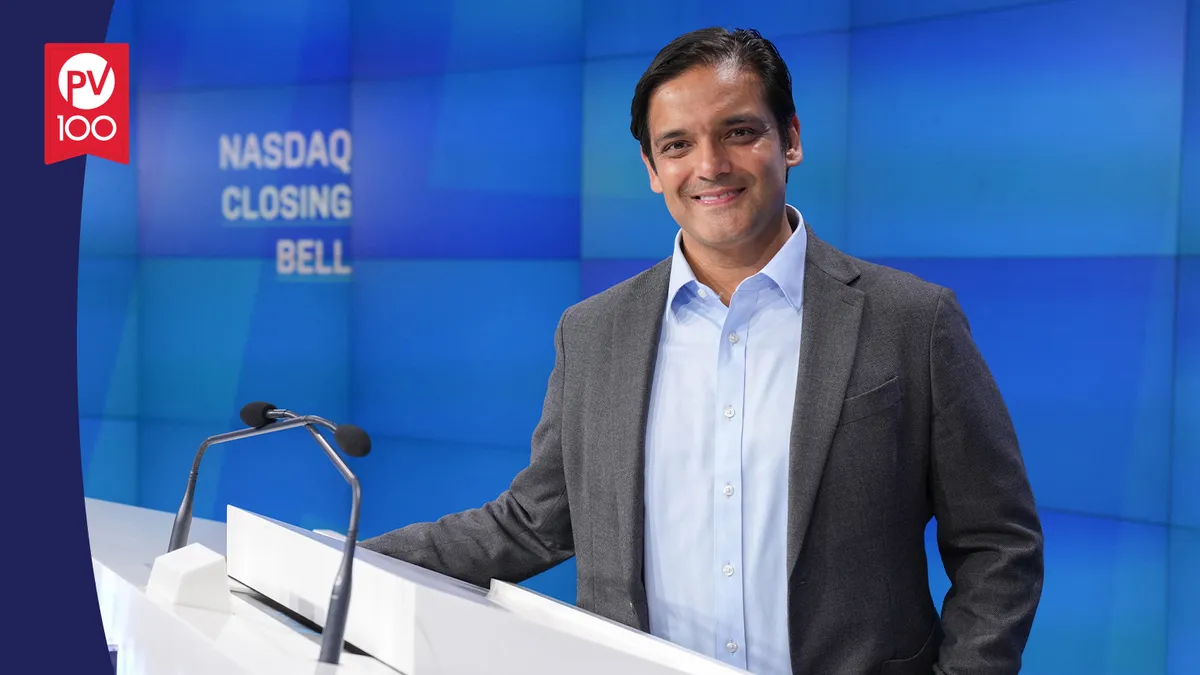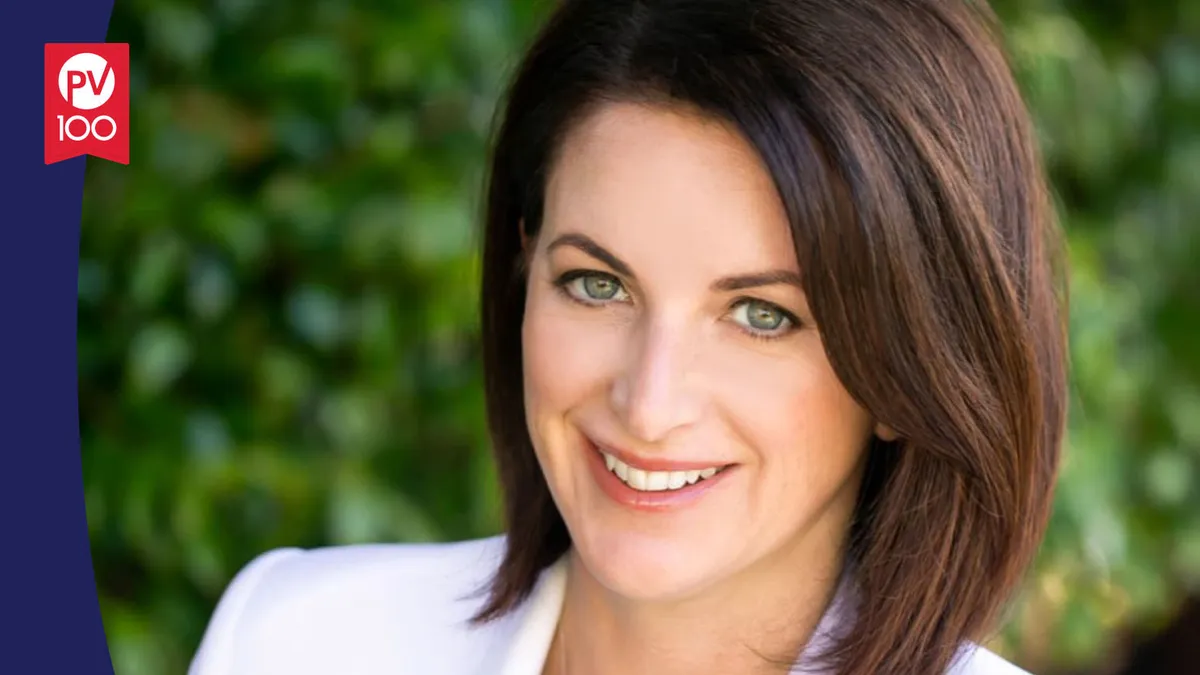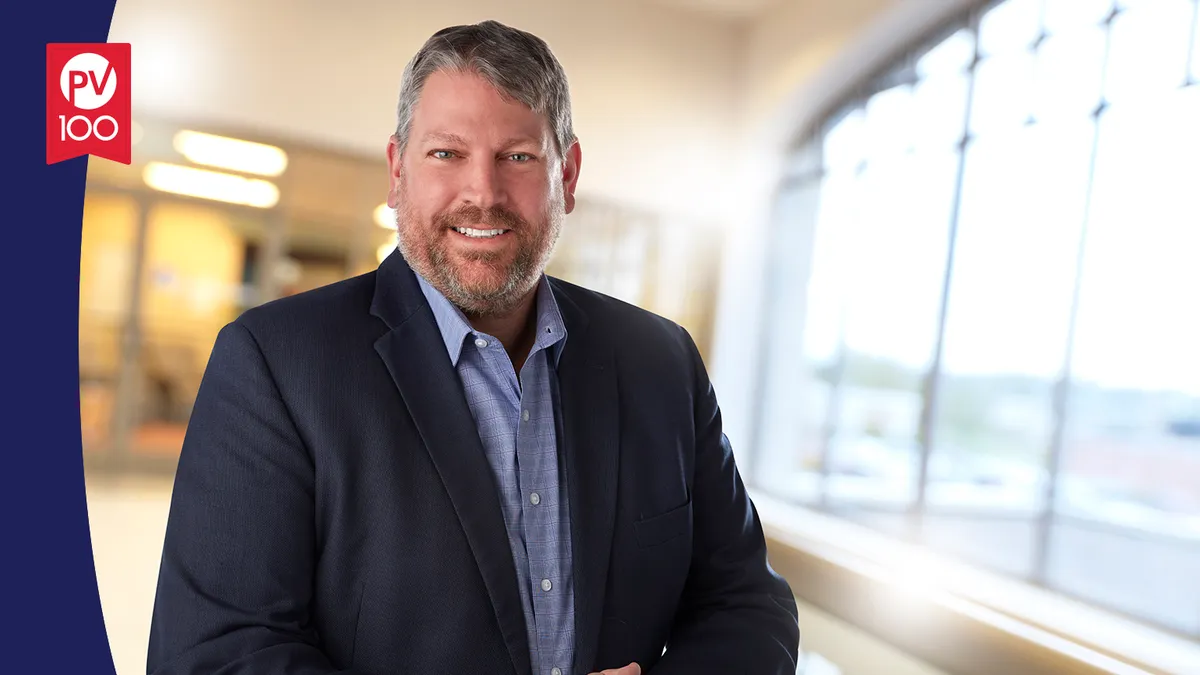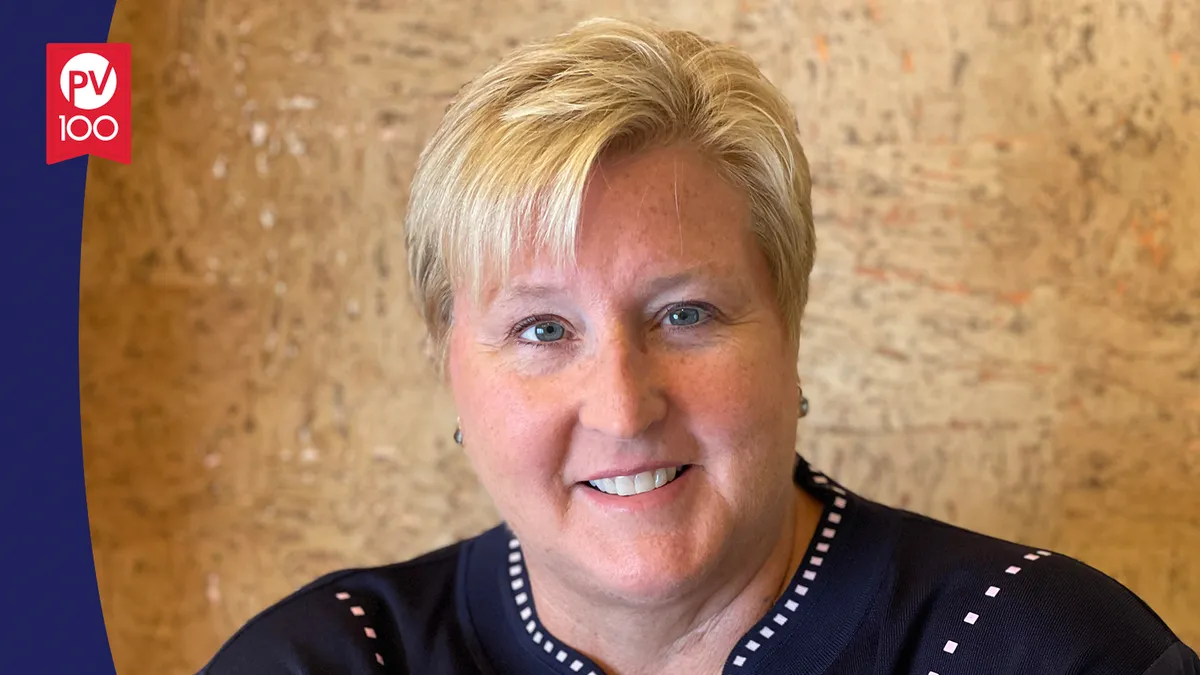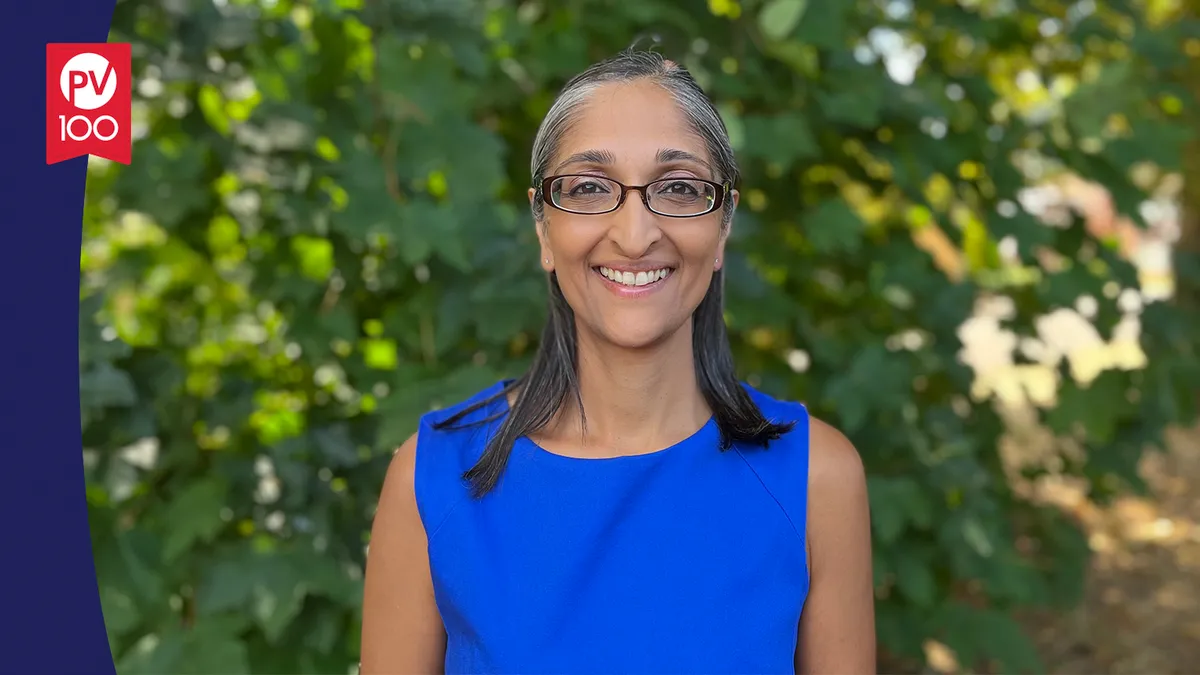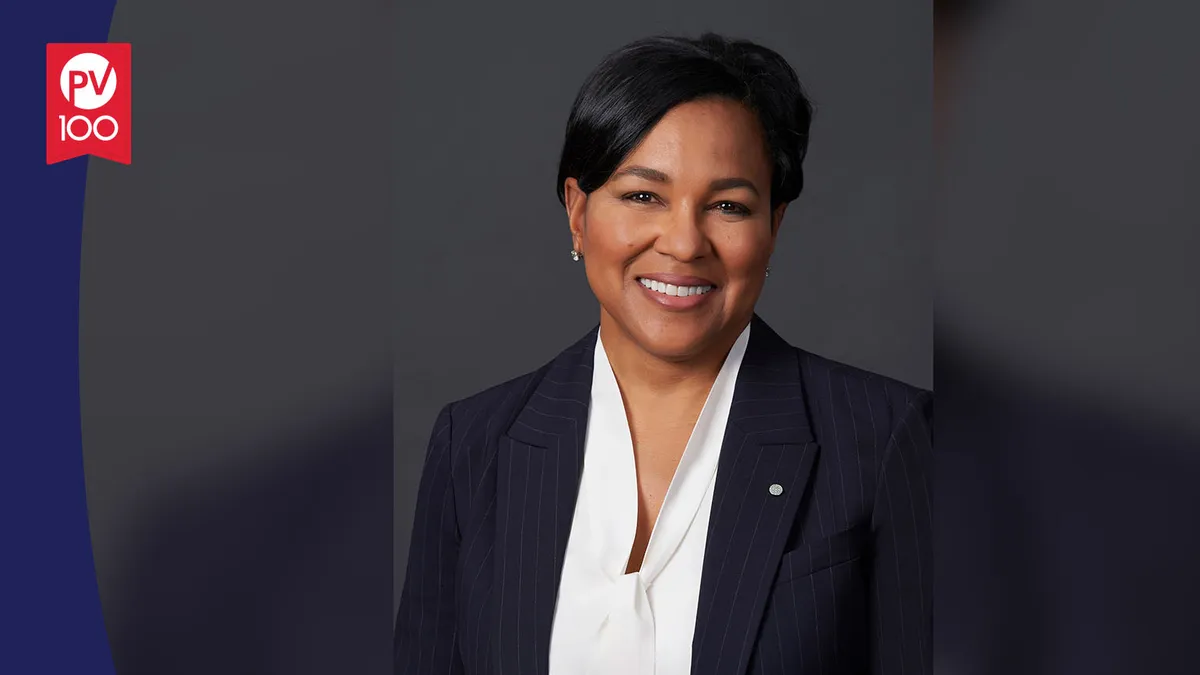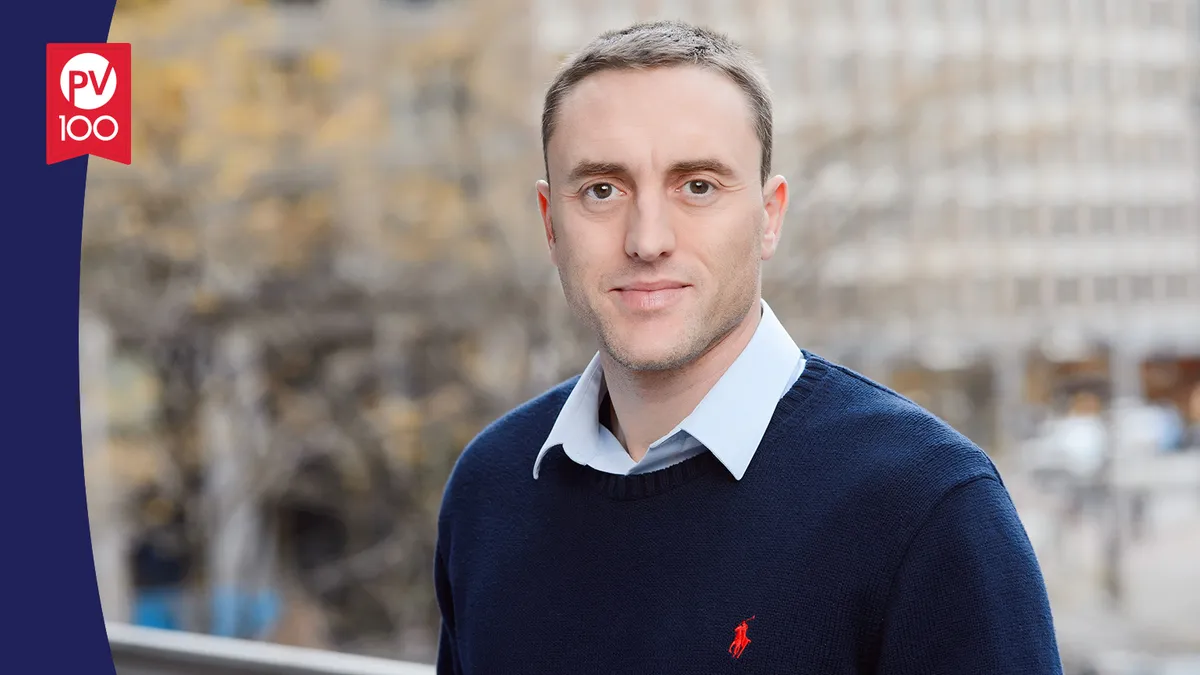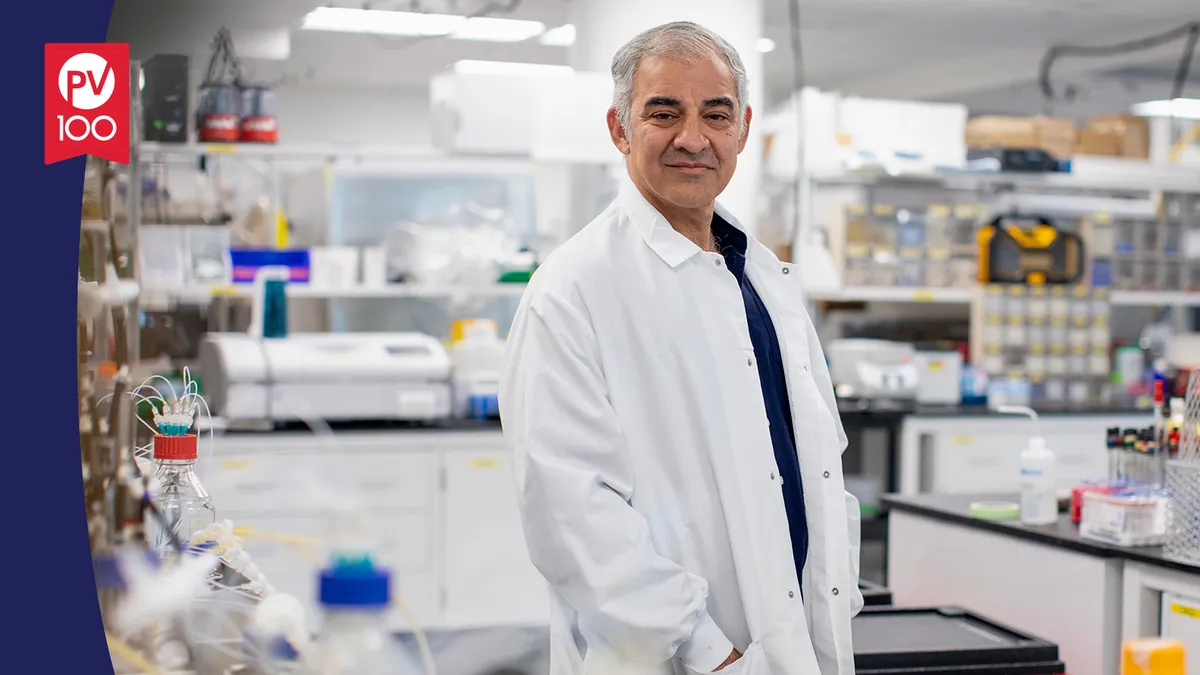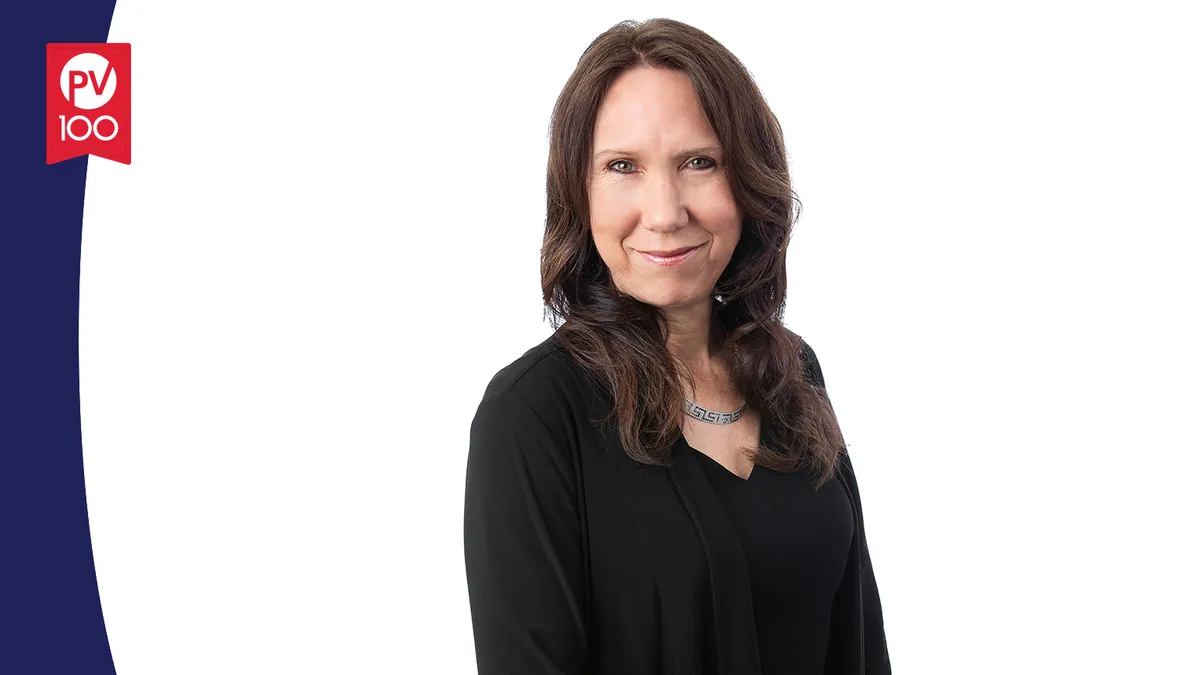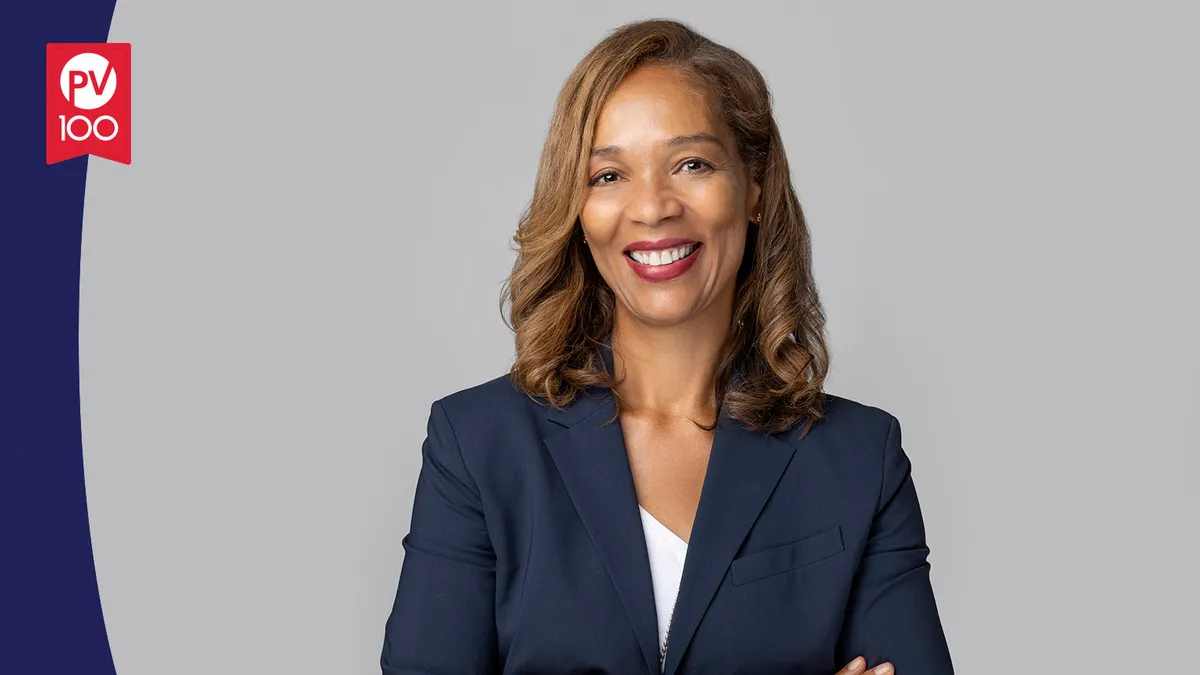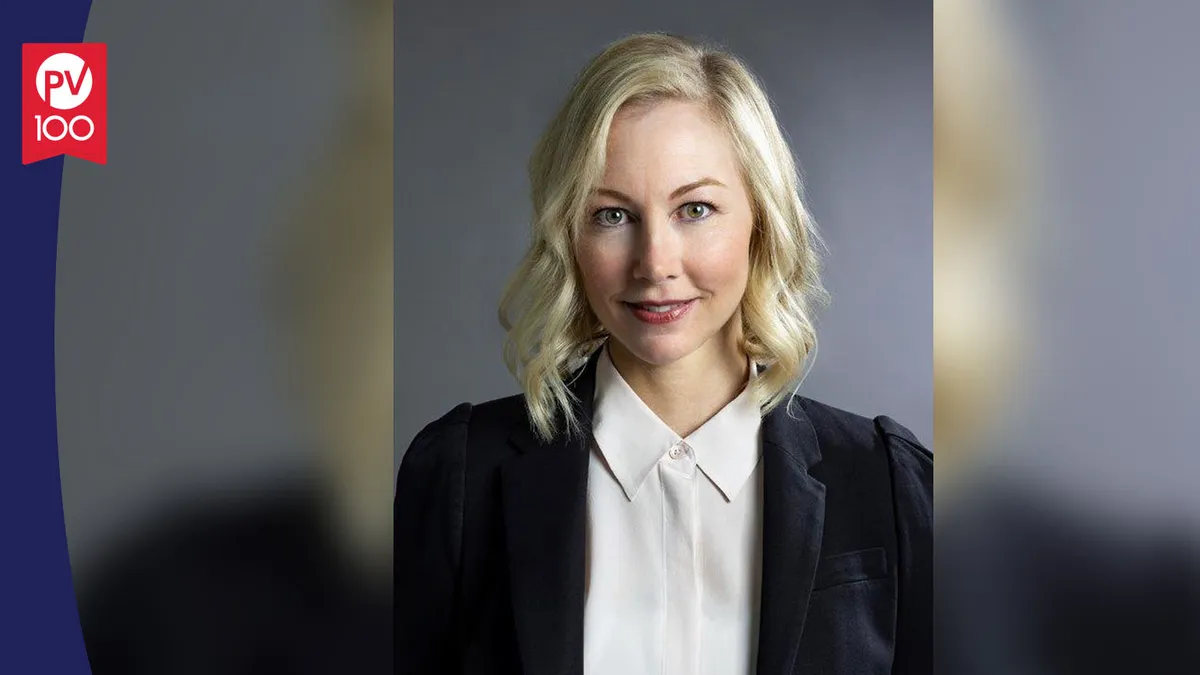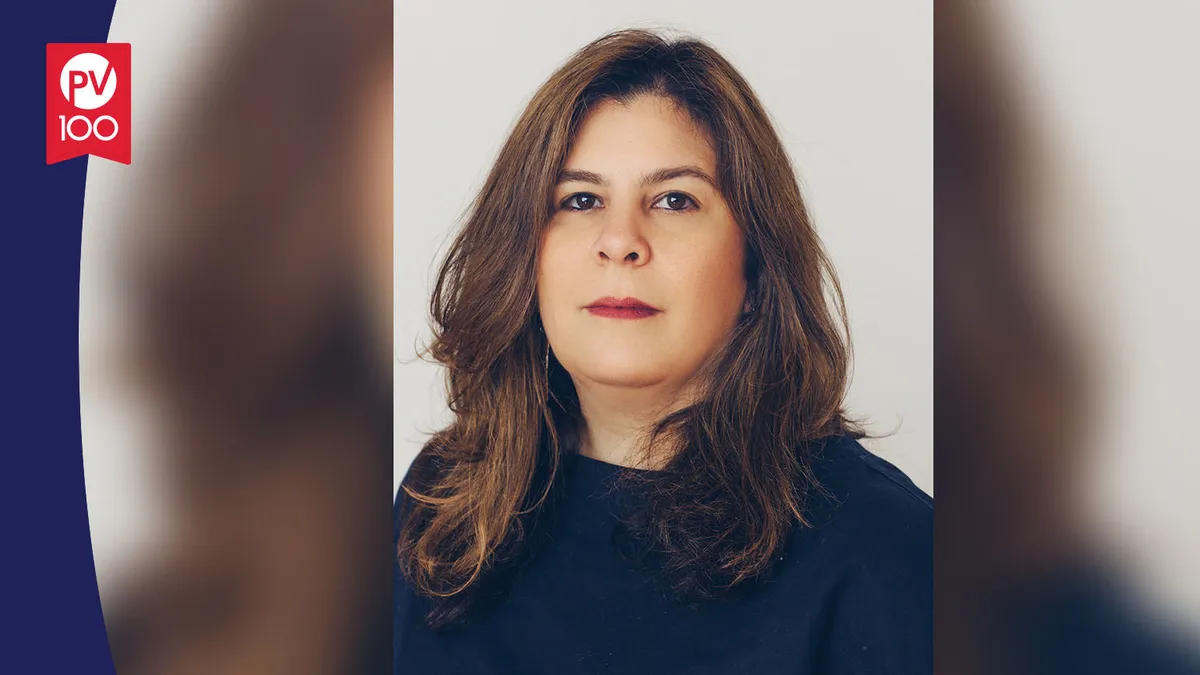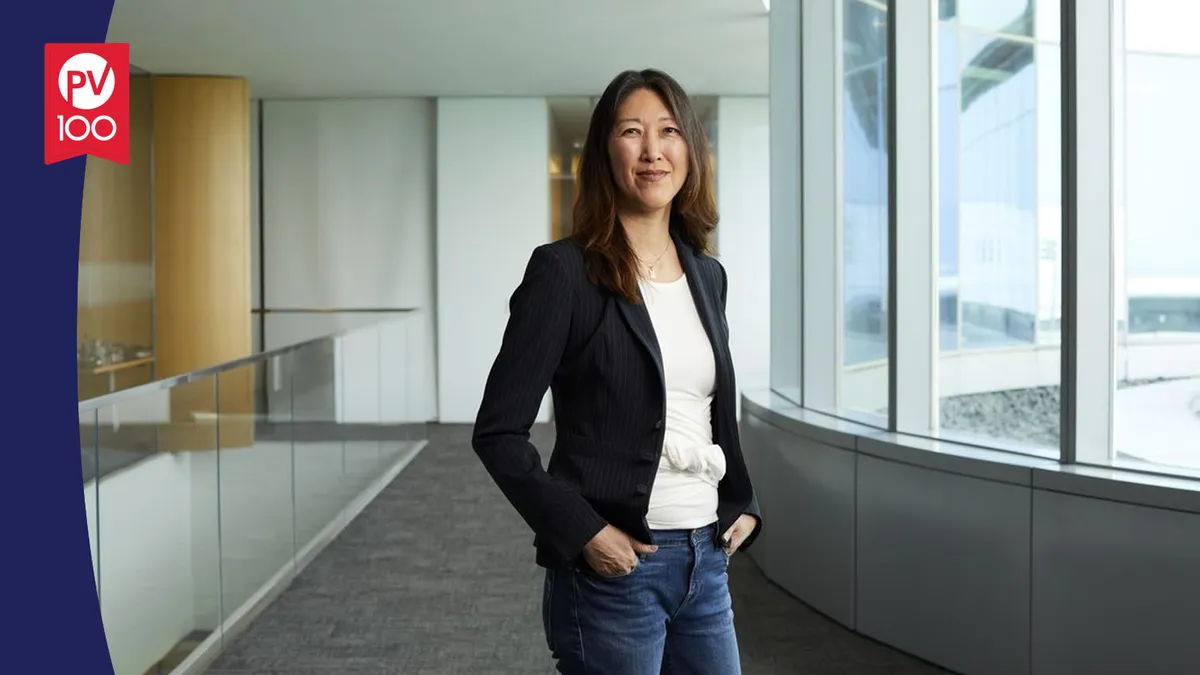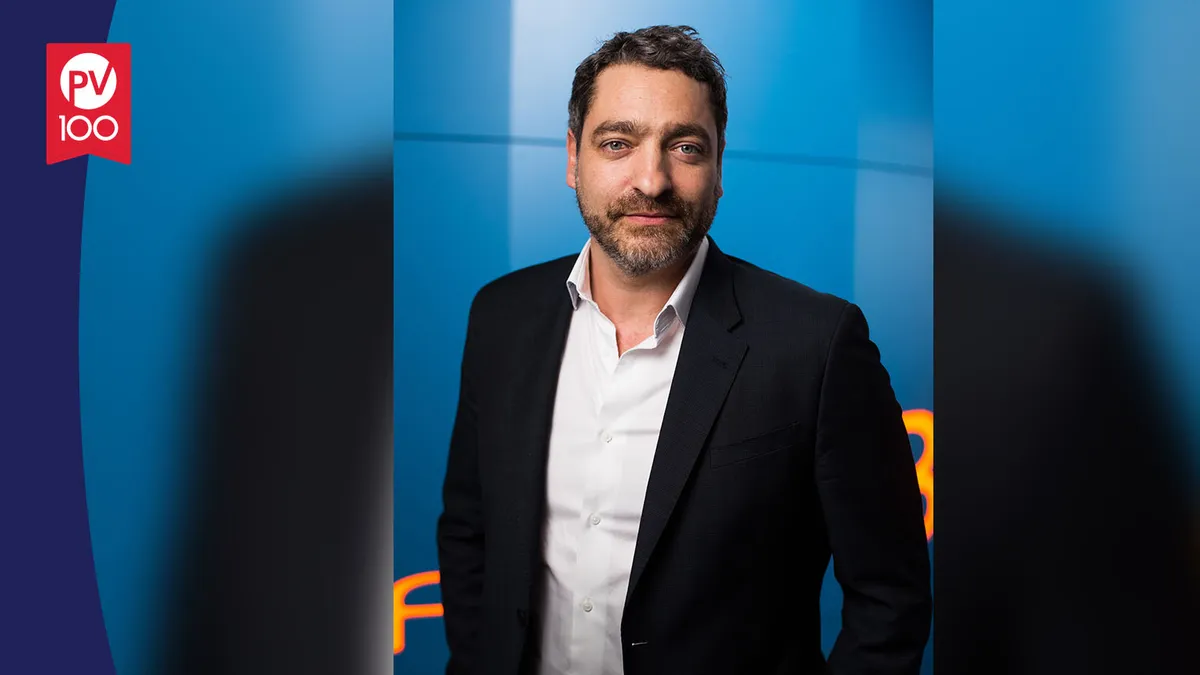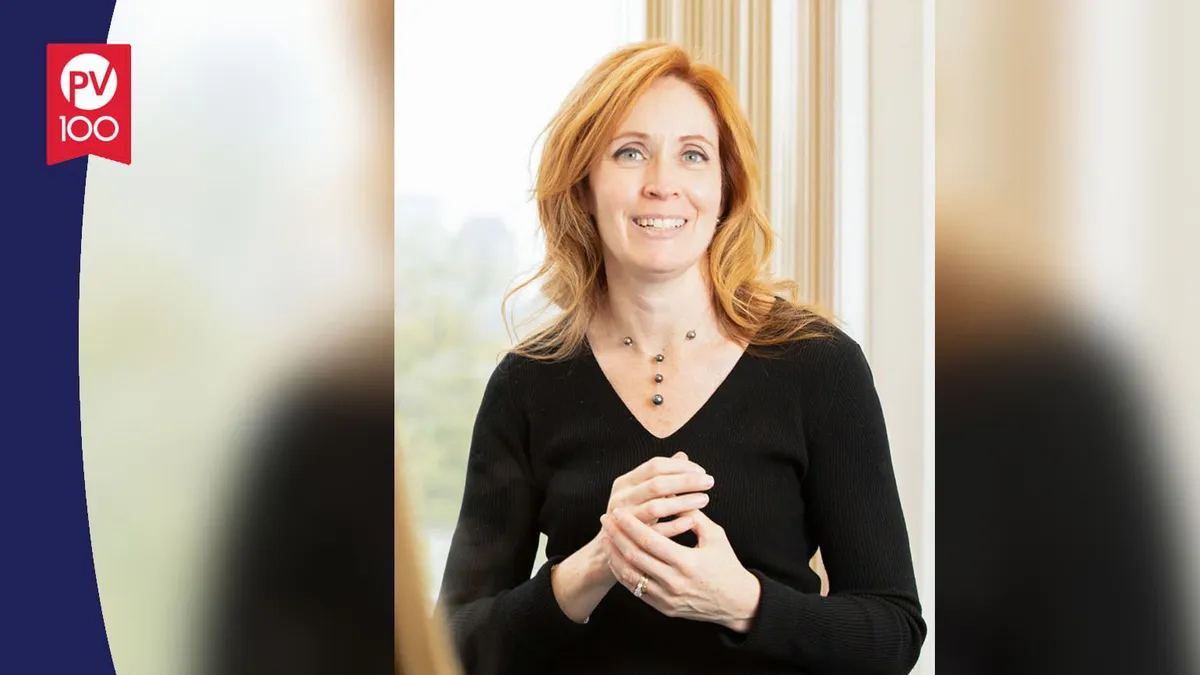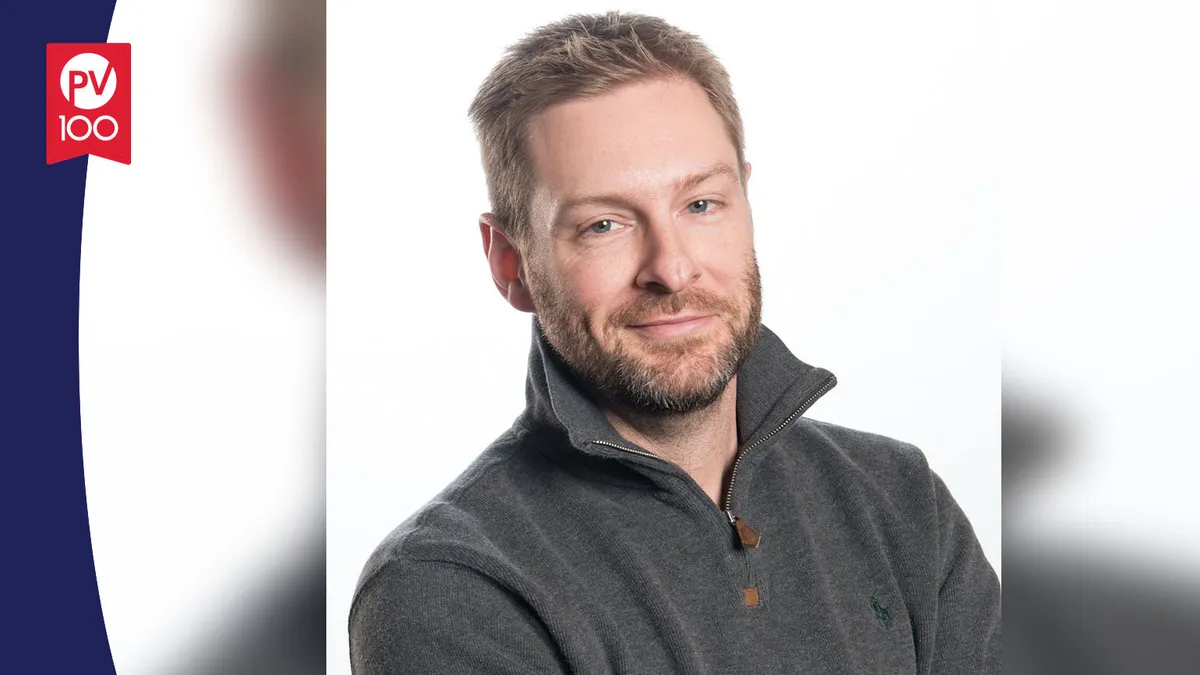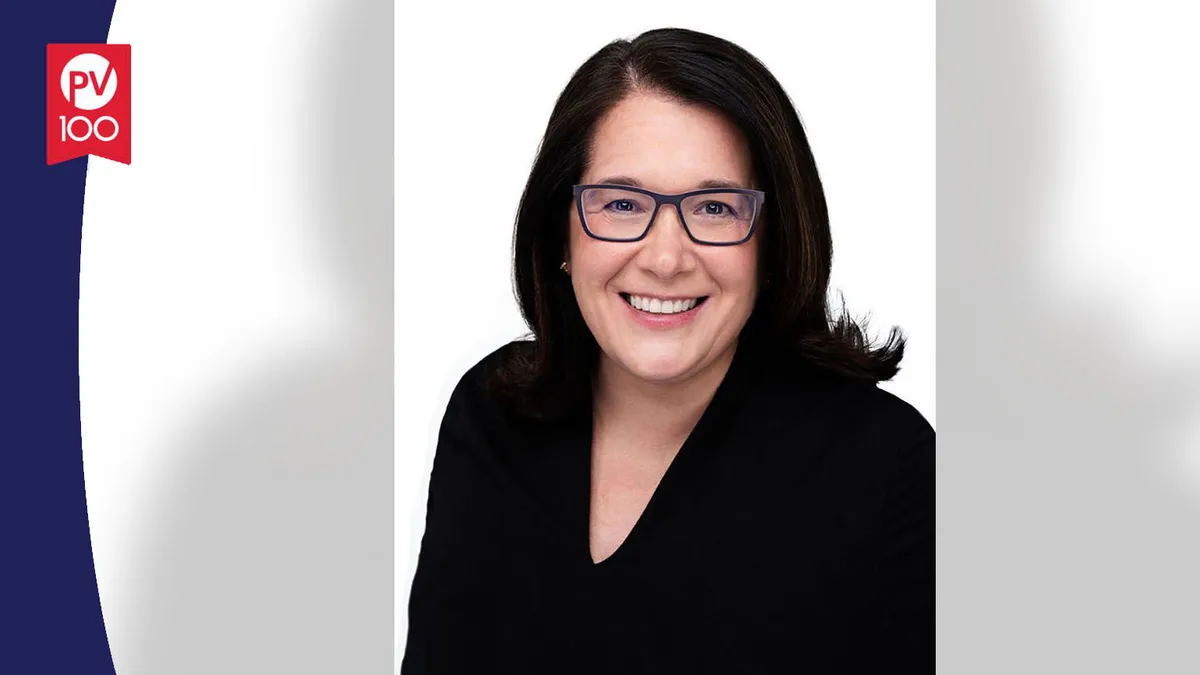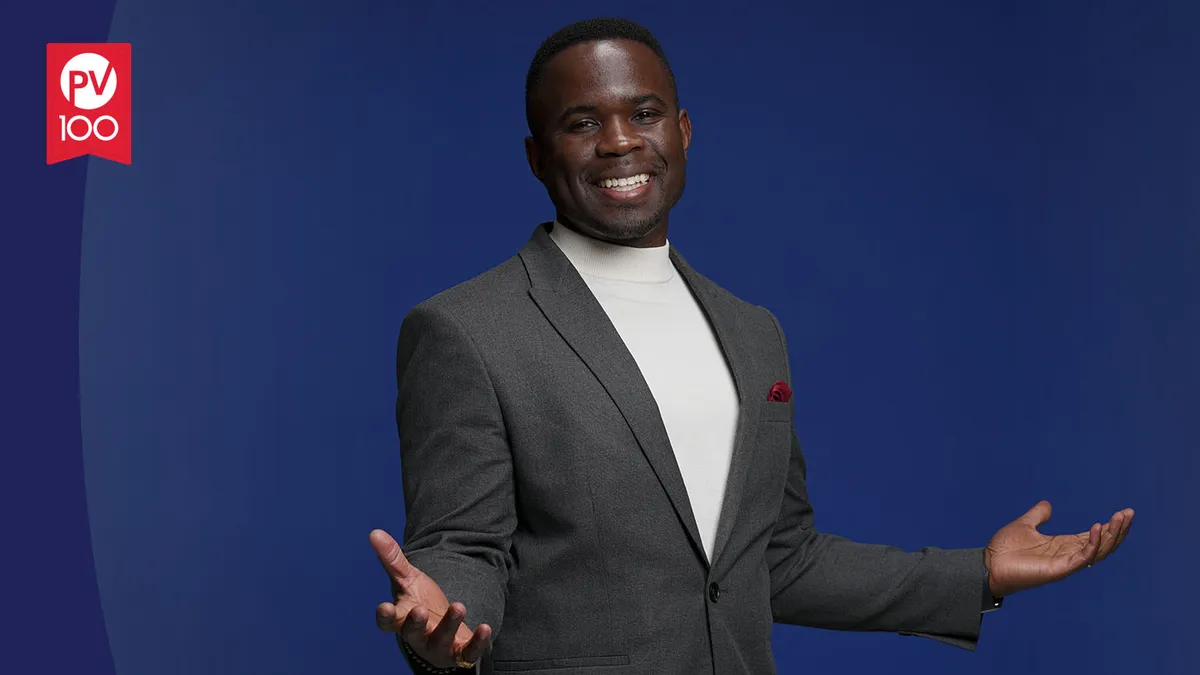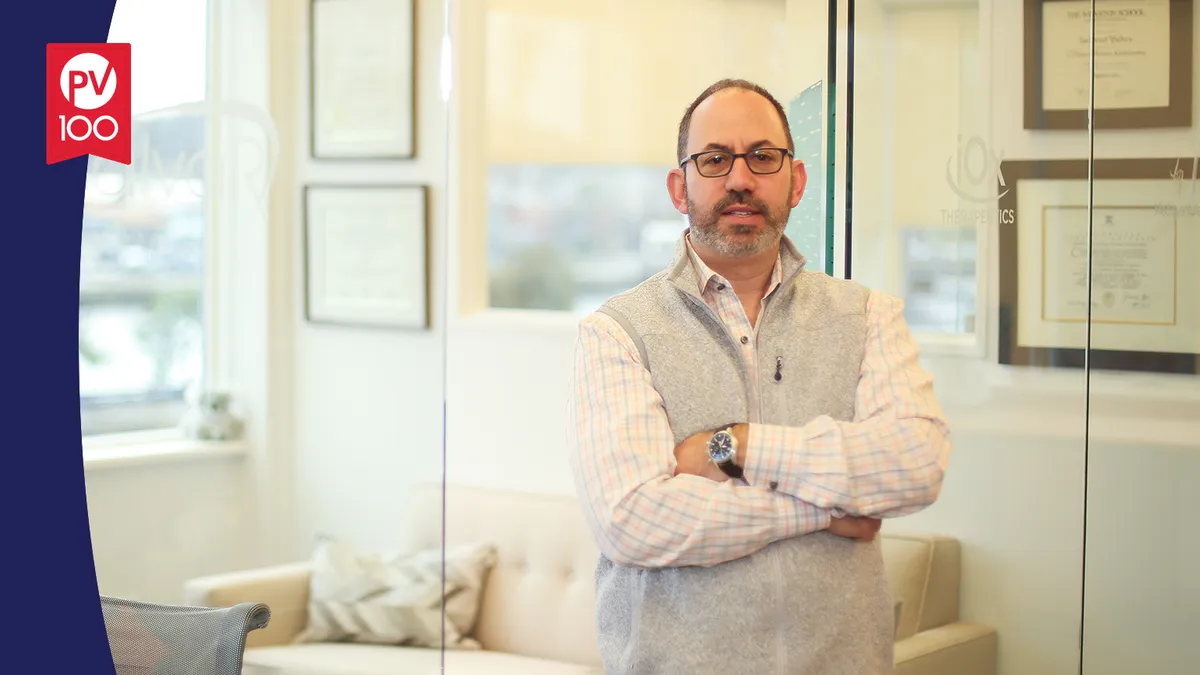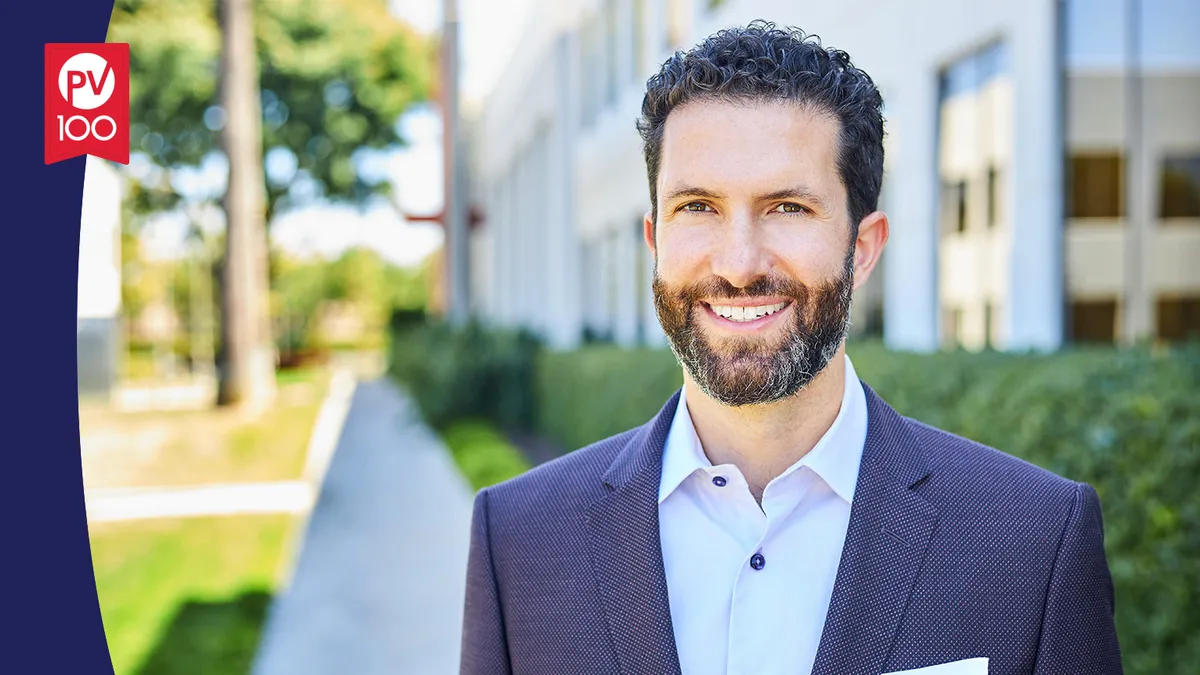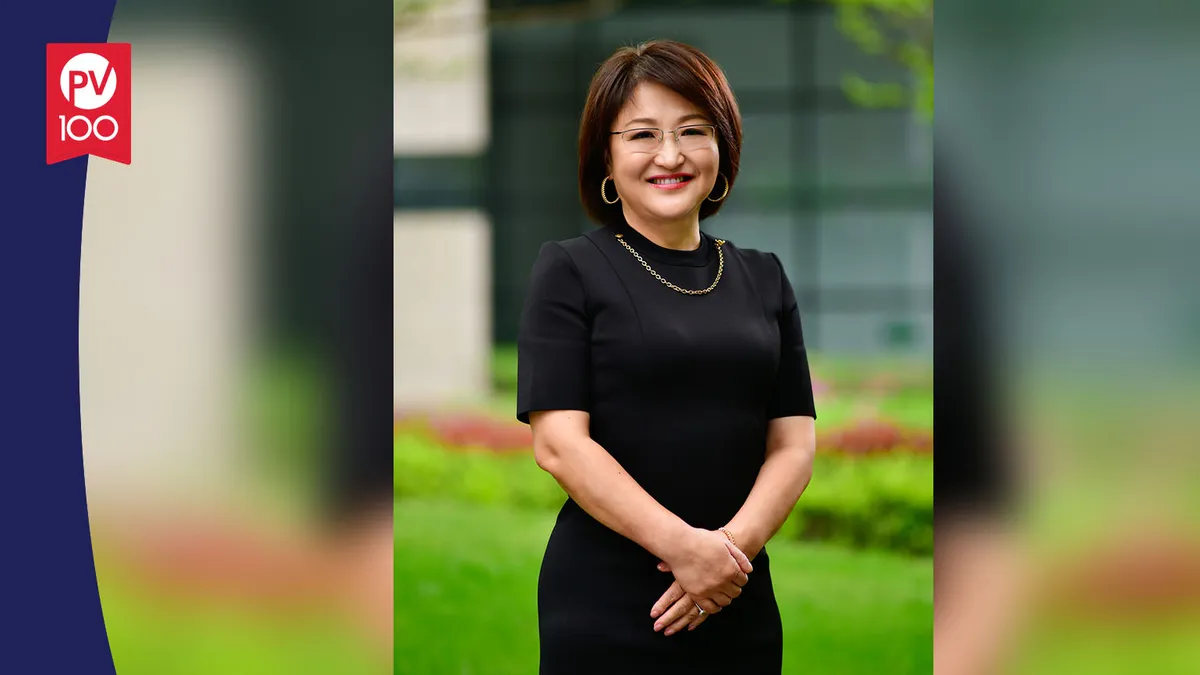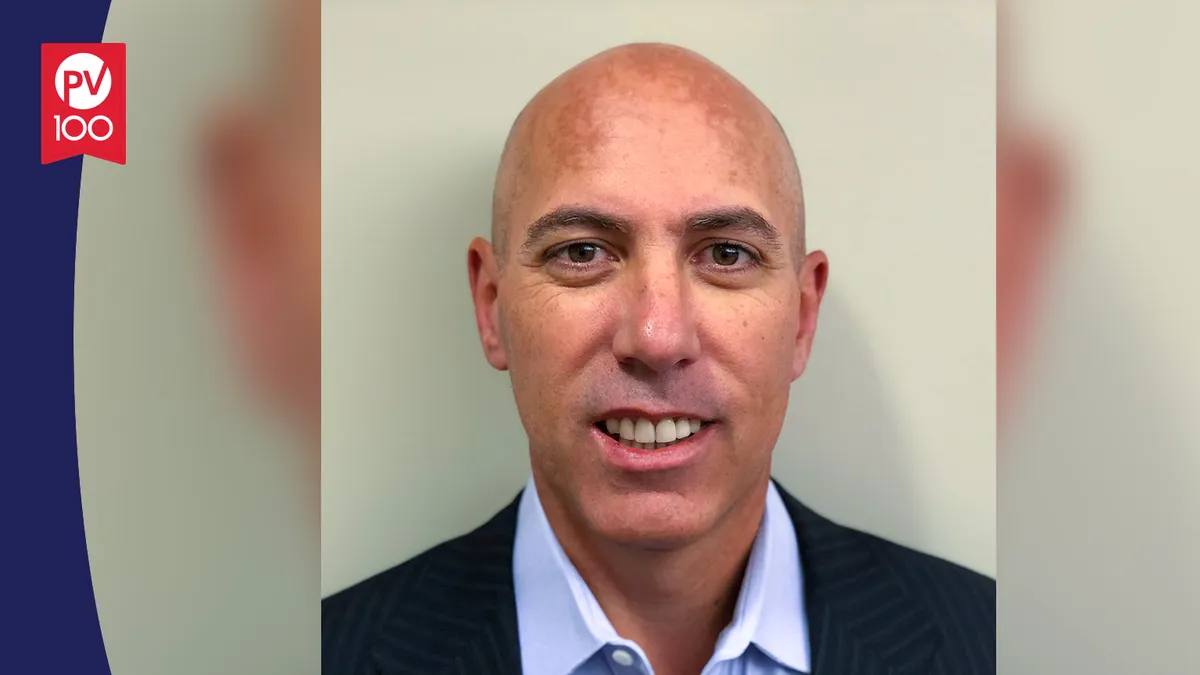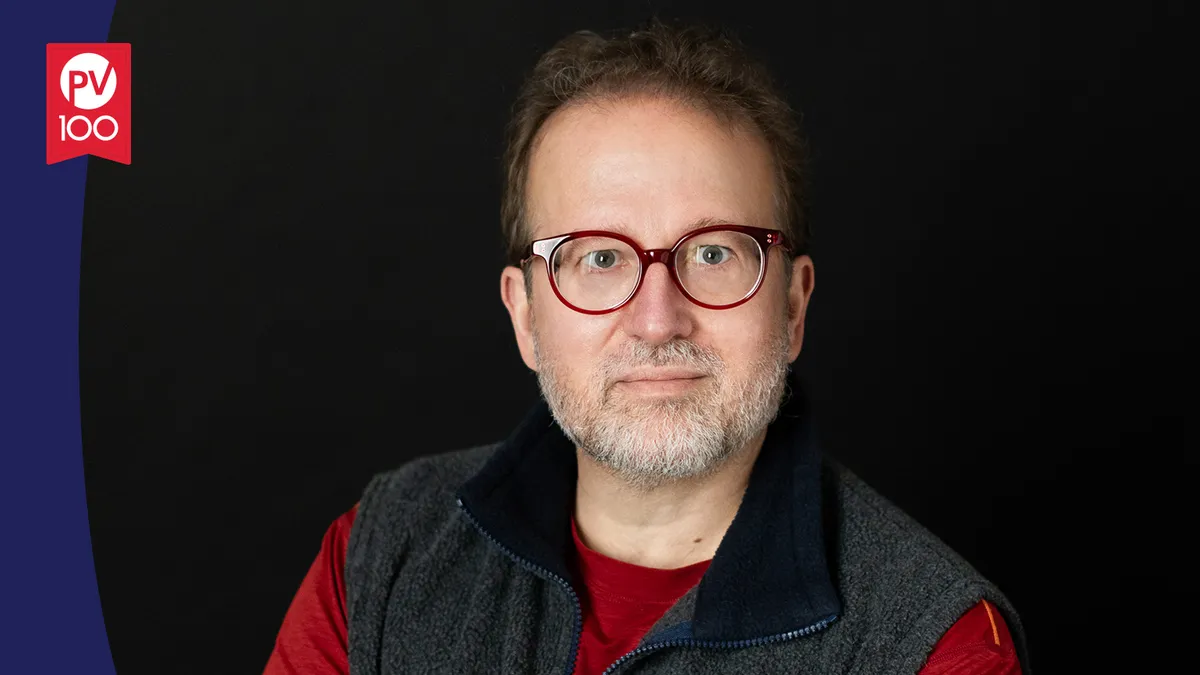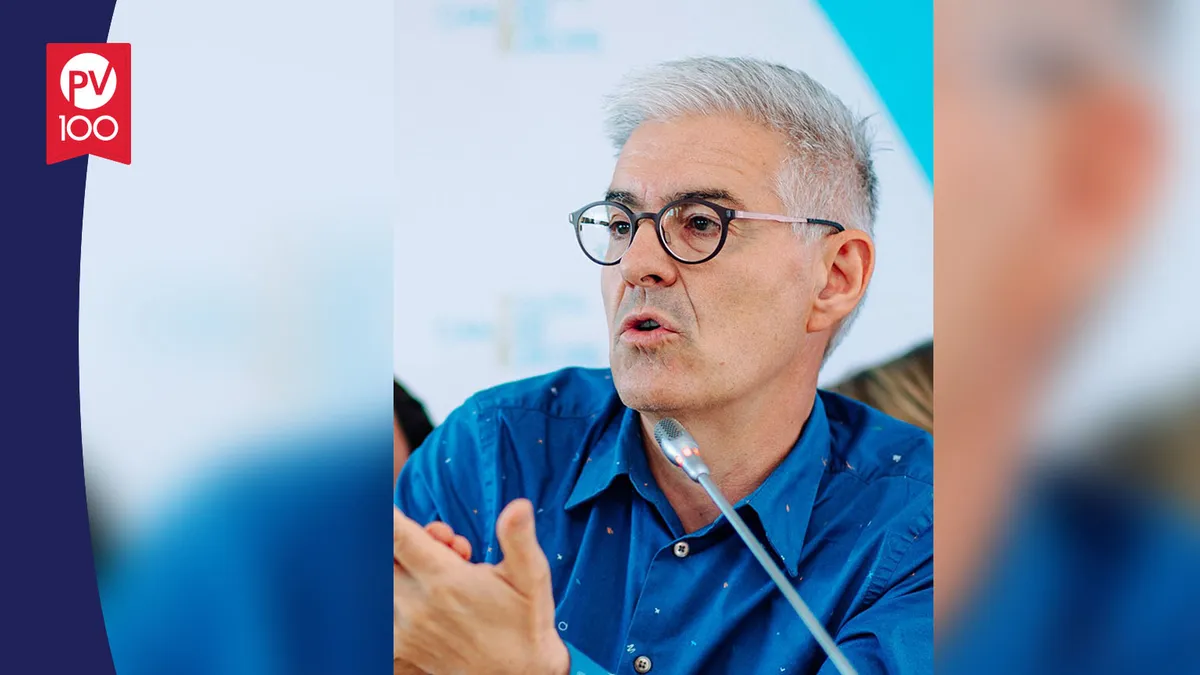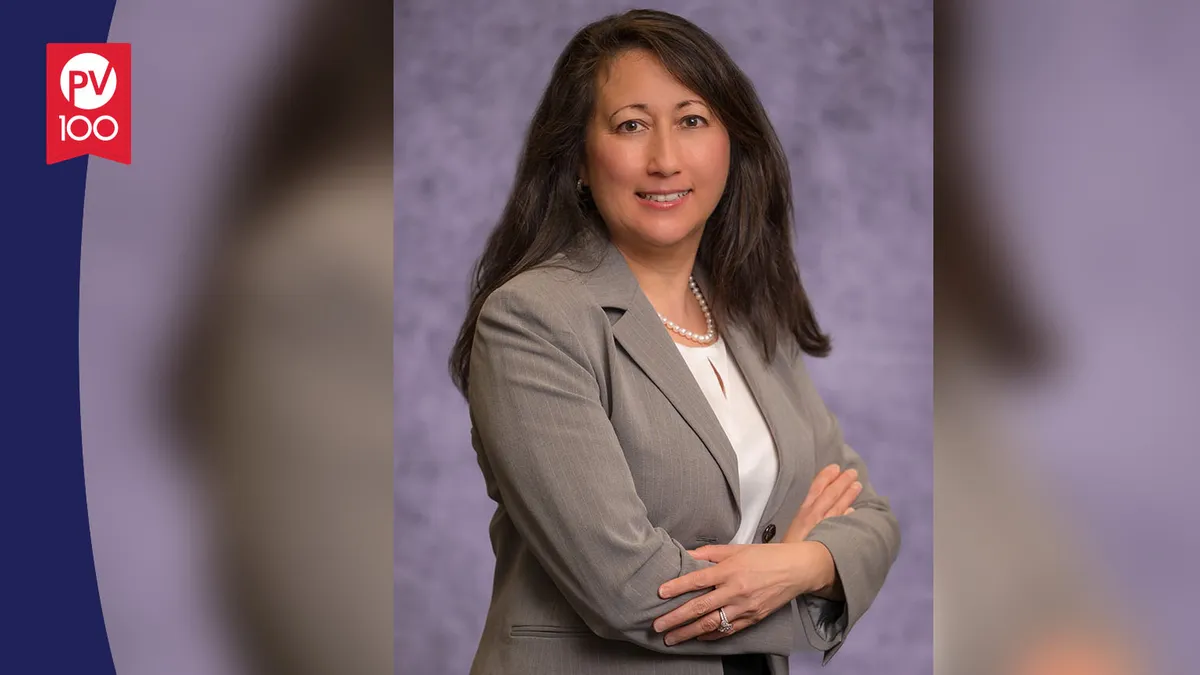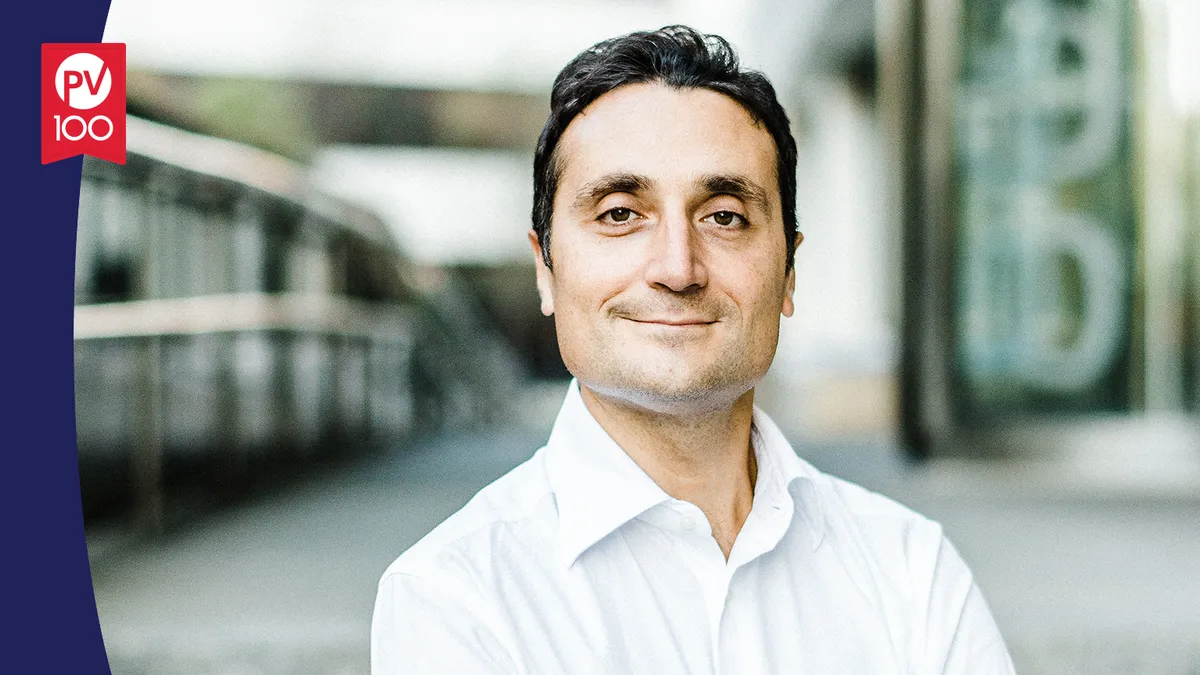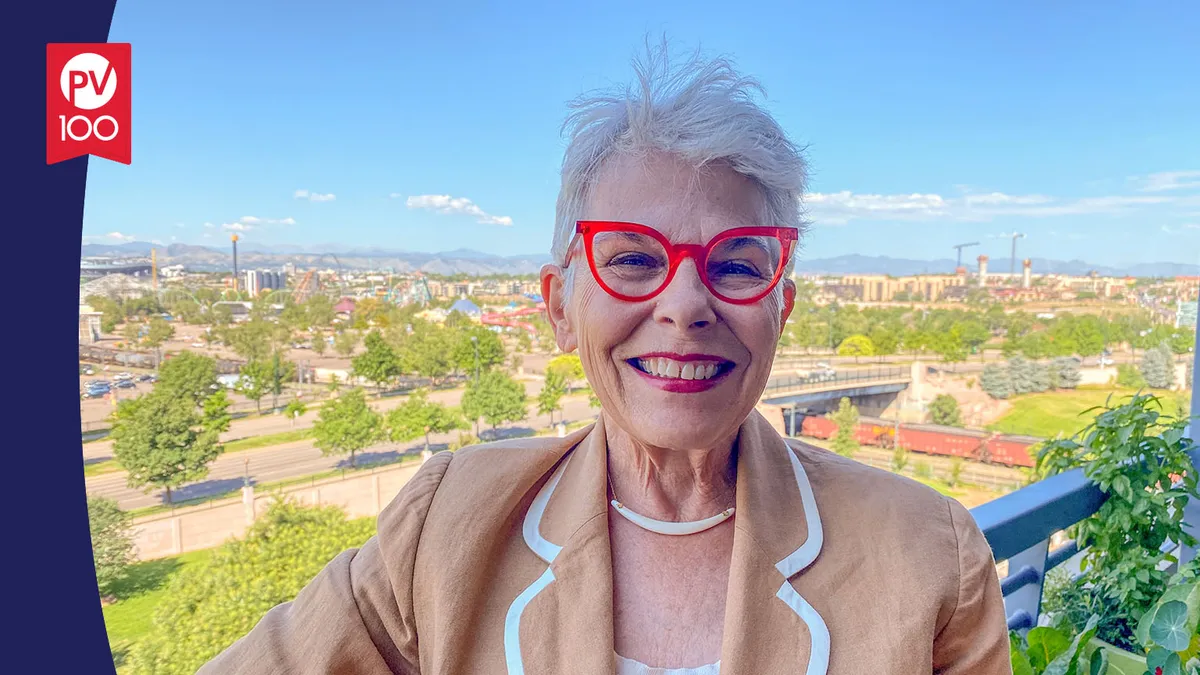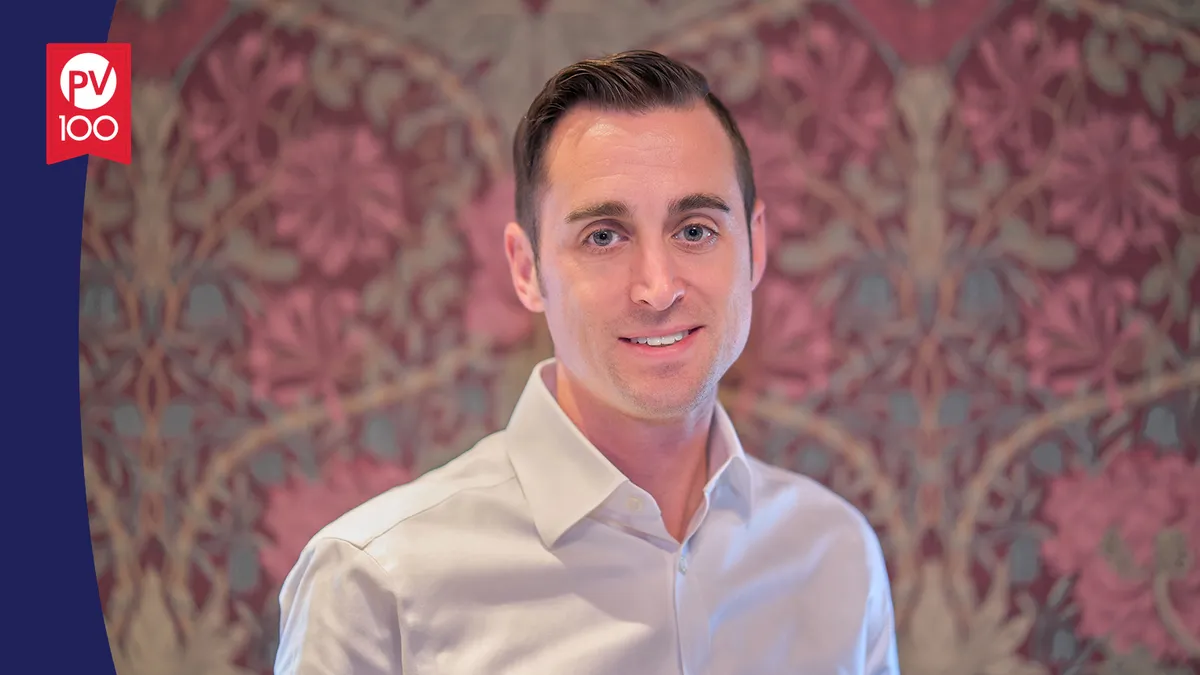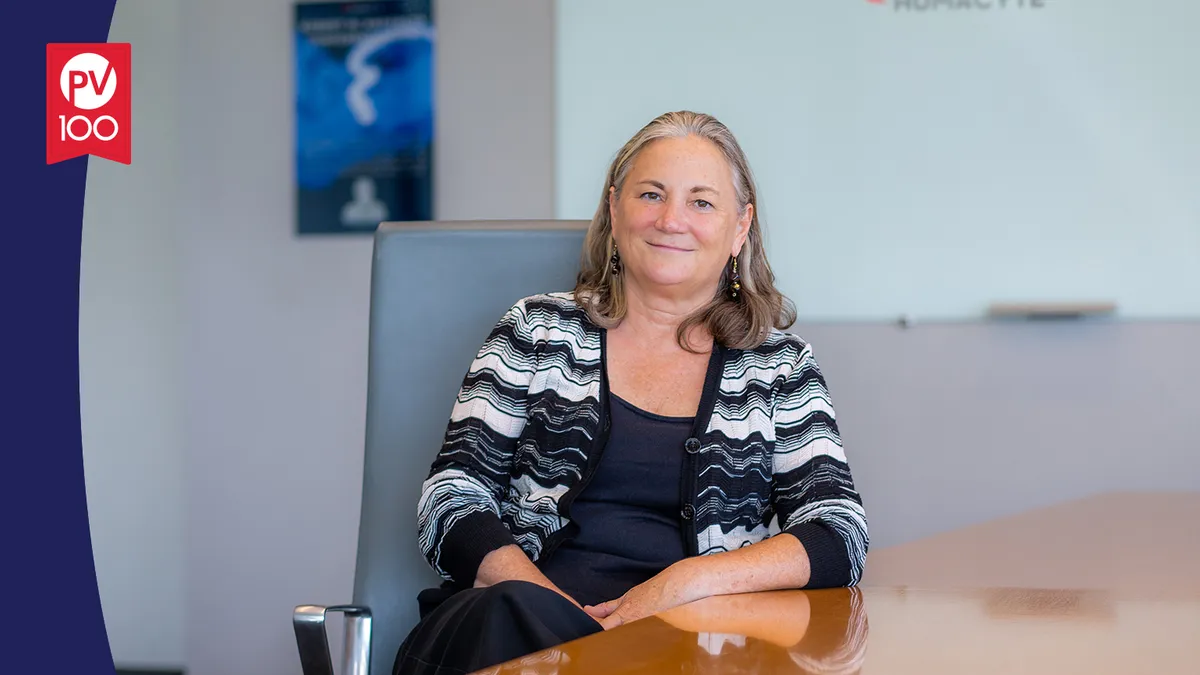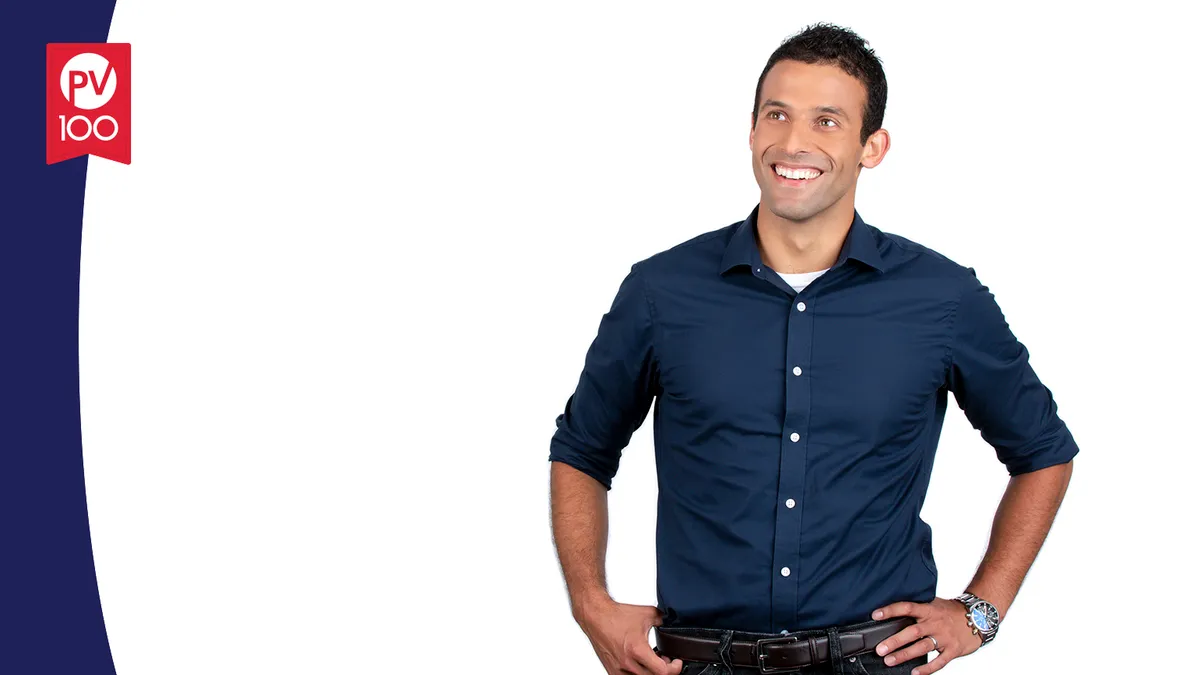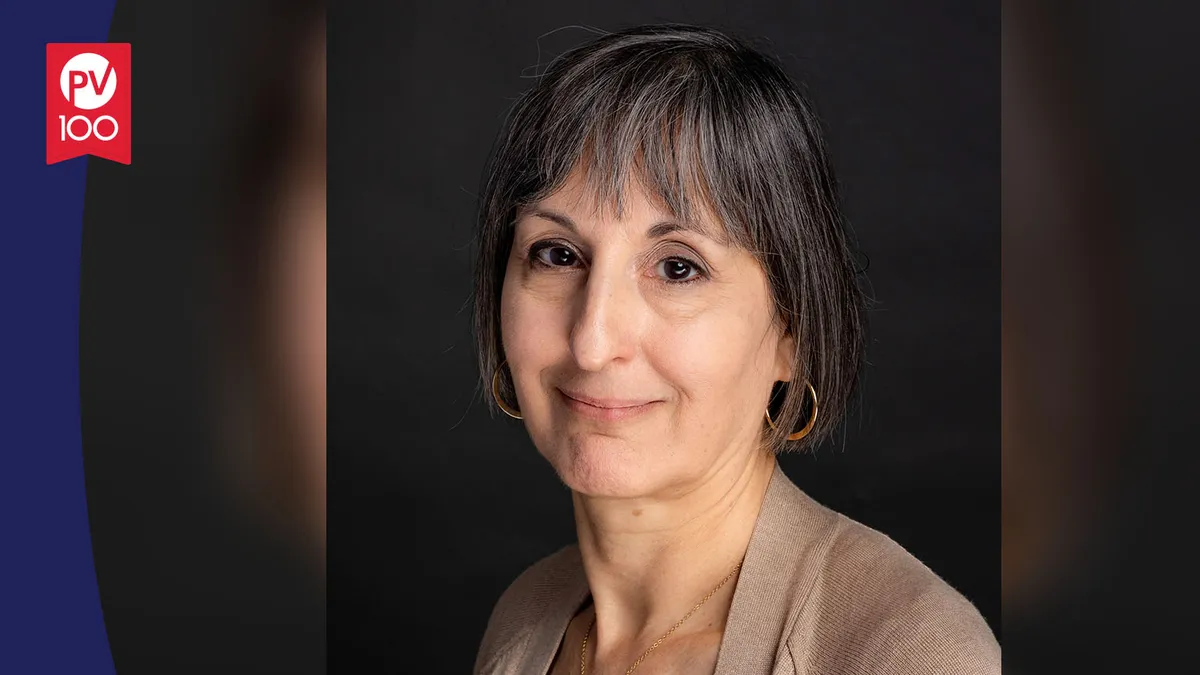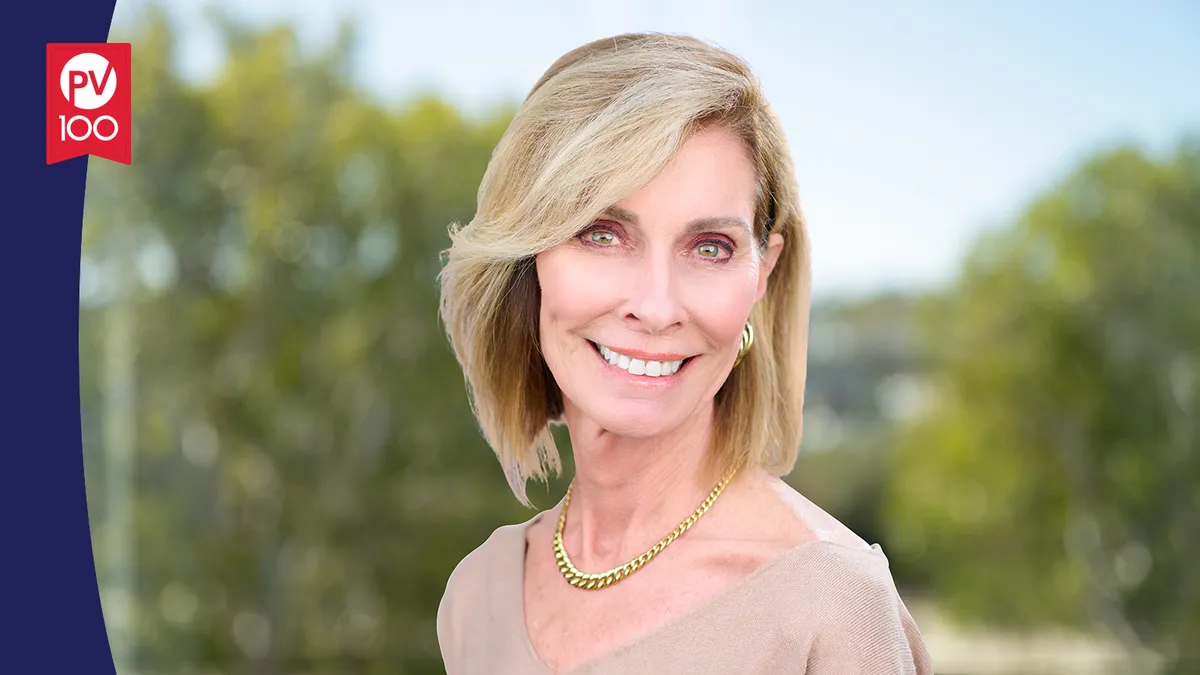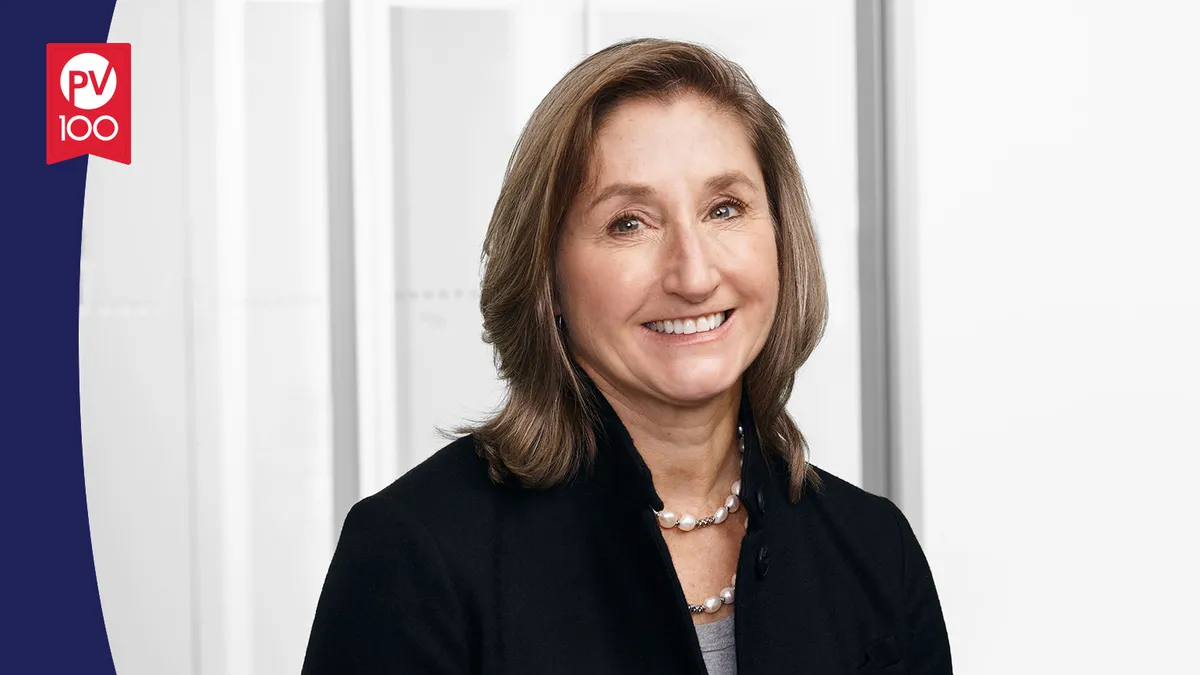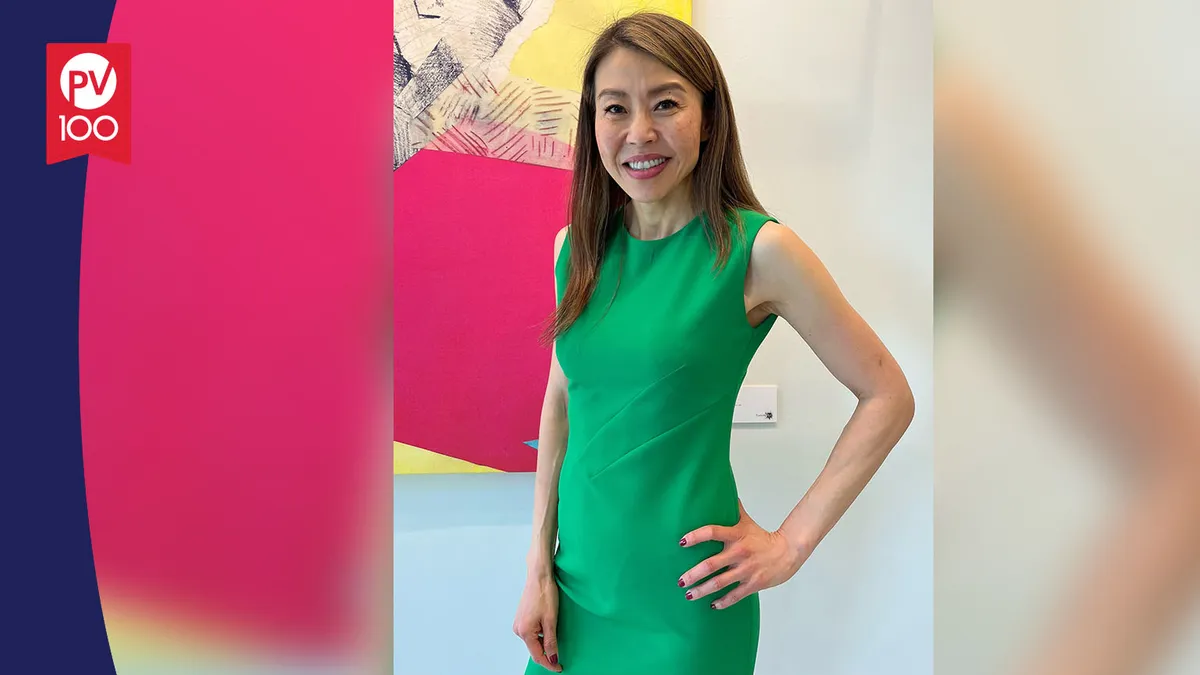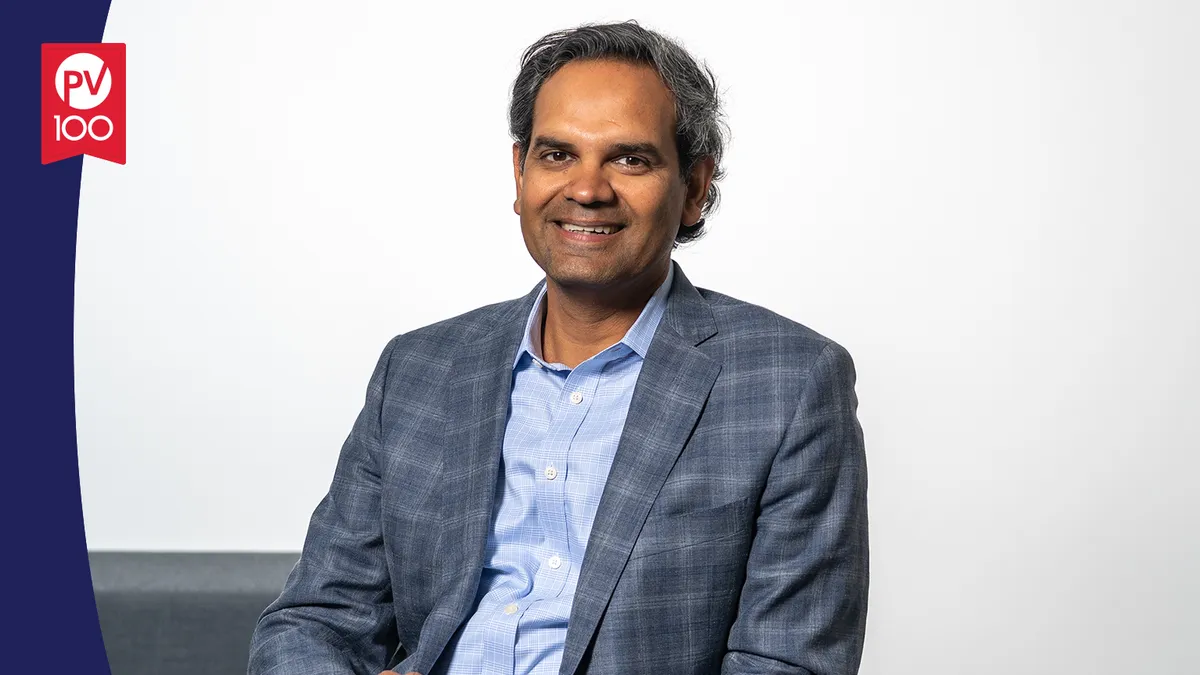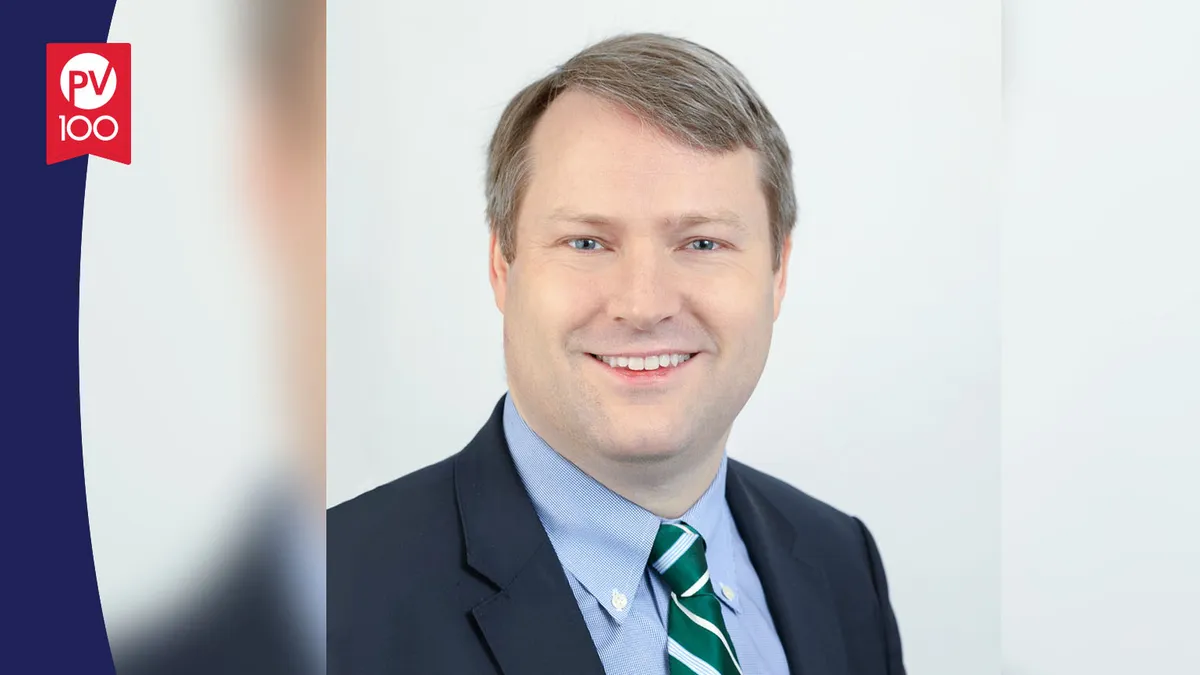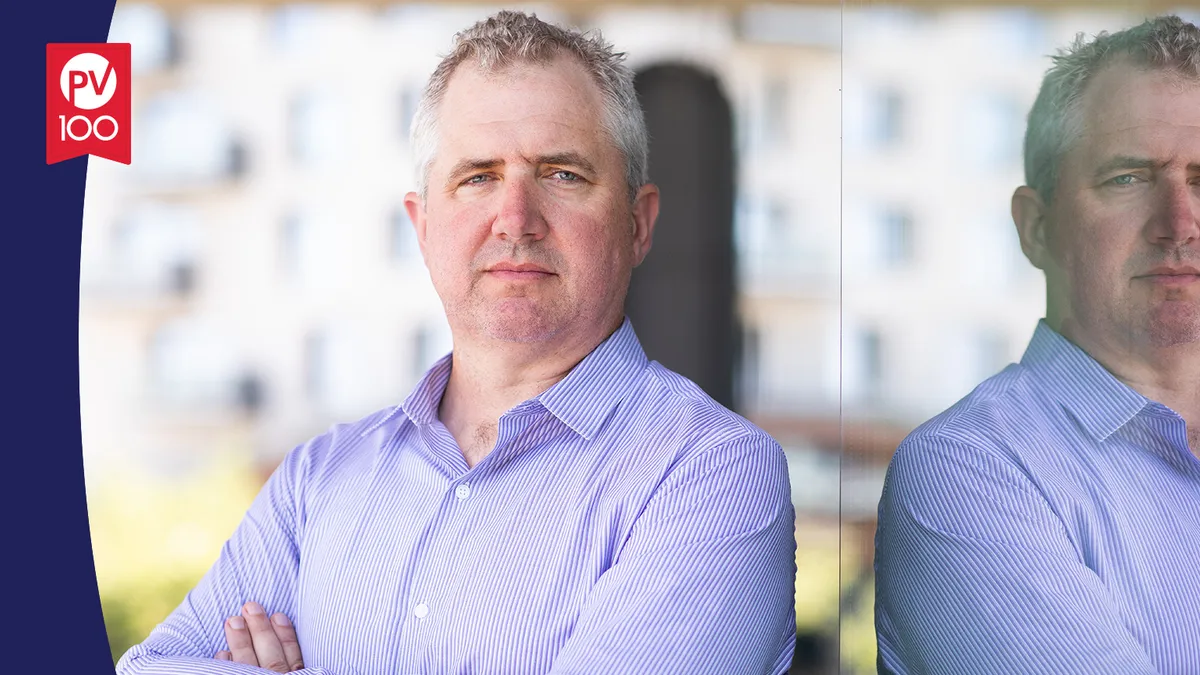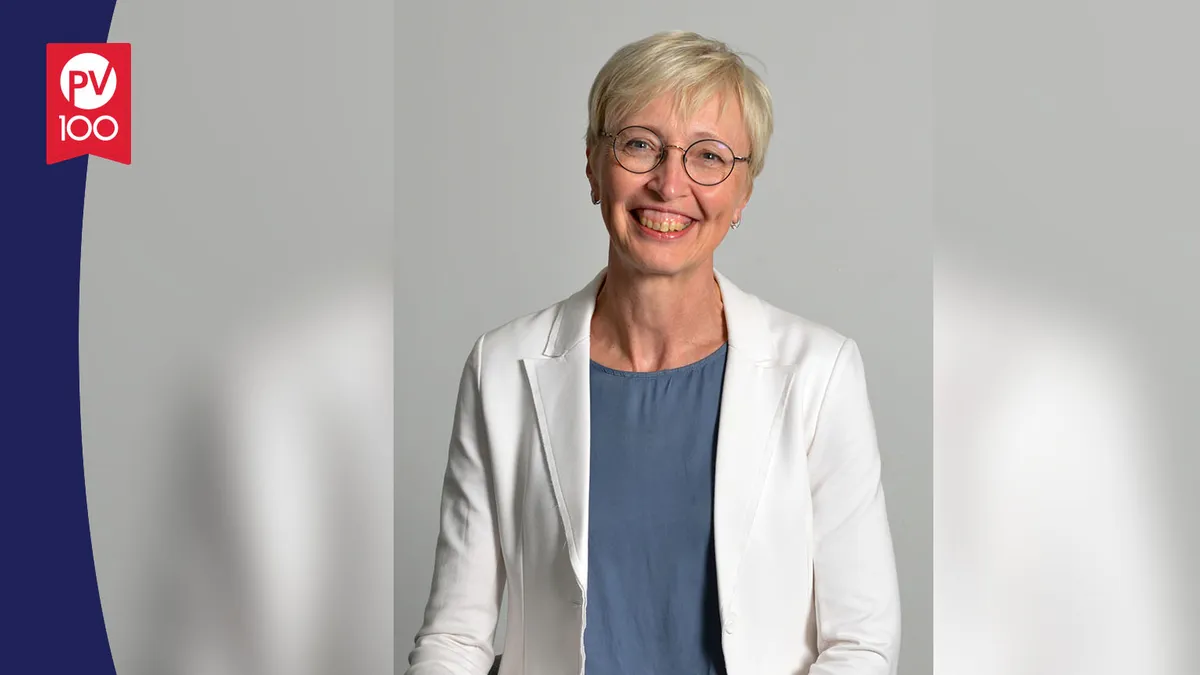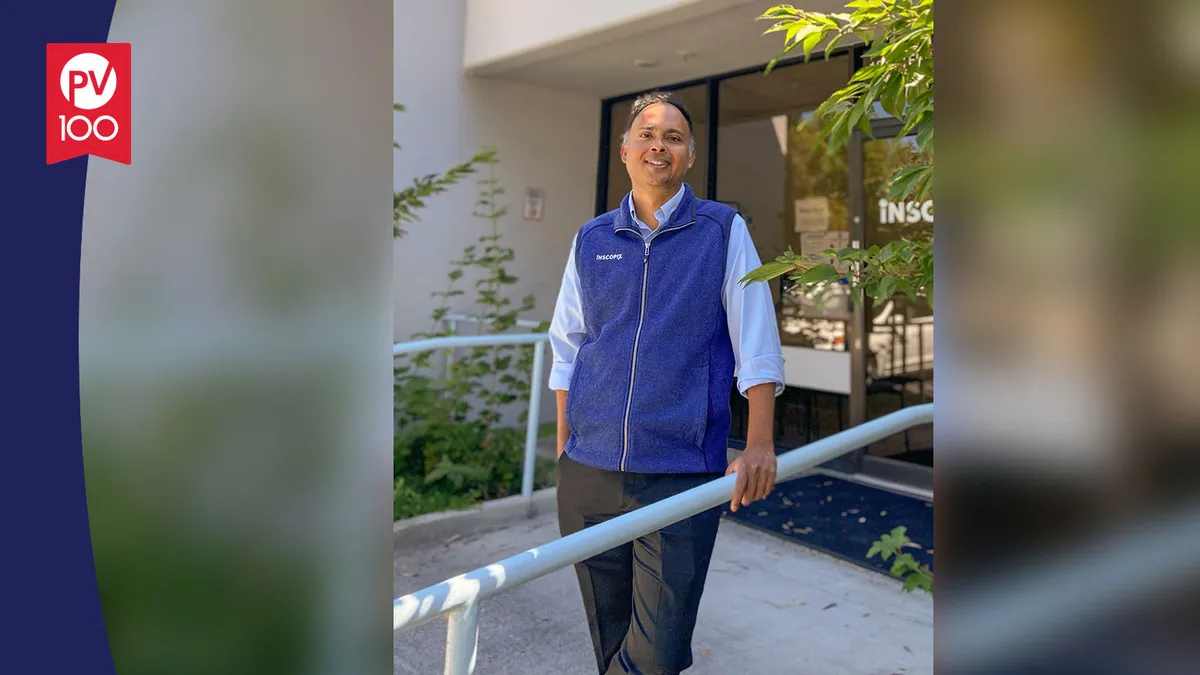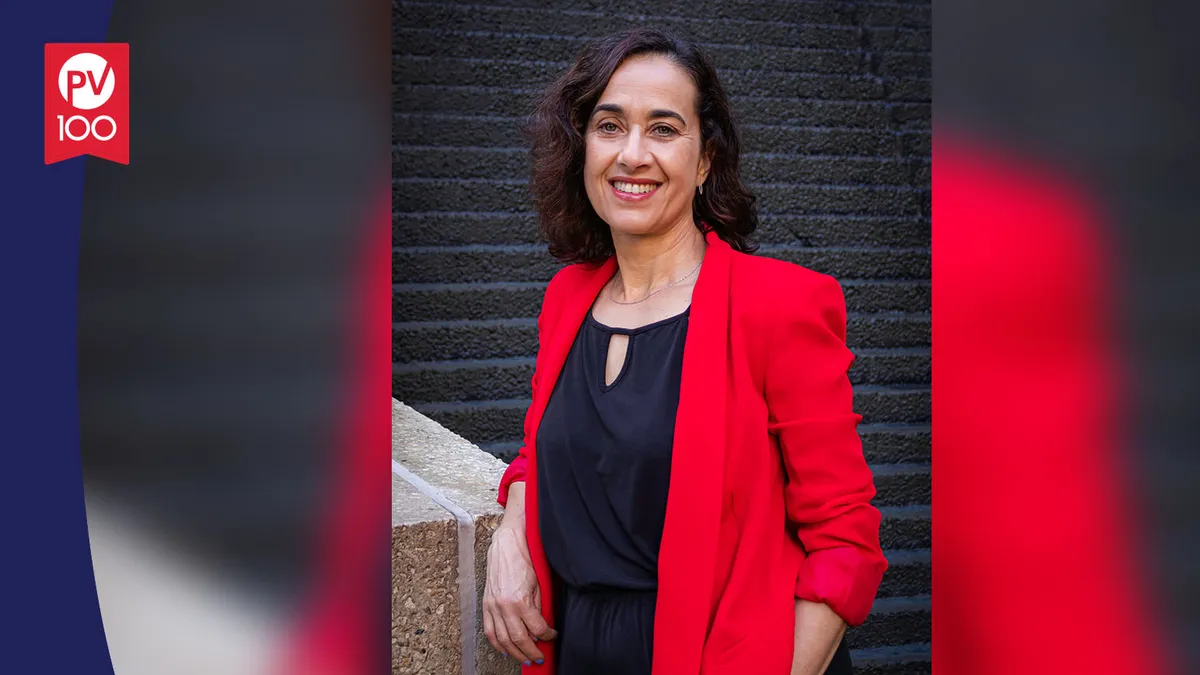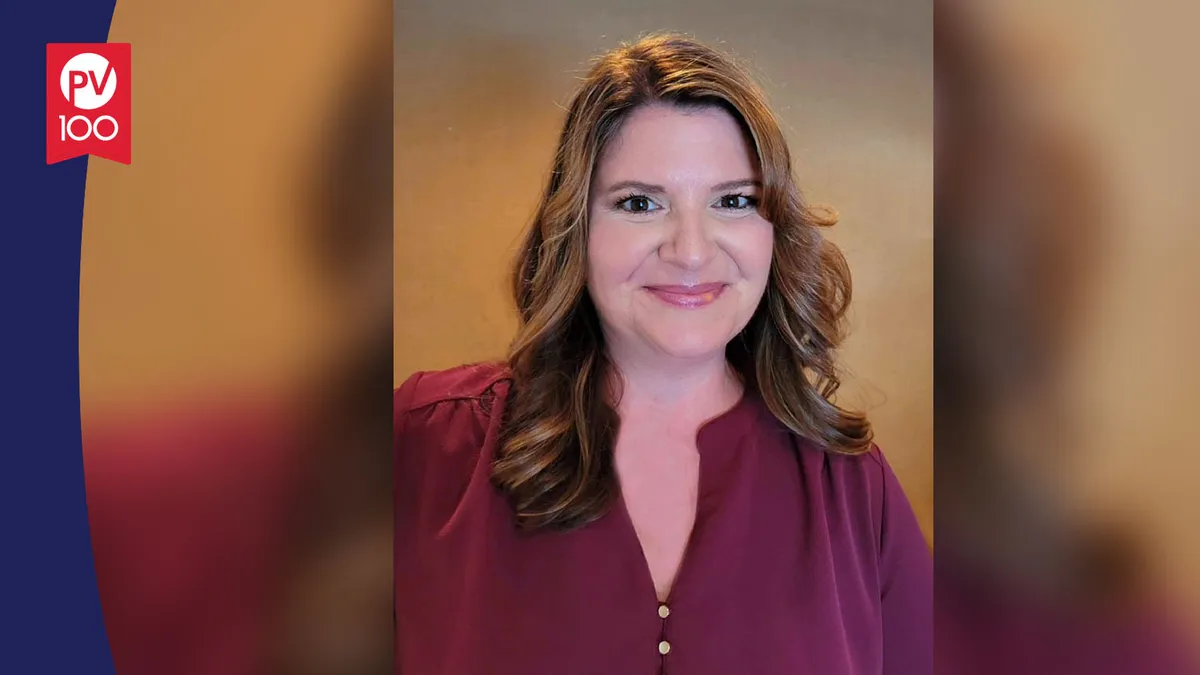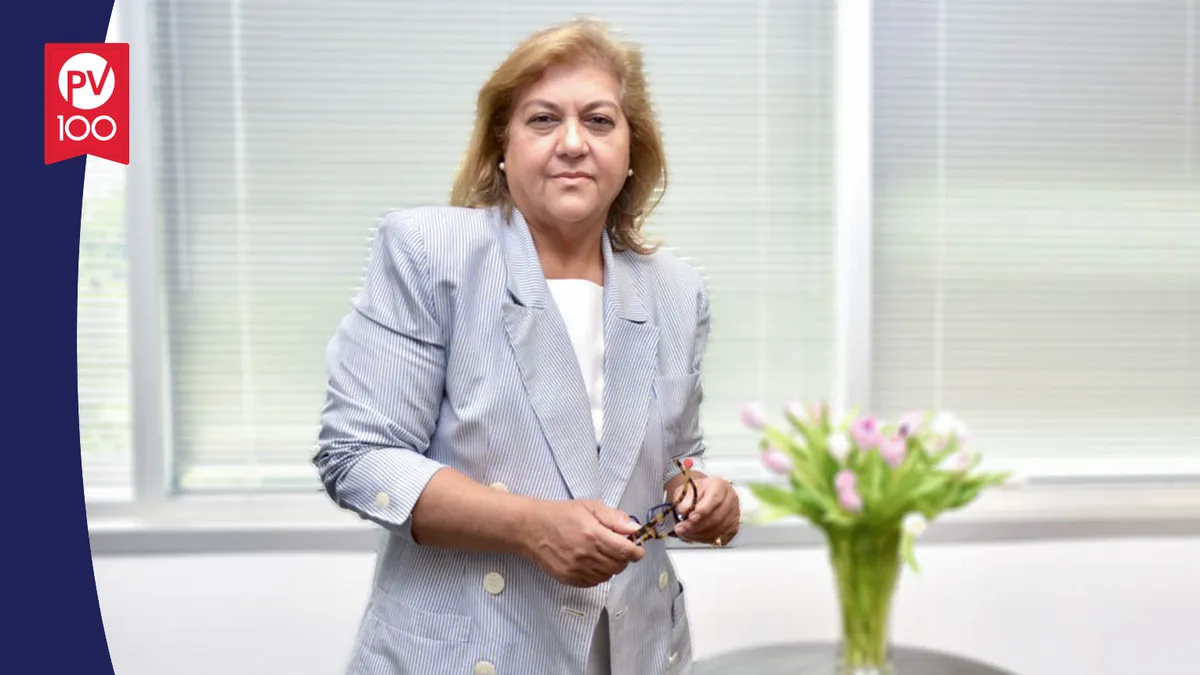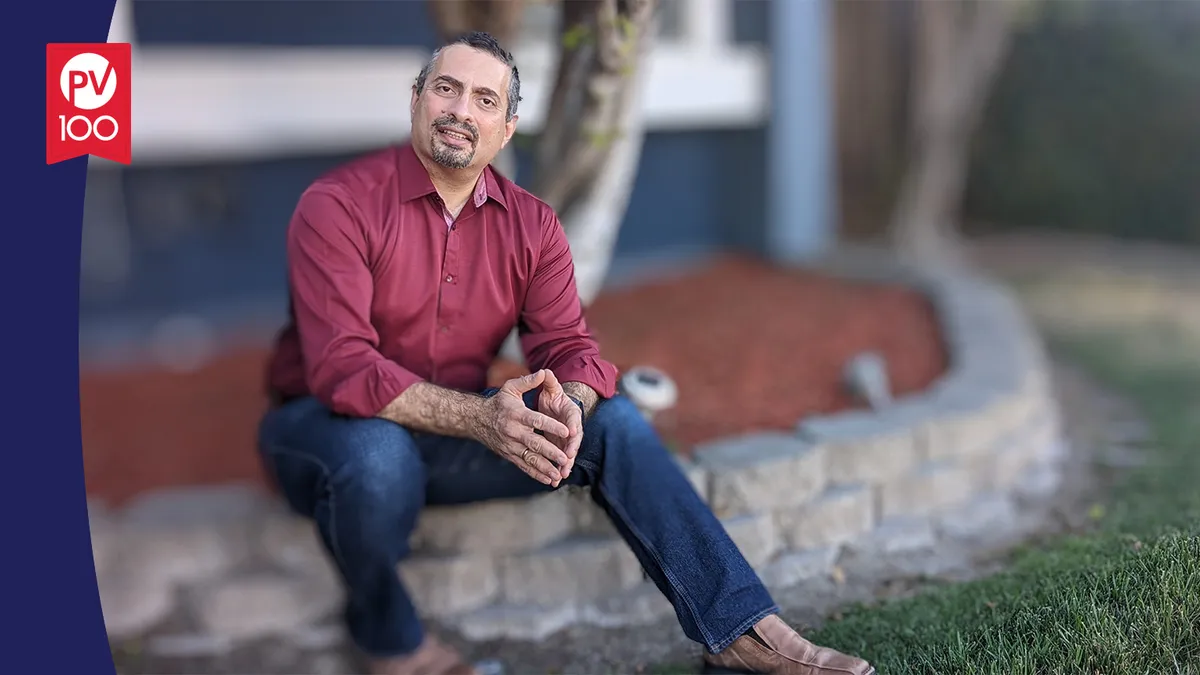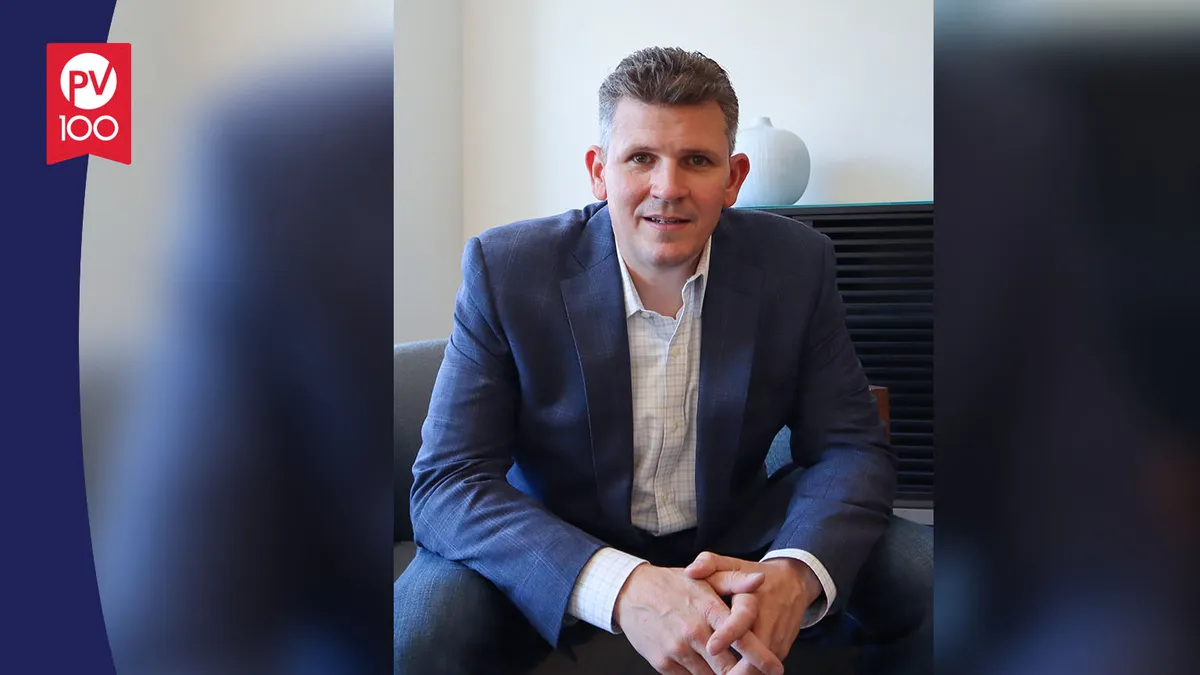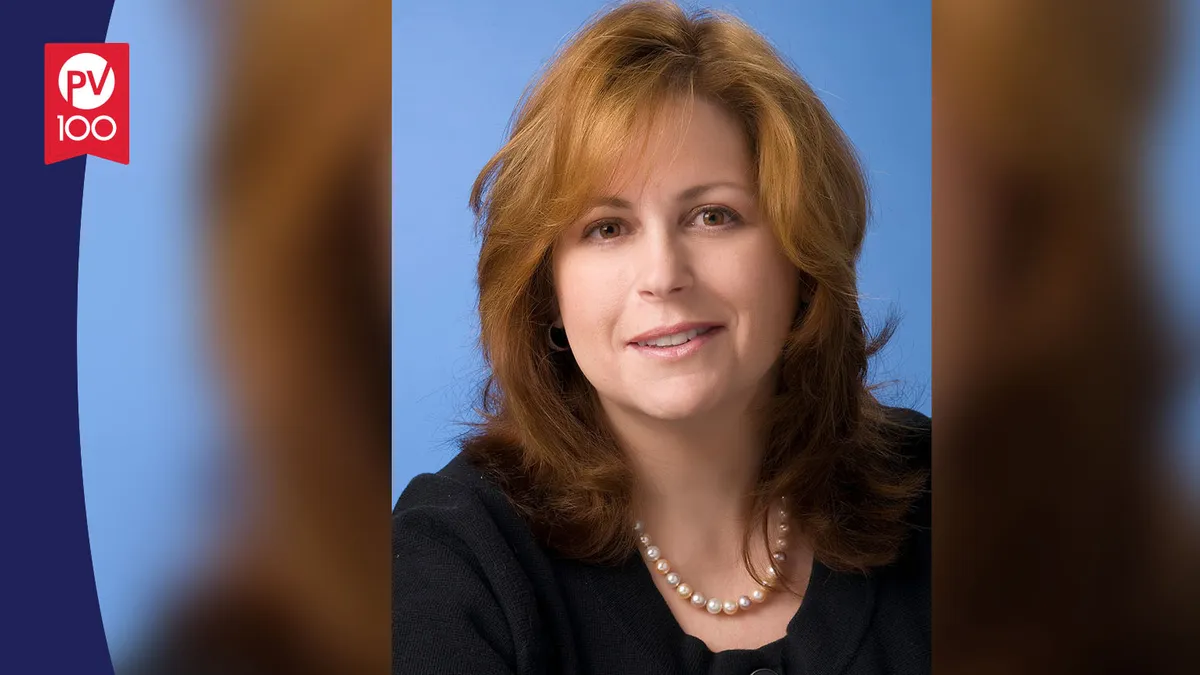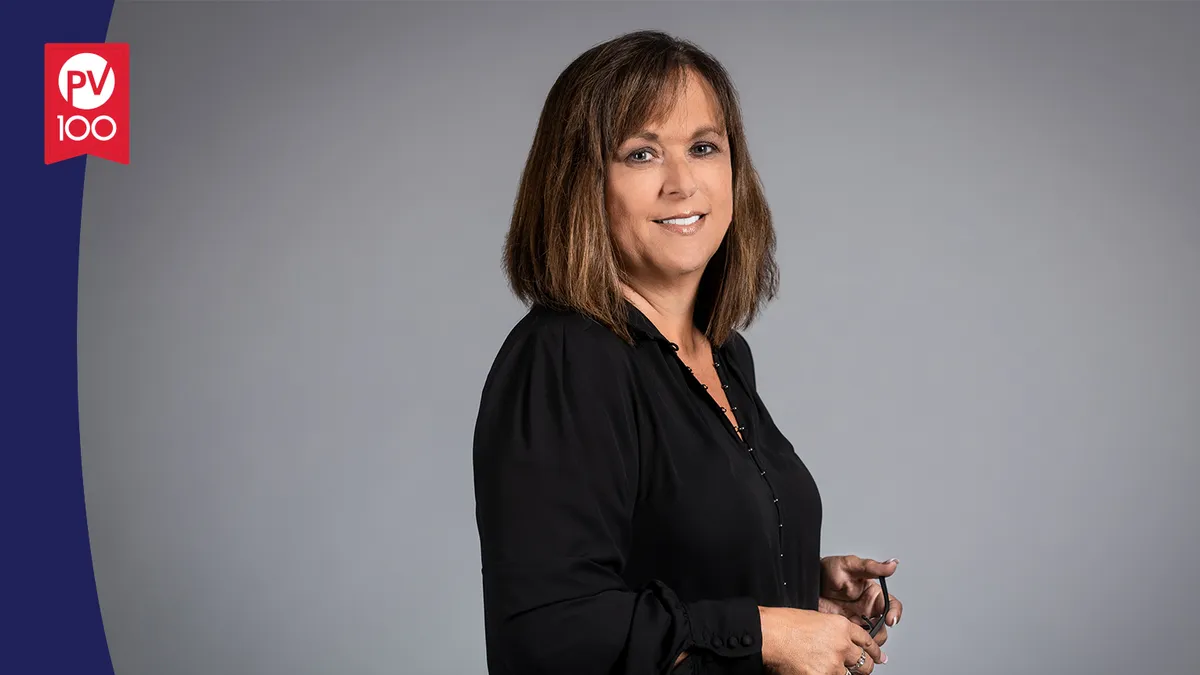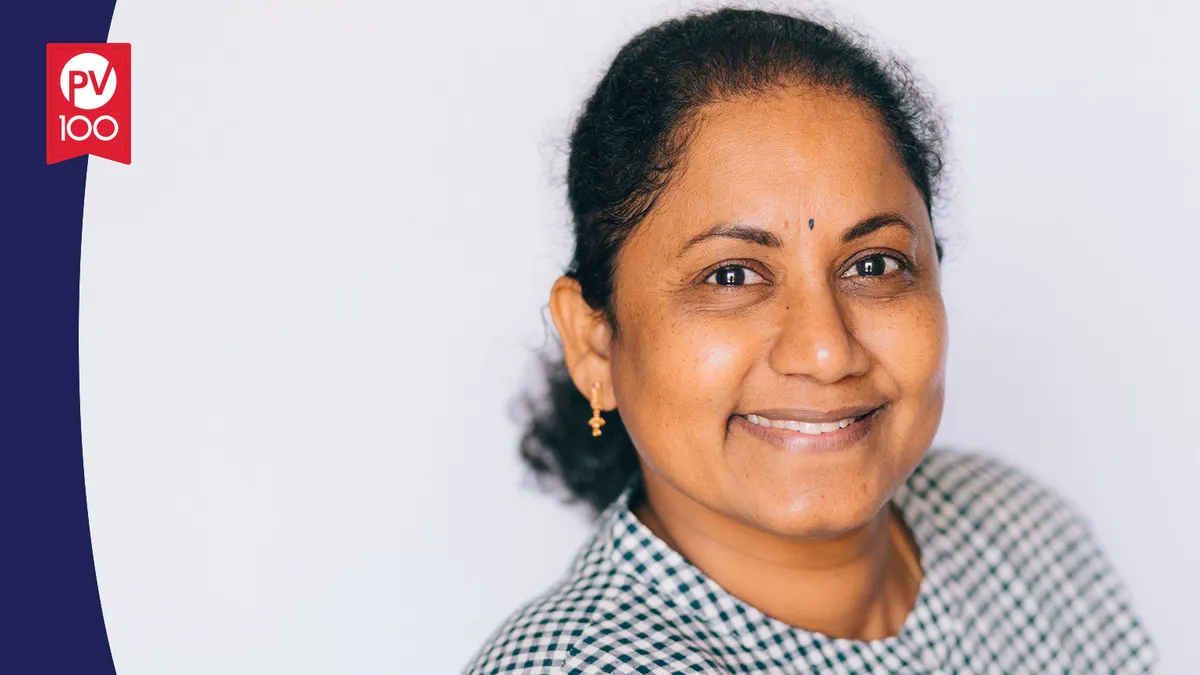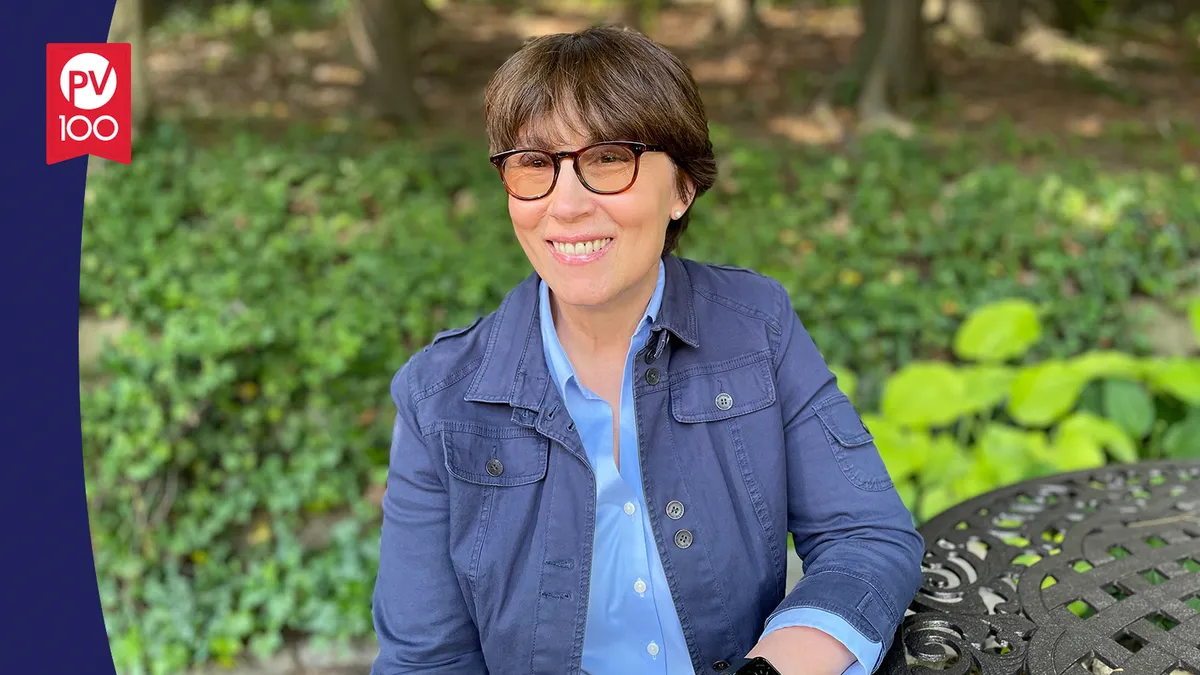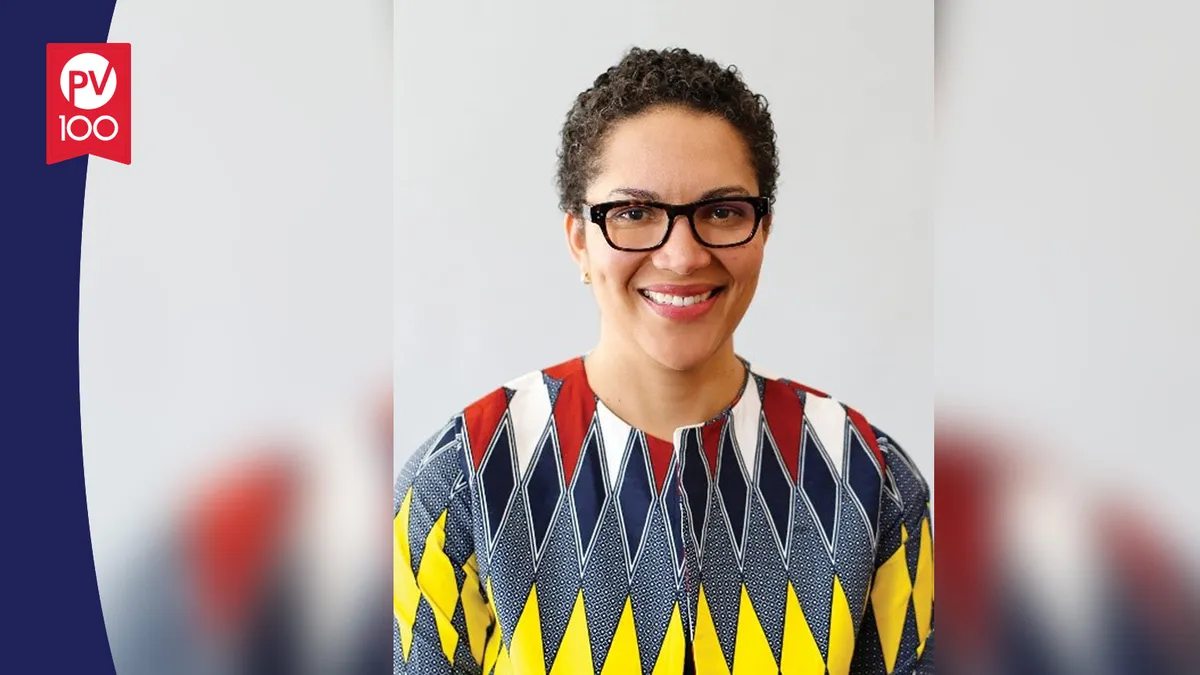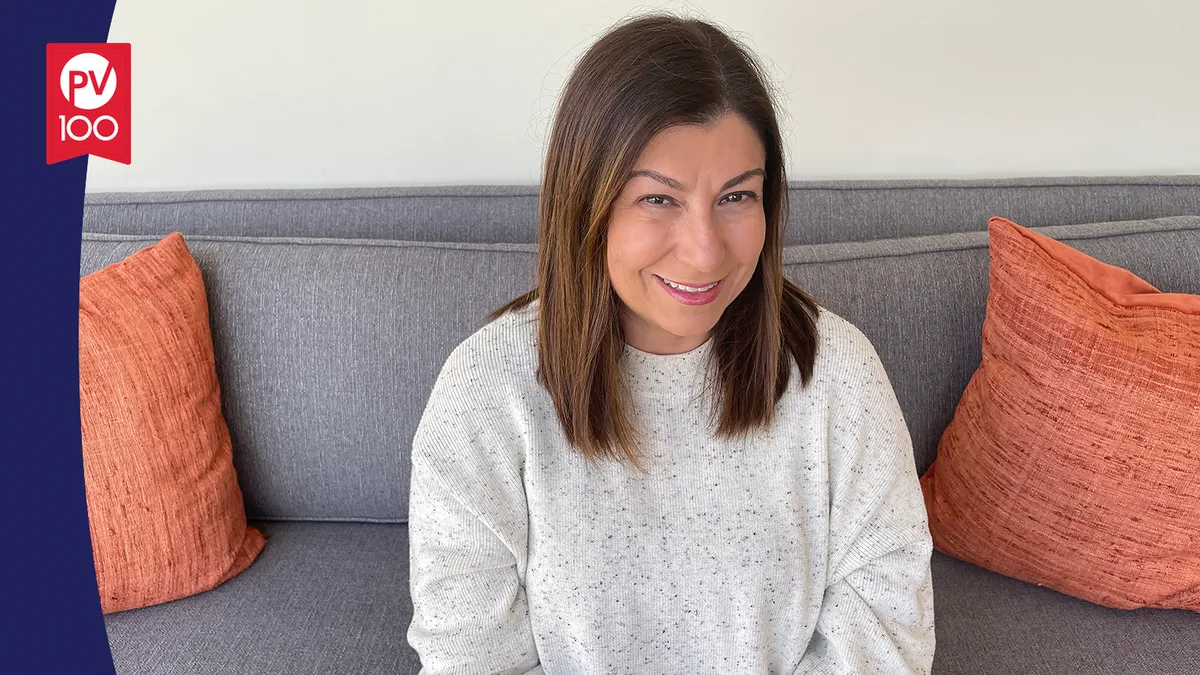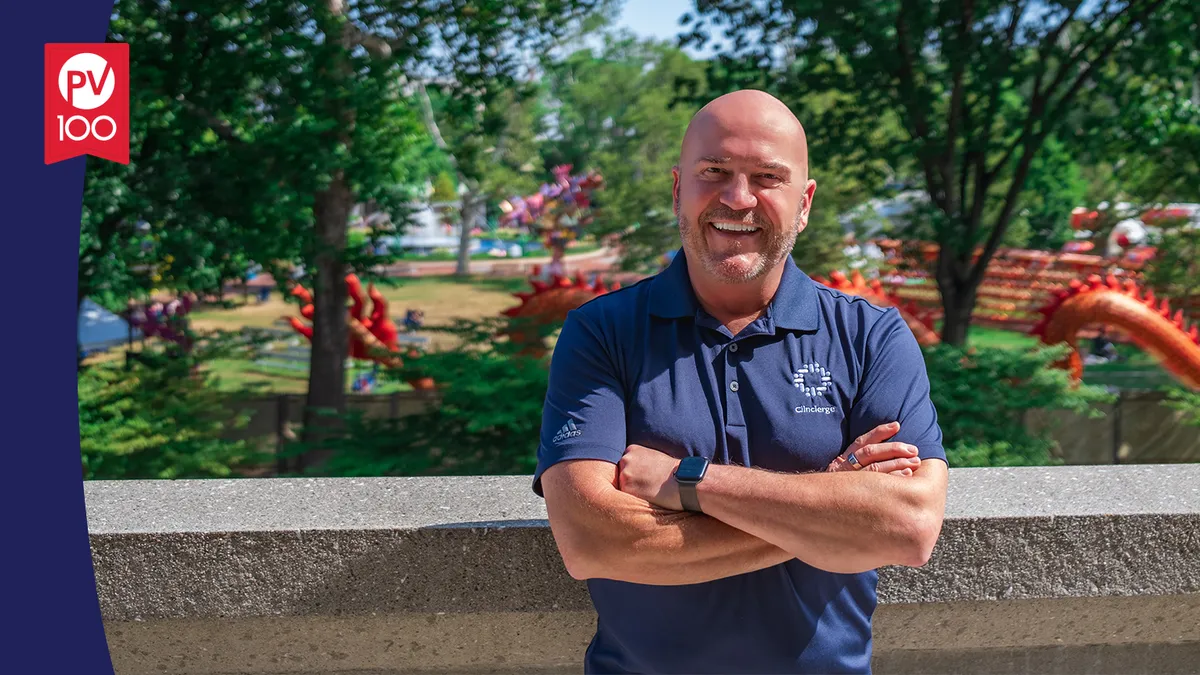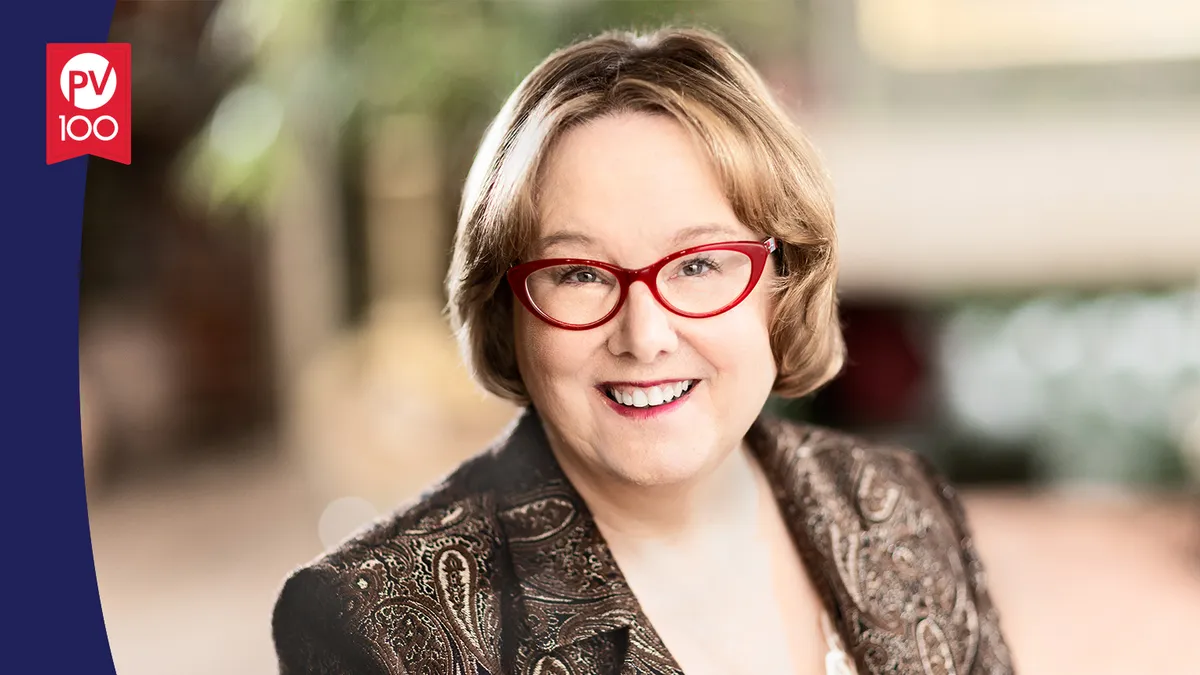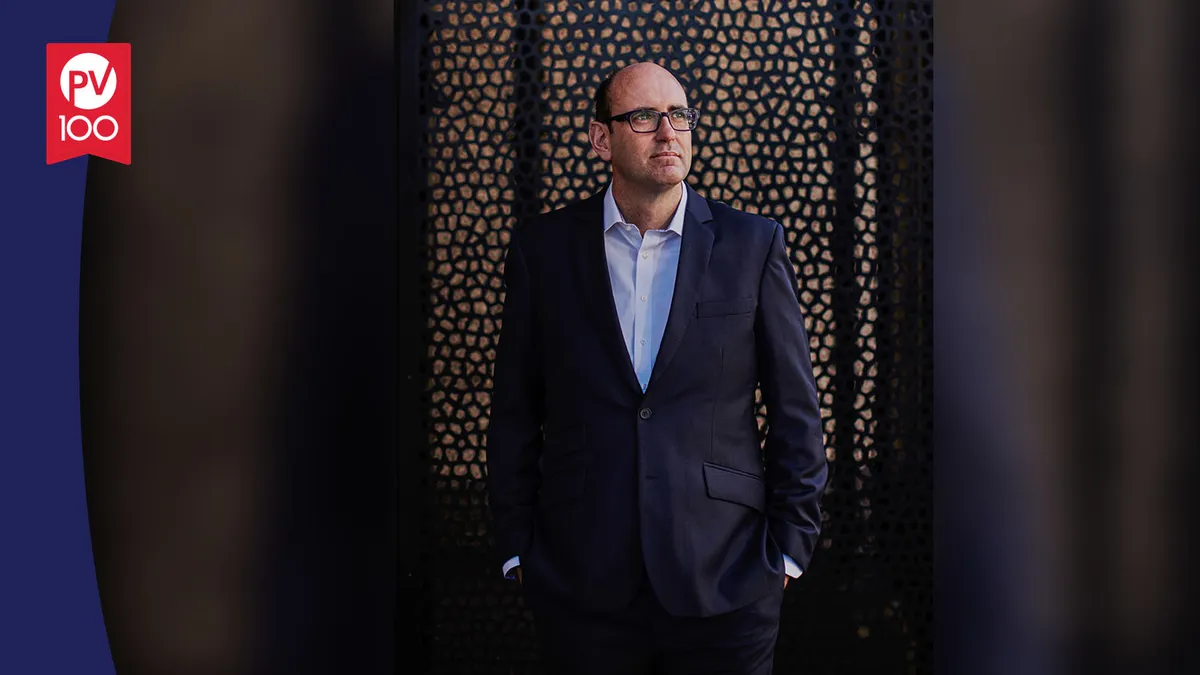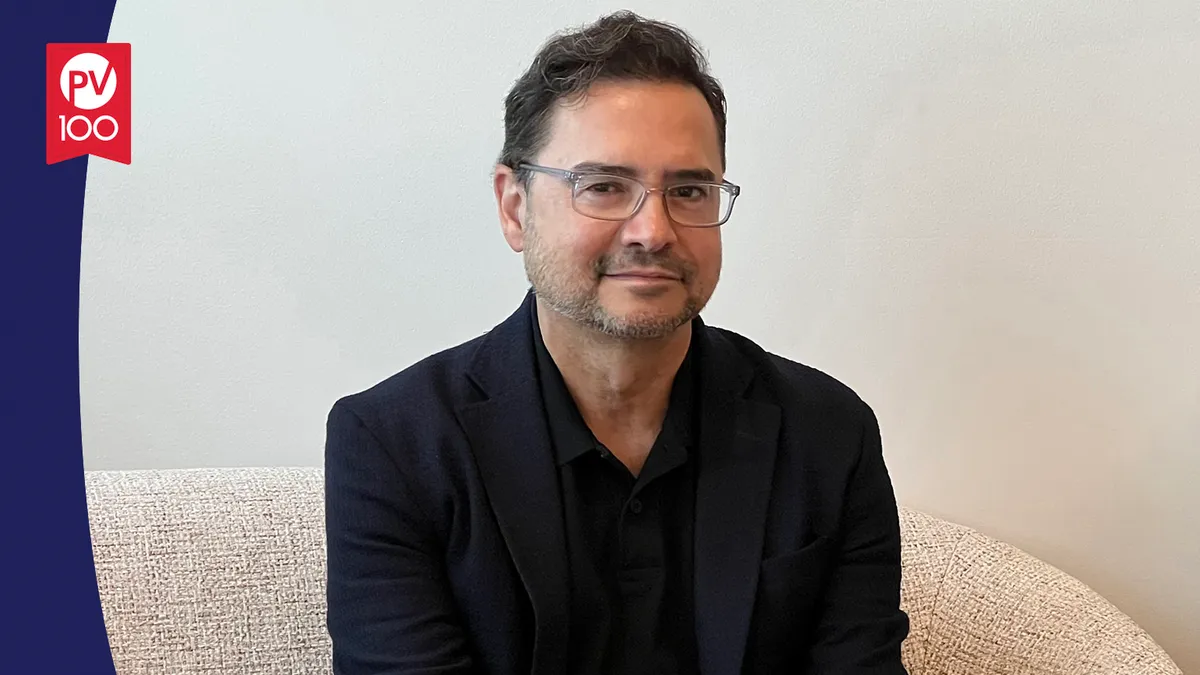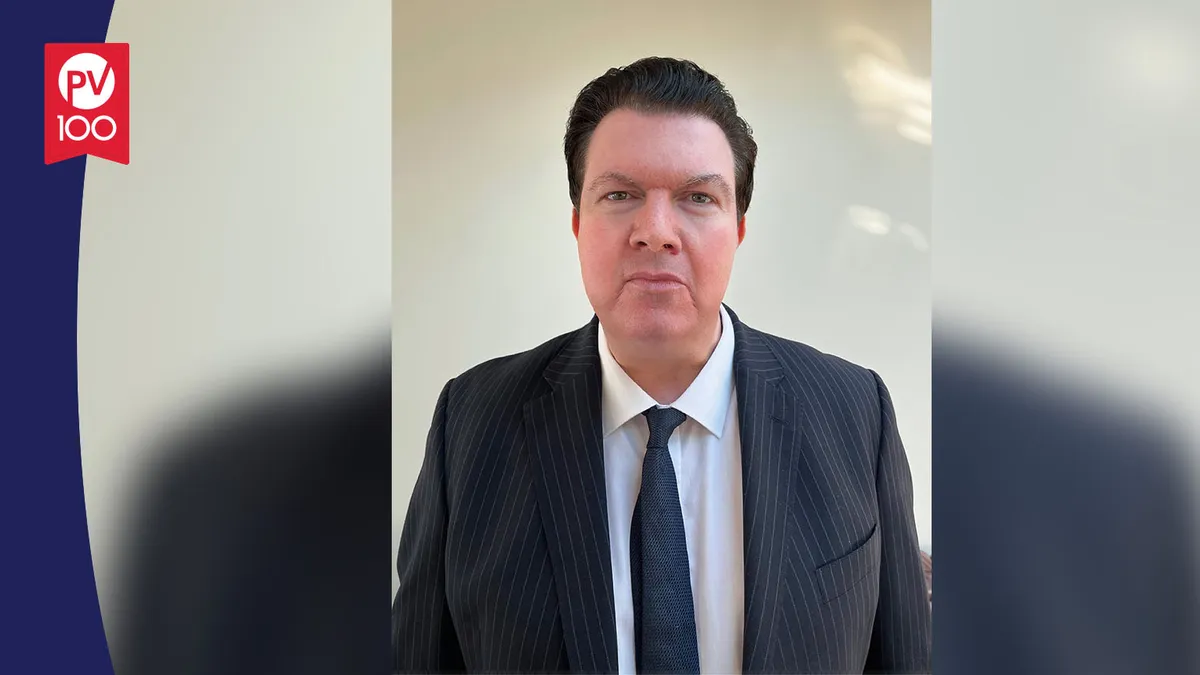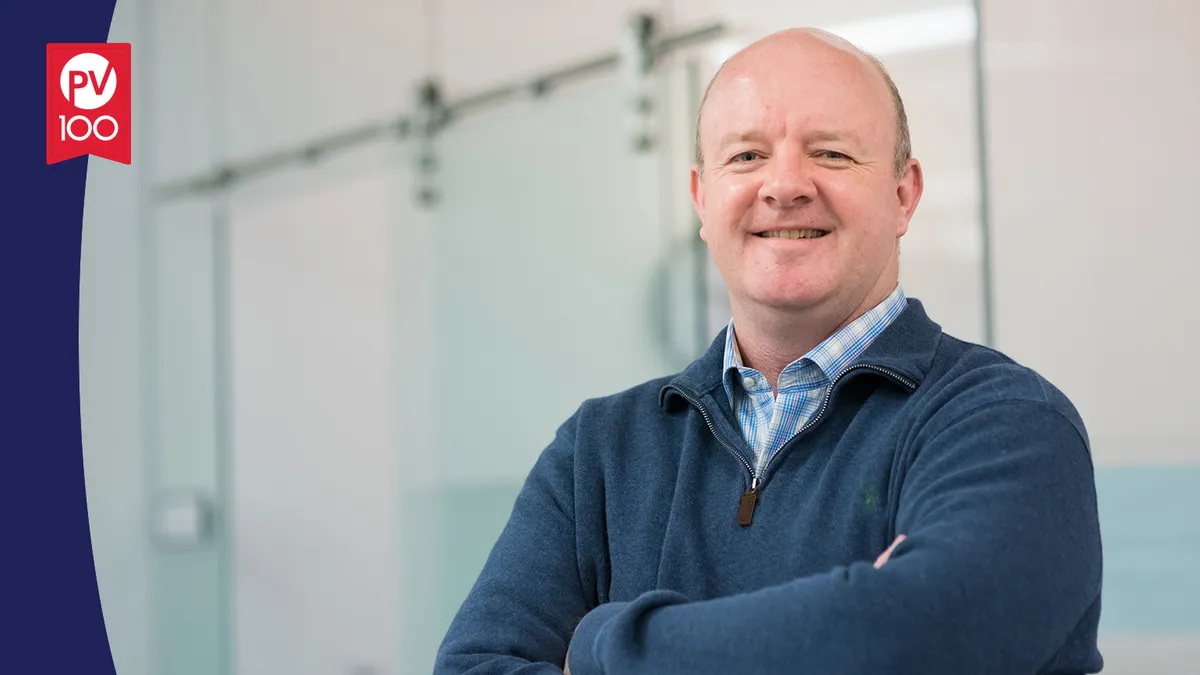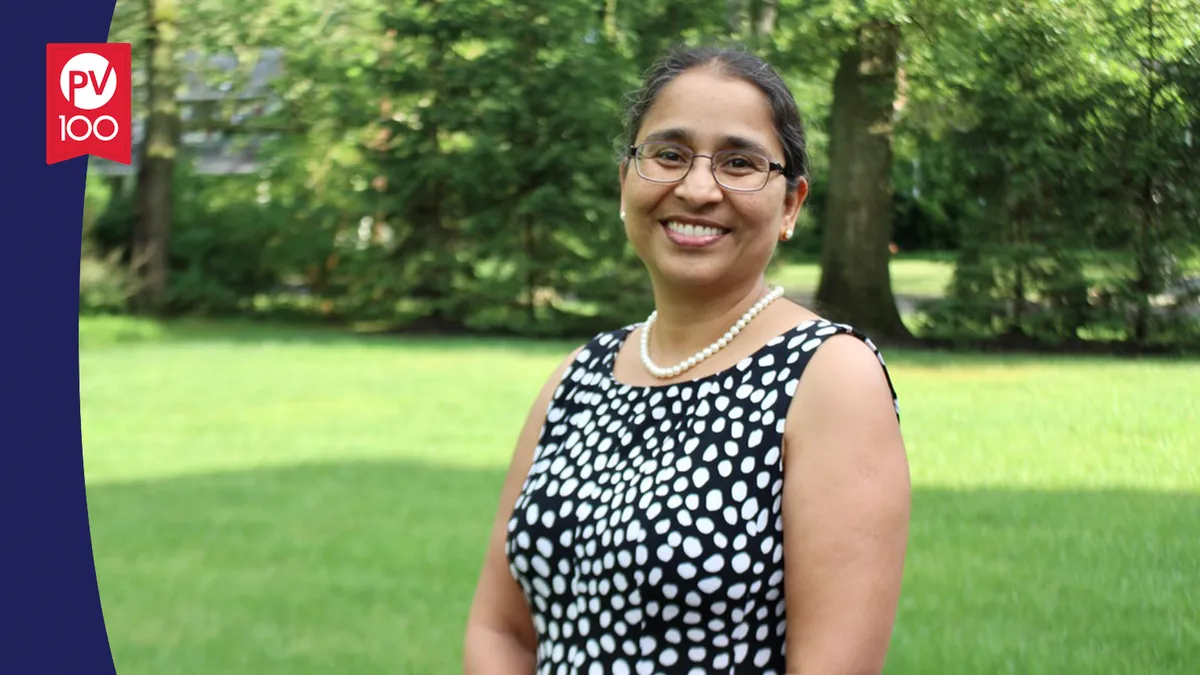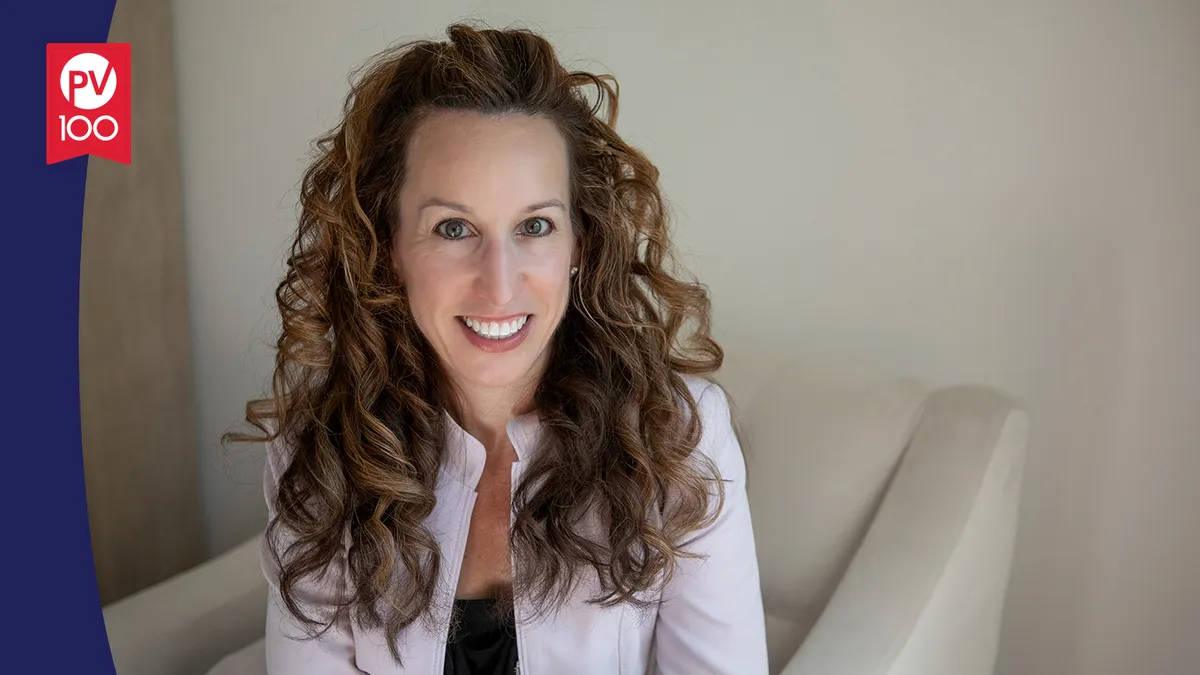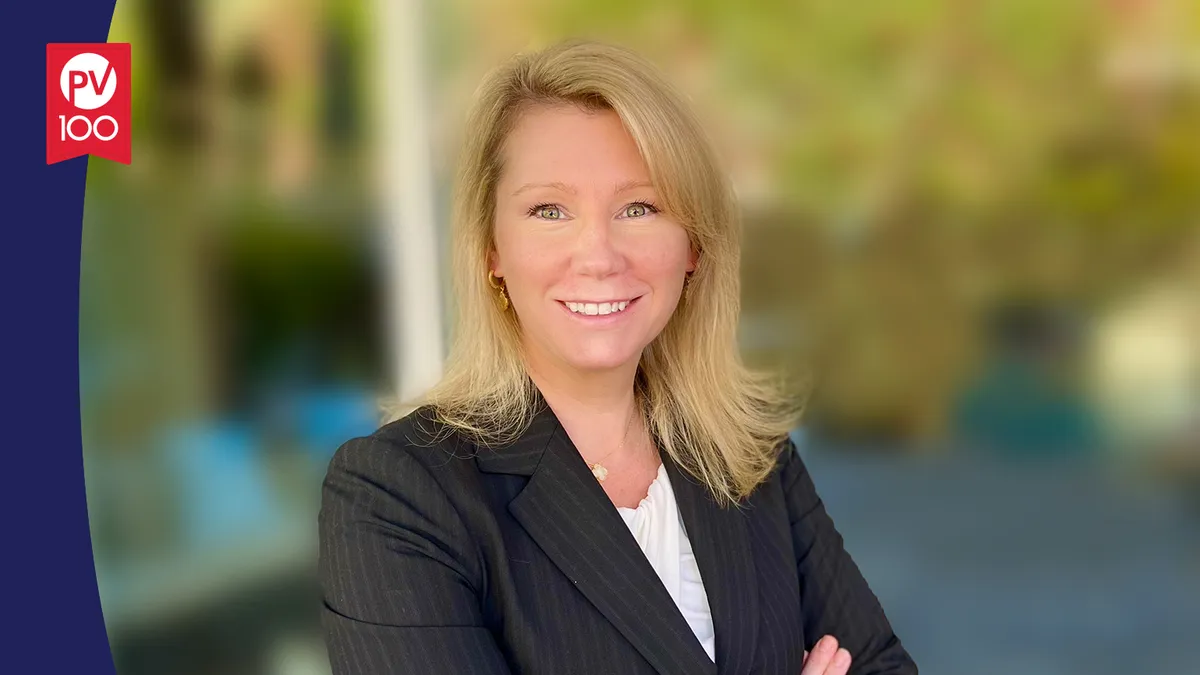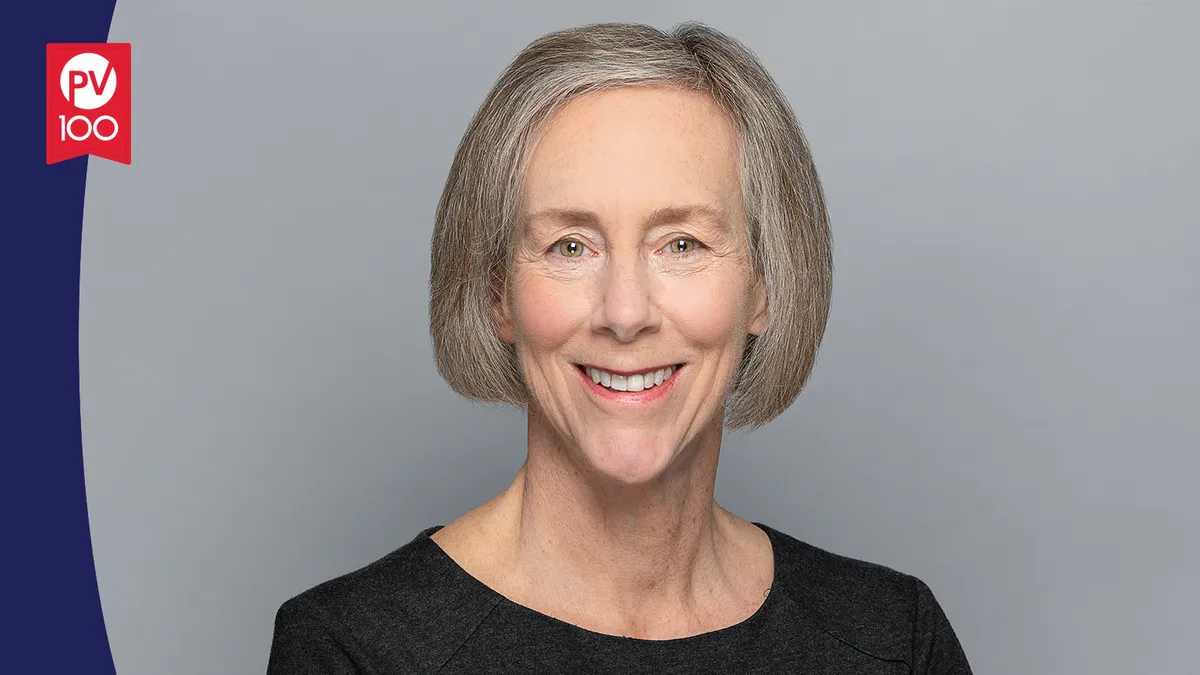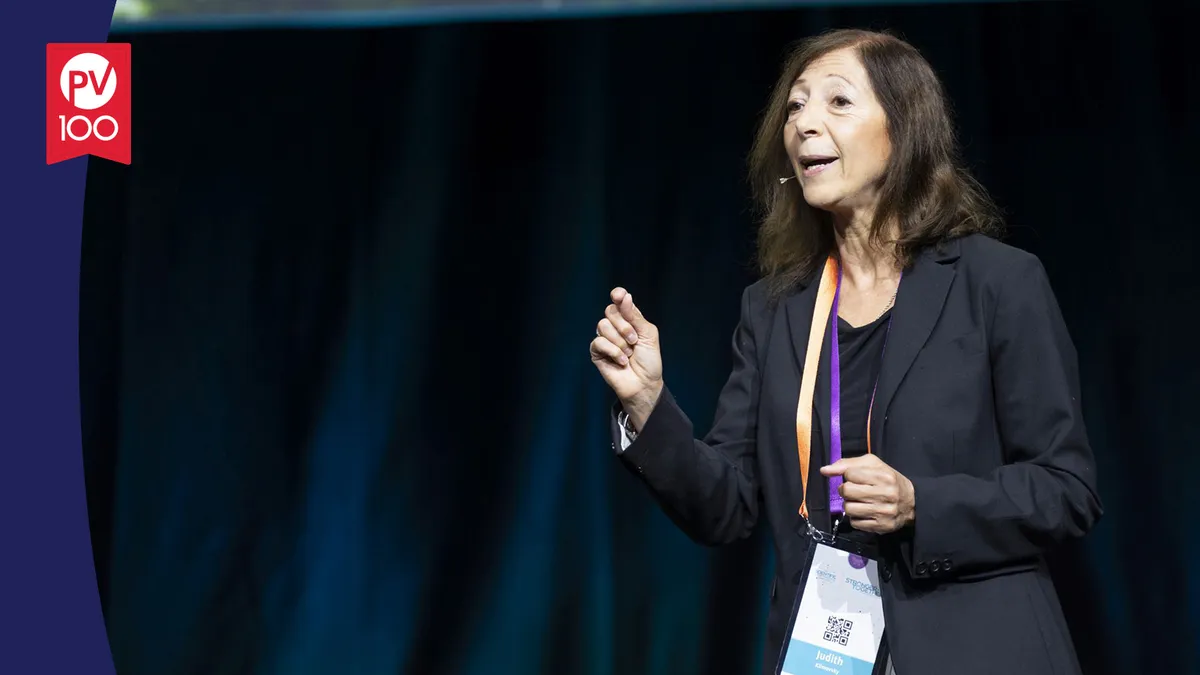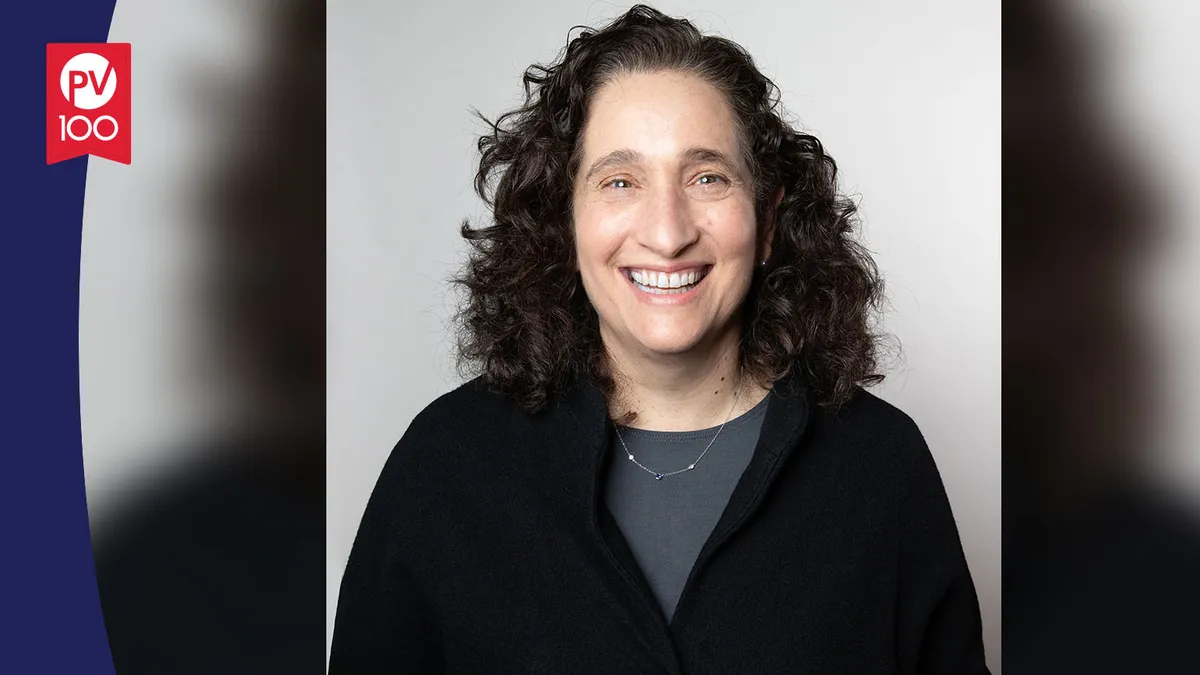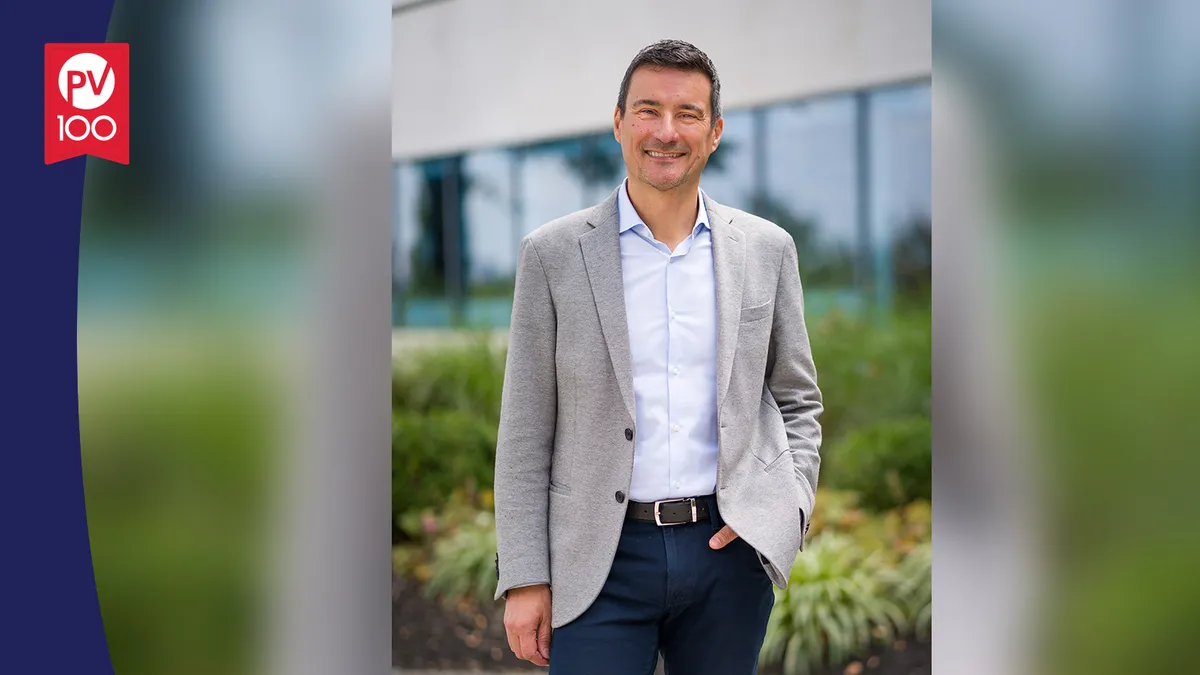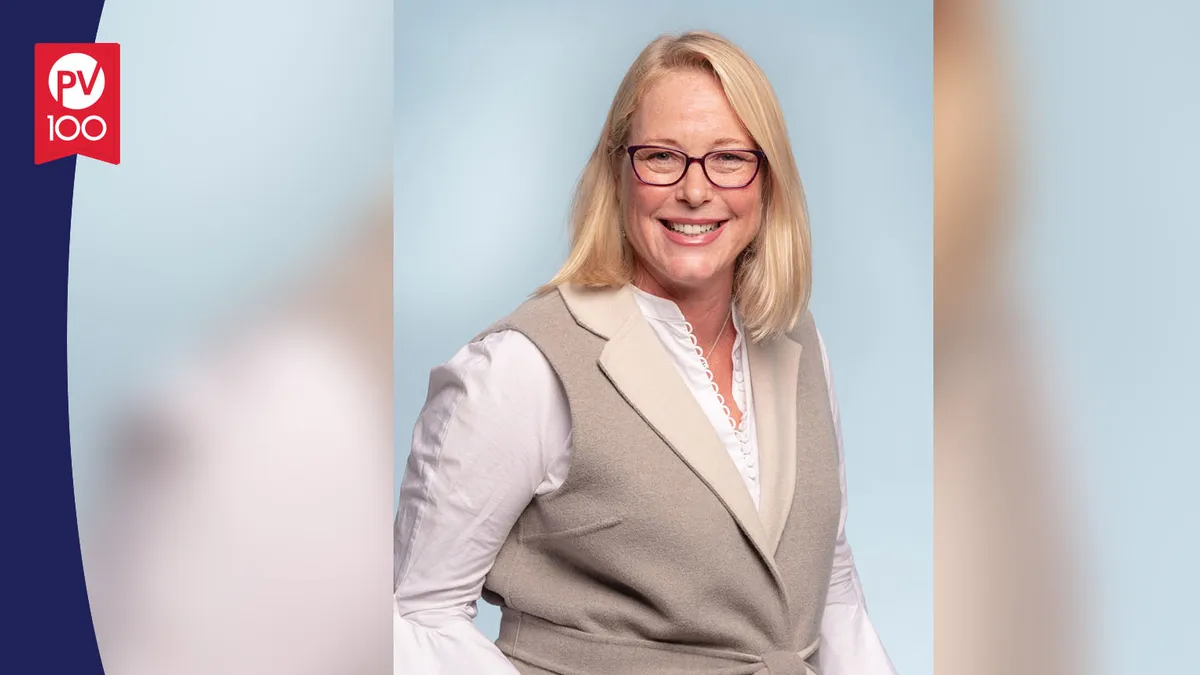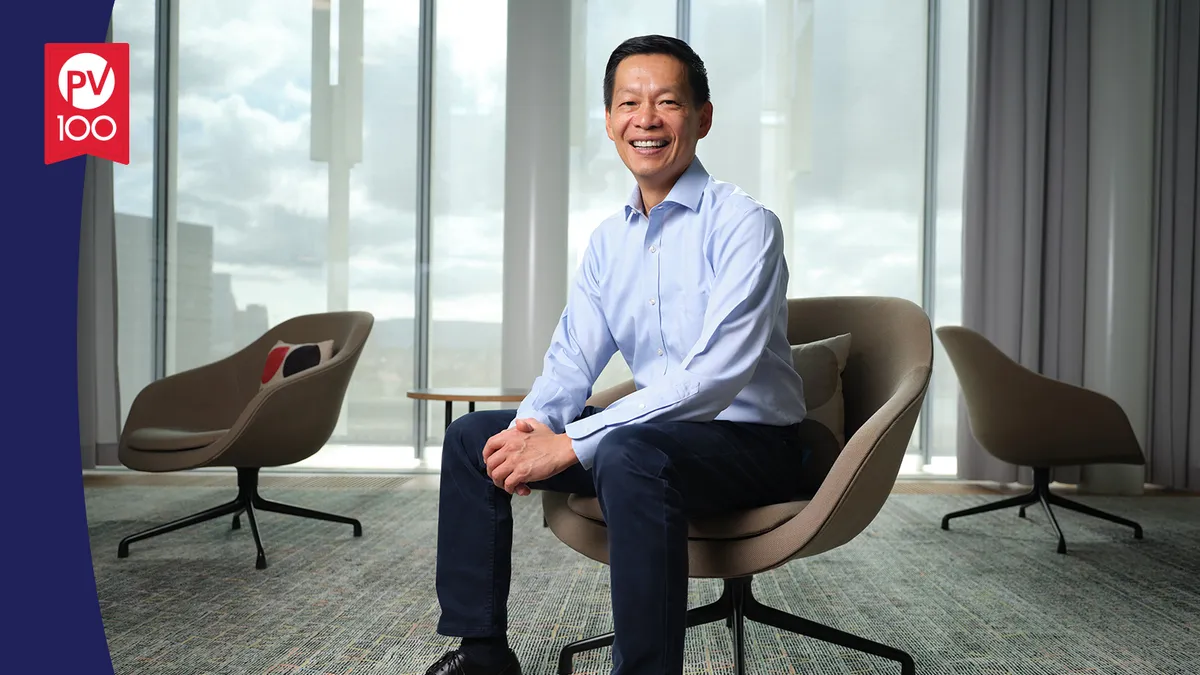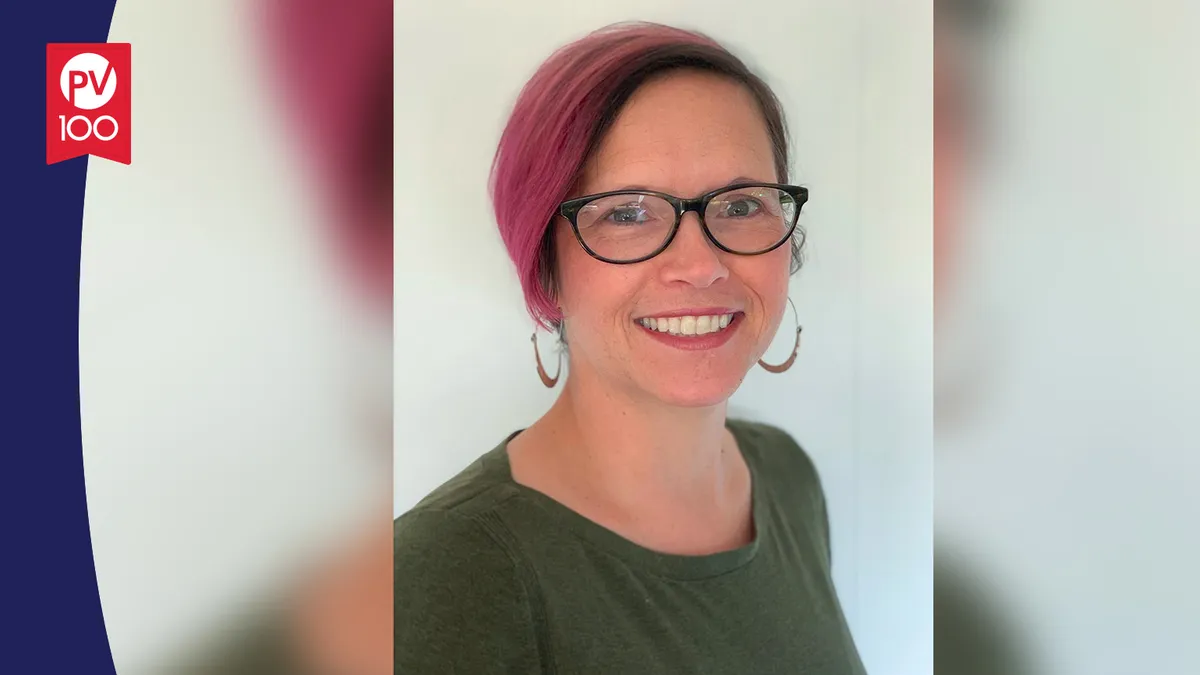Editor’s note: This story is part of our 2022 PharmaVoice 100 feature.
Our honoree: Elisha Hughes
Title: Director, research biostatistics, Myriad Genetics
The company’s focus: Myriad Genetics develops and offers genetic tests that help assess the risk of developing disease or disease progression and guide treatment decisions across medical specialties where genetic insights can improve patient care and lower healthcare costs, according to the company.
In 2022, Fast Company named Myriad “among the World’s Most Innovative Companies.”
Hughes’ biggest wins: Genetics is the perfect world for Elisha Hughes, who joined Myriad Genetics more than a dozen years ago. With degrees in computer science and mathematics, she has a knack for uncovering new ways to address hypothesis tests where classical methods don’t apply. Hughes “is an innovator who illuminates the boundary of science,” says one of her nominators. “She works to develop new statistical approaches that have never been seen in precision medicine.”
Several years ago, Hughes and her team turned their attention to understanding why certain patient populations’ risk assessments were proving unresolved. “Hughes realized there were large volumes of literature demonstrating that polygenic scores are important to explain genetic breast cancer risk. The idea behind polygenic scores is that genetic risk for breast cancer can be explained by variants across the genome, rather than a mutation in a single gene. However, a large problem with polygenic literature was that the vast majority of studies were based on women of European ancestry, making it difficult to have equity with these breast cancer risk assessments,” her nominator says.
"The most meaningful item on my desk is a 30-minute sand timer. It helps me remember to look away from my screen every 30 minutes, but it’s also an important reminder that the simplest tools are often the best tools."
Elisha Hughes
Director, research biostatistics, Myriad Genetics
Over the years, Hughes has concentrated on advancing the science to a “new way of thinking about polygenic risk and a novel methodology that is accurate for all women, regardless of ancestry. Thanks to her dedication to making this assessment equitable, thousands of women have been able to understand their individual risk of breast cancer. Today, healthcare providers can more accurately identify women who are likely to benefit from increased breast cancer screening, and those who can safely forgo increased surveillance,” one of her nominators says.
Her impact: Hughes’ determination to make a difference for patients and her statistical prowess are leading to potential solutions beyond breast cancer risk assessment and for people whose ancestry is not European-based. “Hughes and team have developed a framework that can be applied across the spectrum of genetic diseases to create PRS that are accurate and equitable for all ancestries,” a colleague says. “Outside of her advancements with PRS, [Hughes] is a quintessentially collaborative enterprise, as she often works closely with researchers from cancer centers and academic institutions.”
Why she is inspiring: Despite Hughes’ advancement in creating a “paradigm shift,” colleagues say her efforts have not always been “championed in the industry.” Hughes says: “You can recognize a pioneer by the arrows in their back.”
Her nominator says: “Still, as innovators, as pioneers in precision medicine, [Hughes] and her team remain inspired to carry advances to their practical end: an expanded and more informed standard of care to improve health outcomes, encompassing the connection of research data to guide treatment decisions, and reduce healthcare disparities. [Hughes’] path is at once new and time-honored. Science has always thrived on innovation over immobility.”
In her own words: “I was drawn to the life-sciences industry, and specifically cancer genetics, because this was an area where I could apply my background in mathematics and computer science to help improve the lives of patients.”


